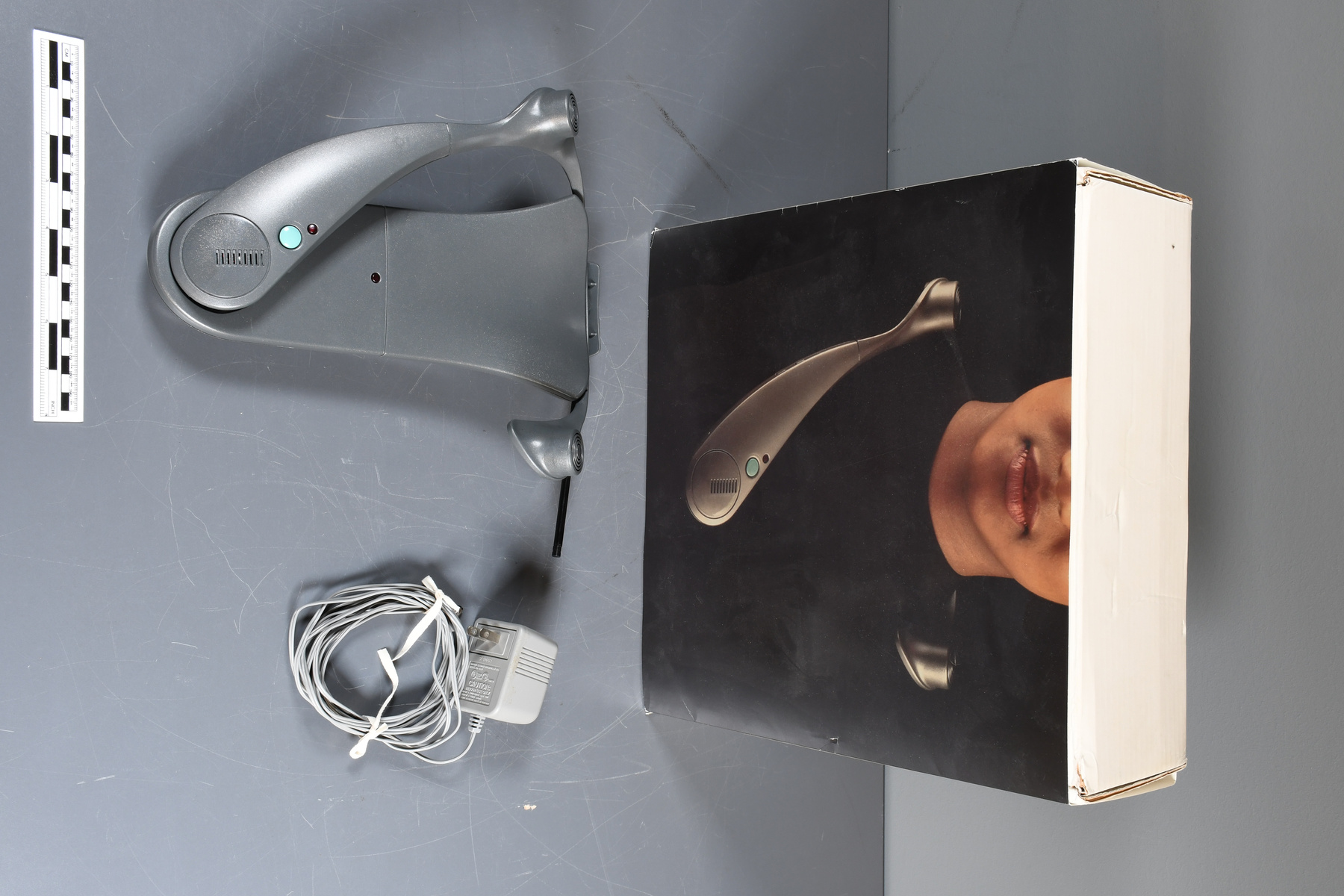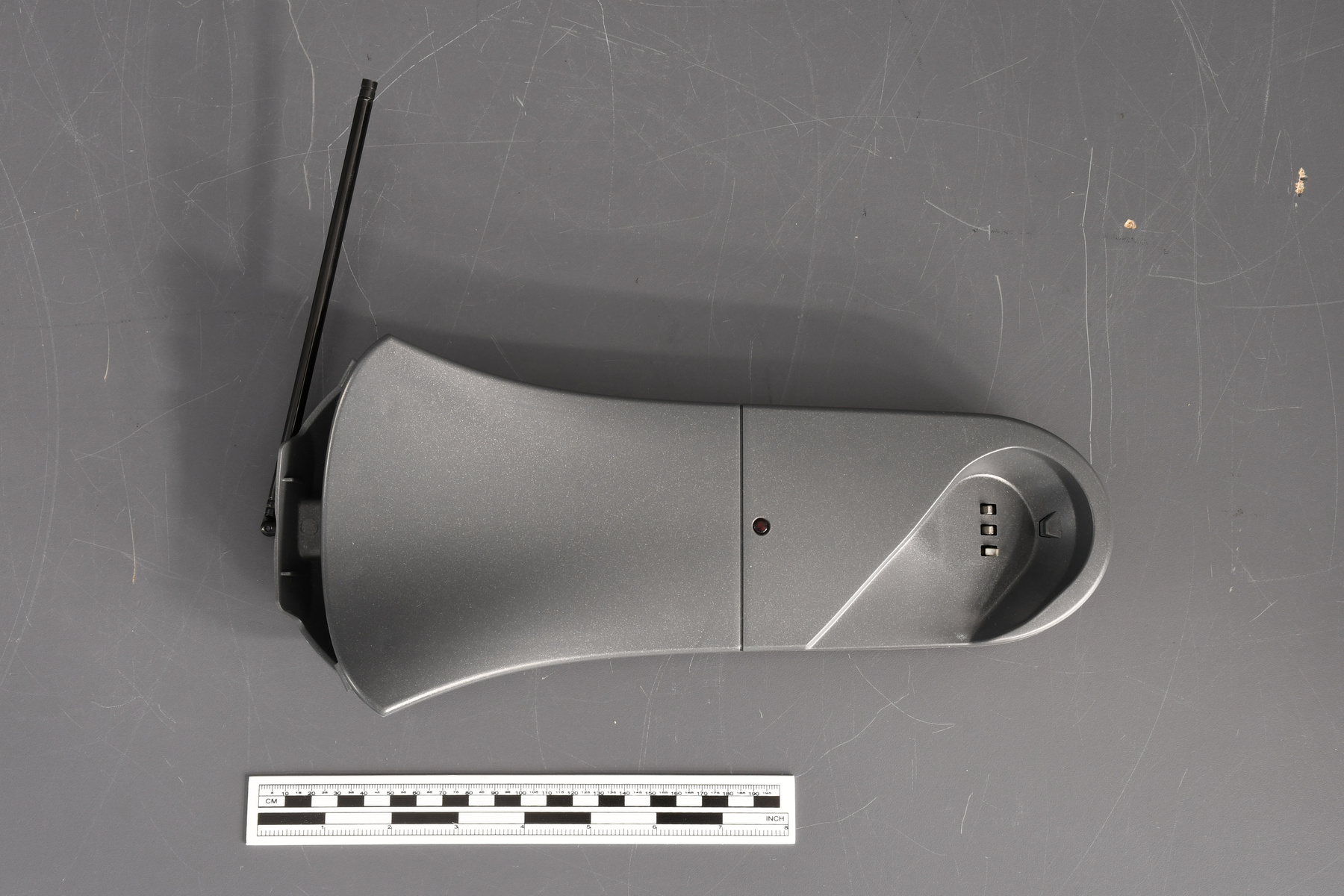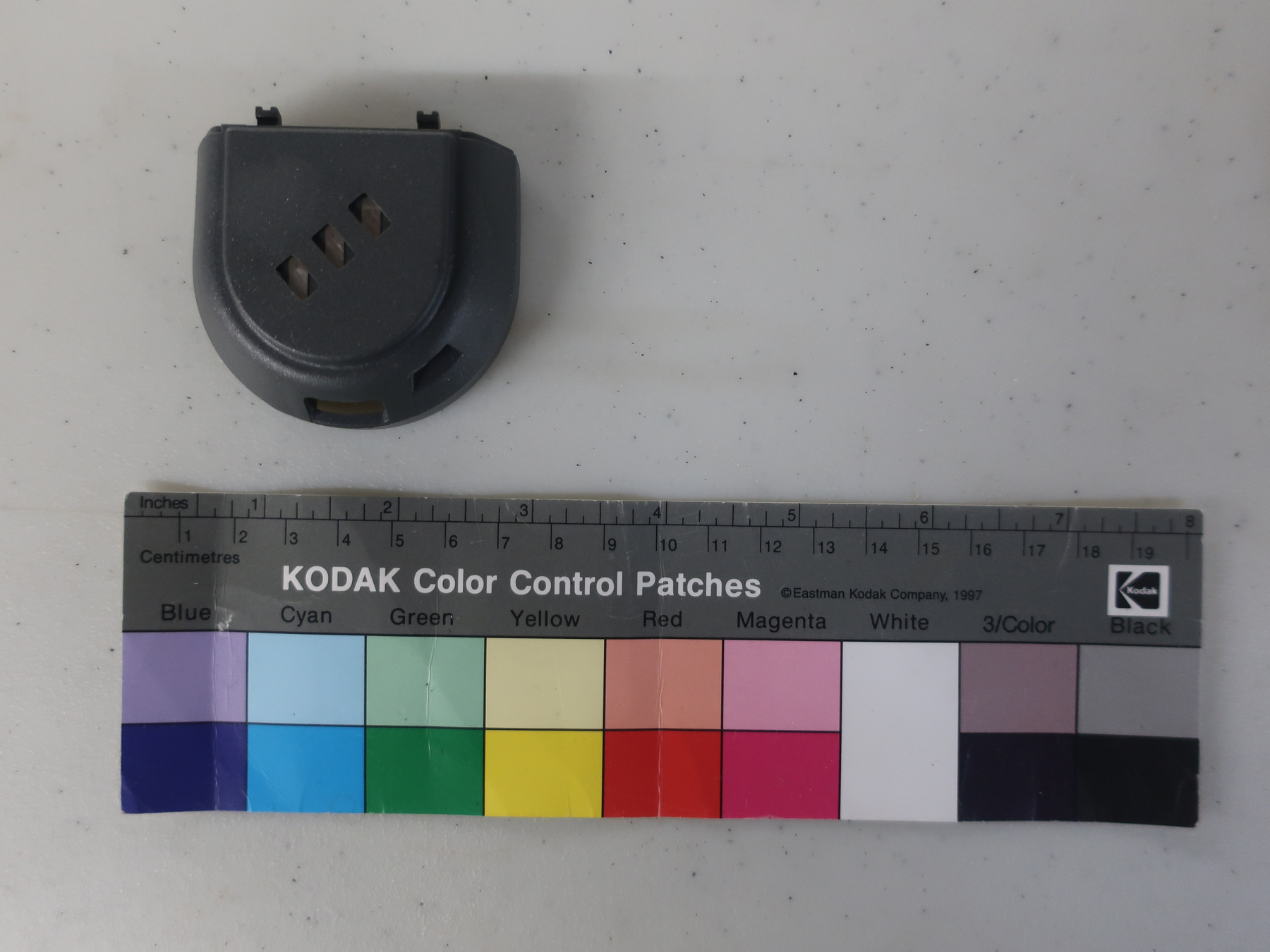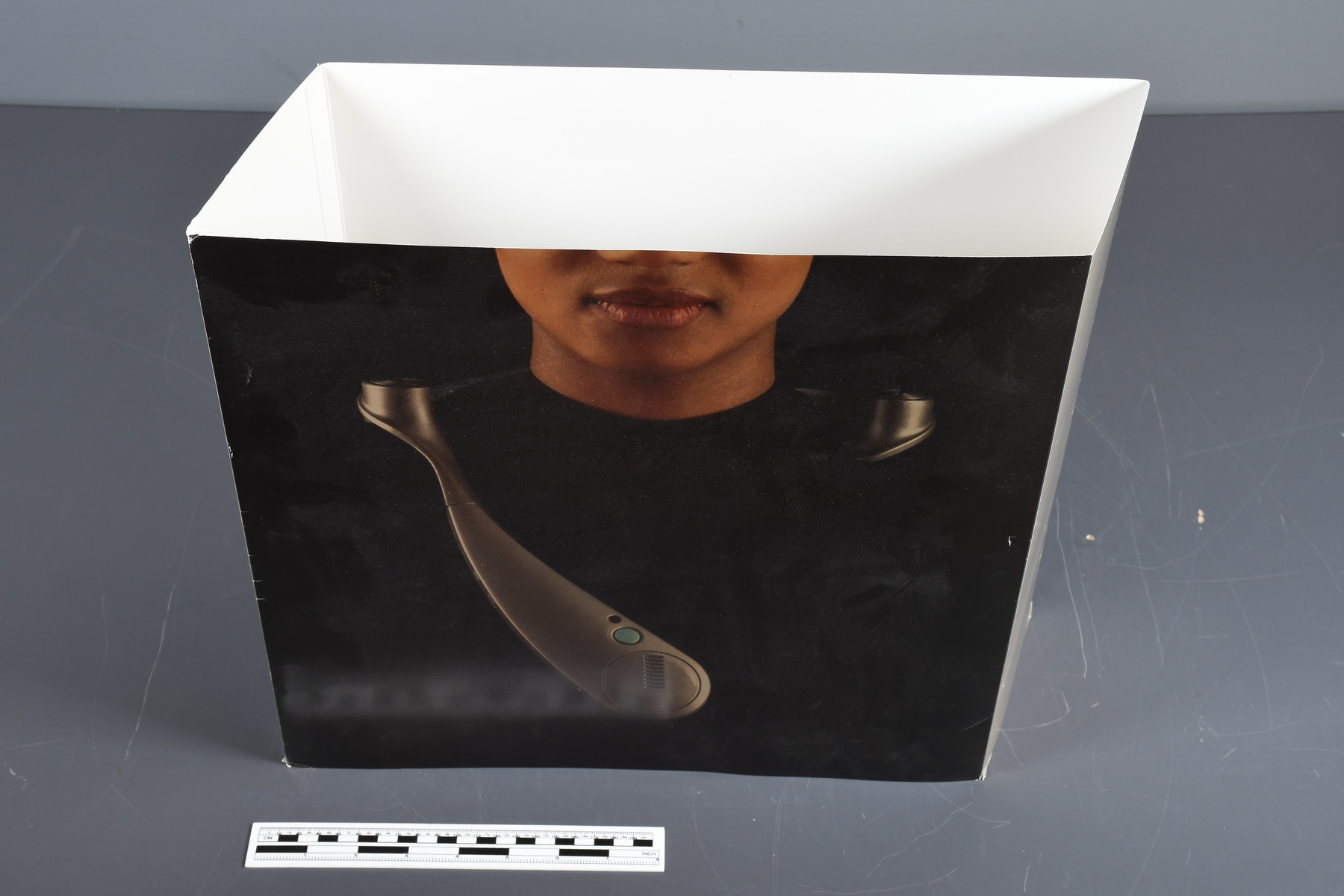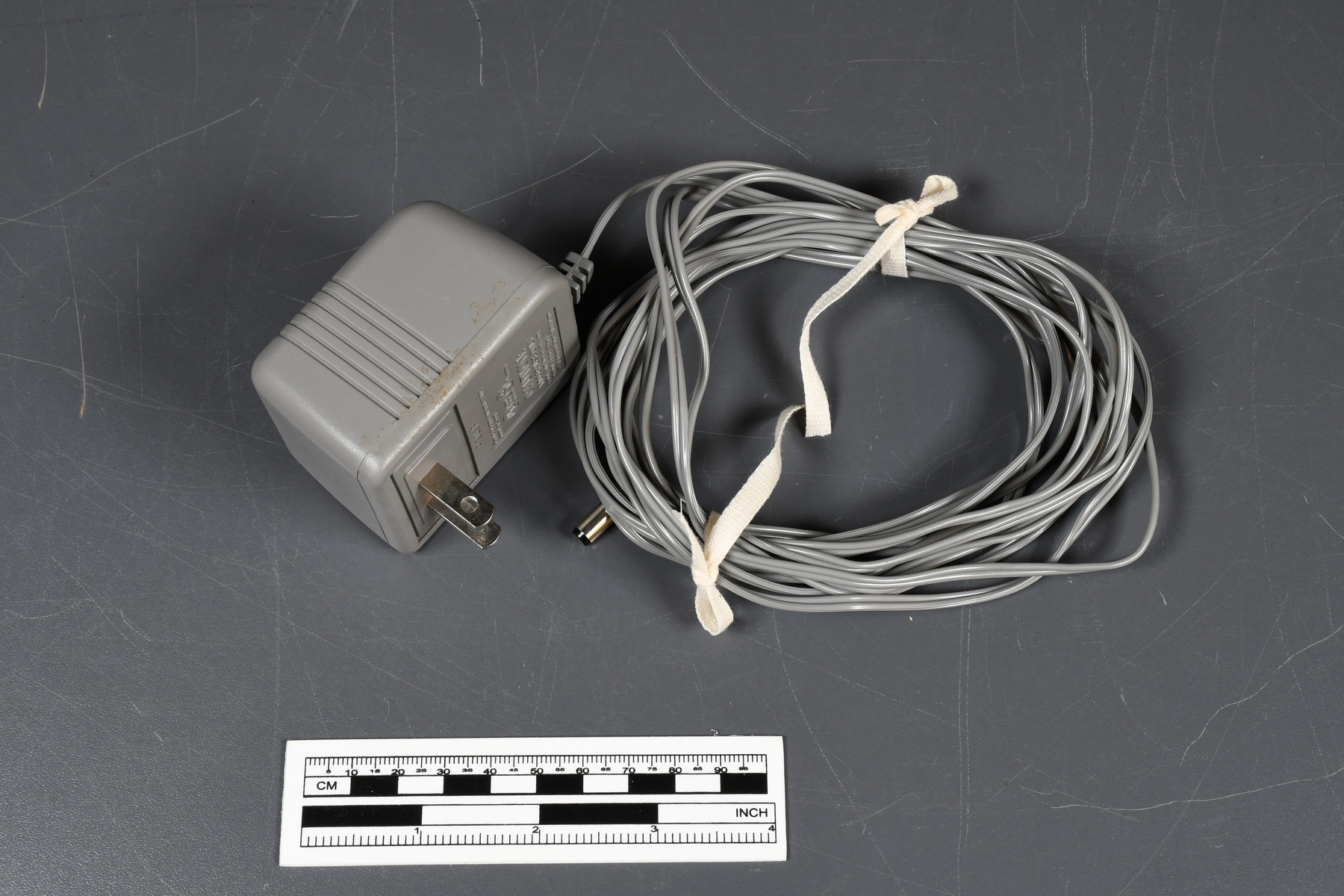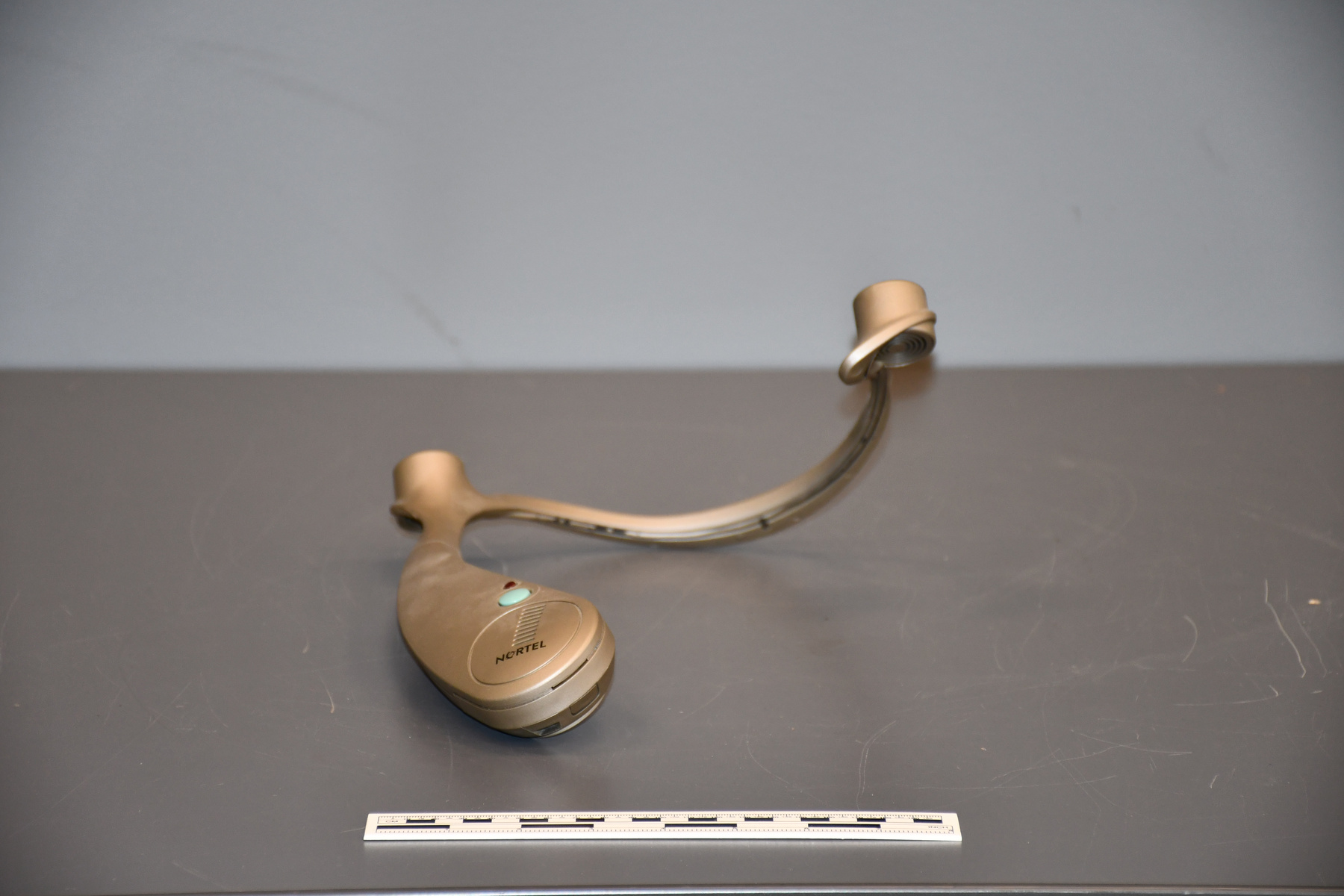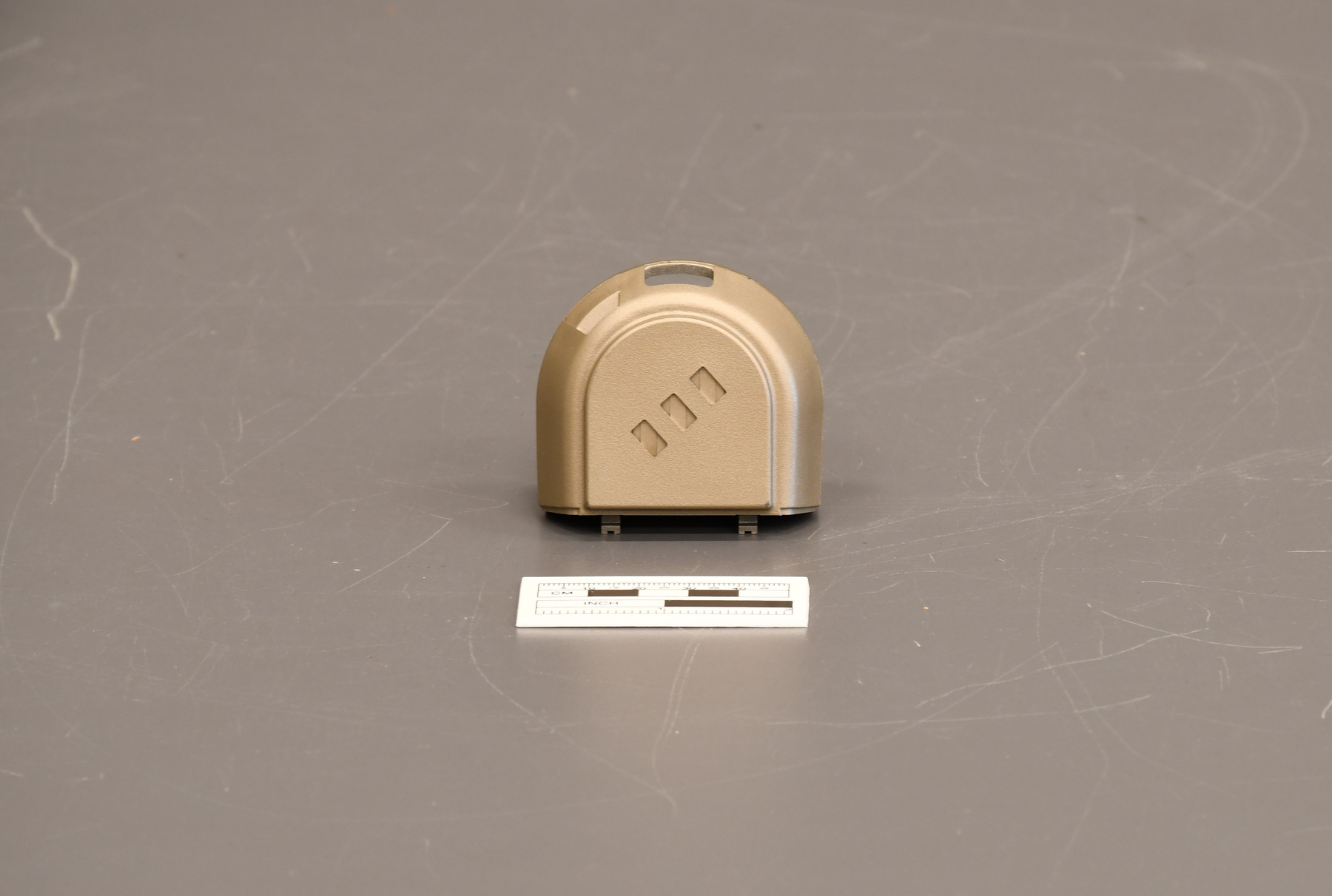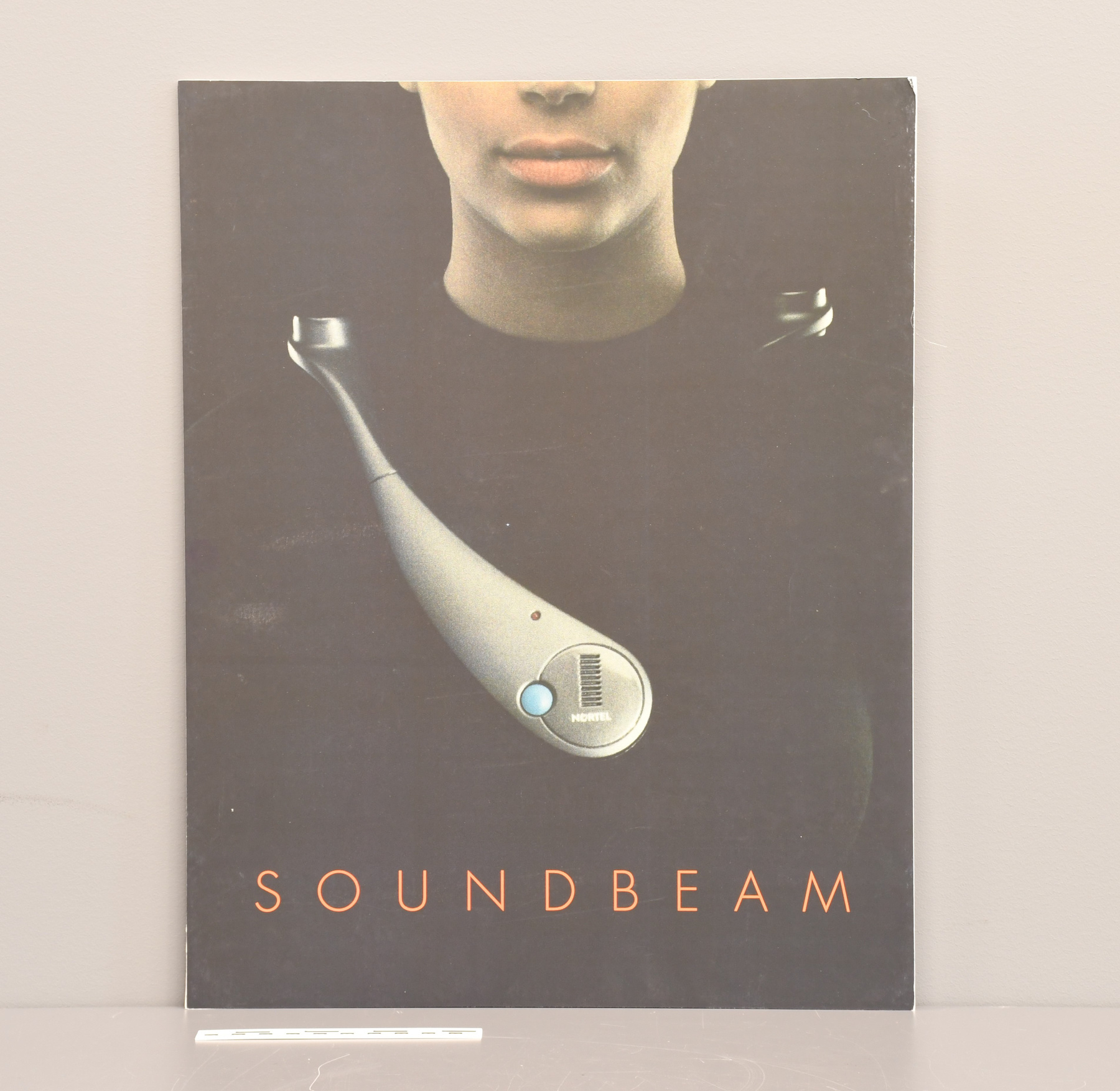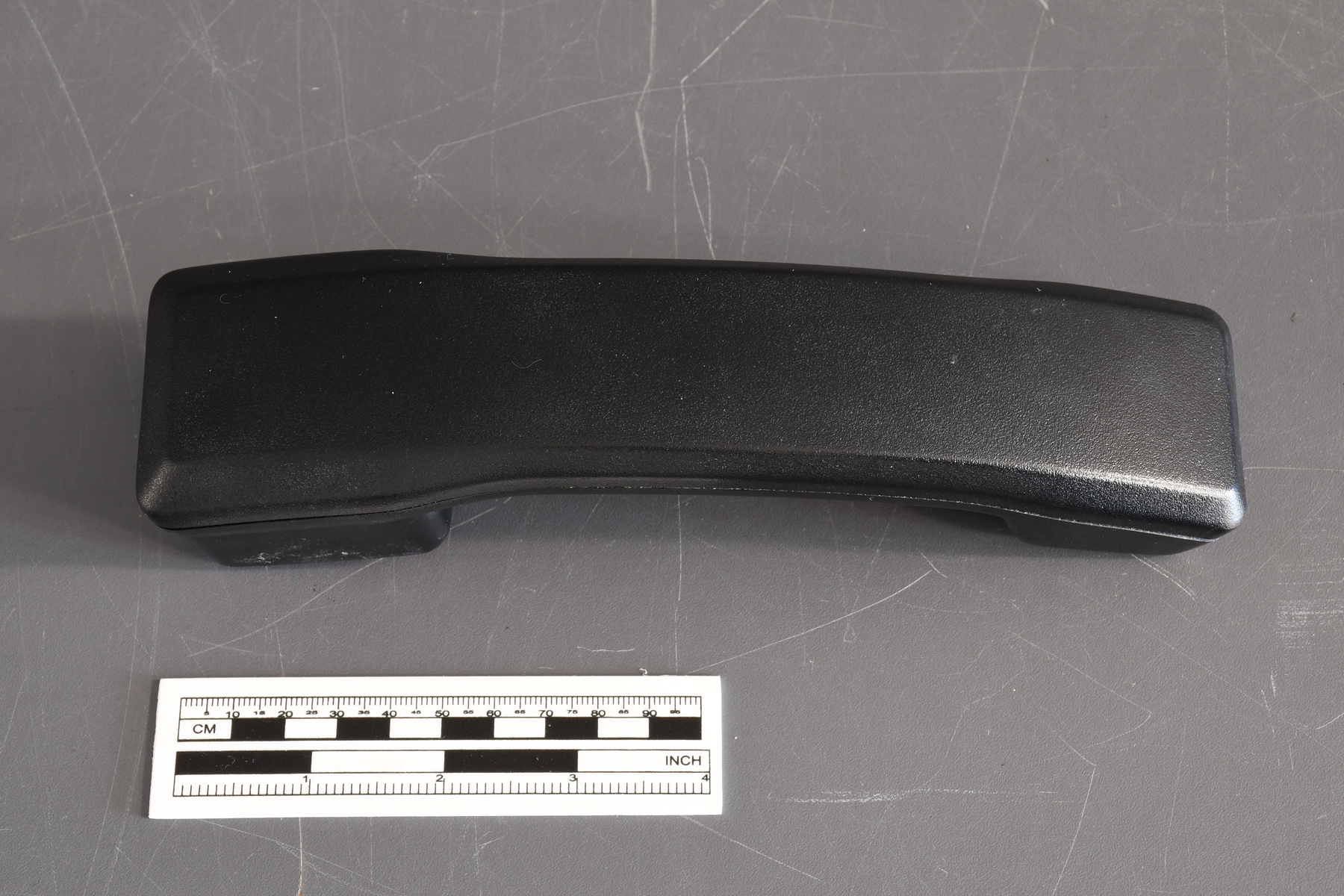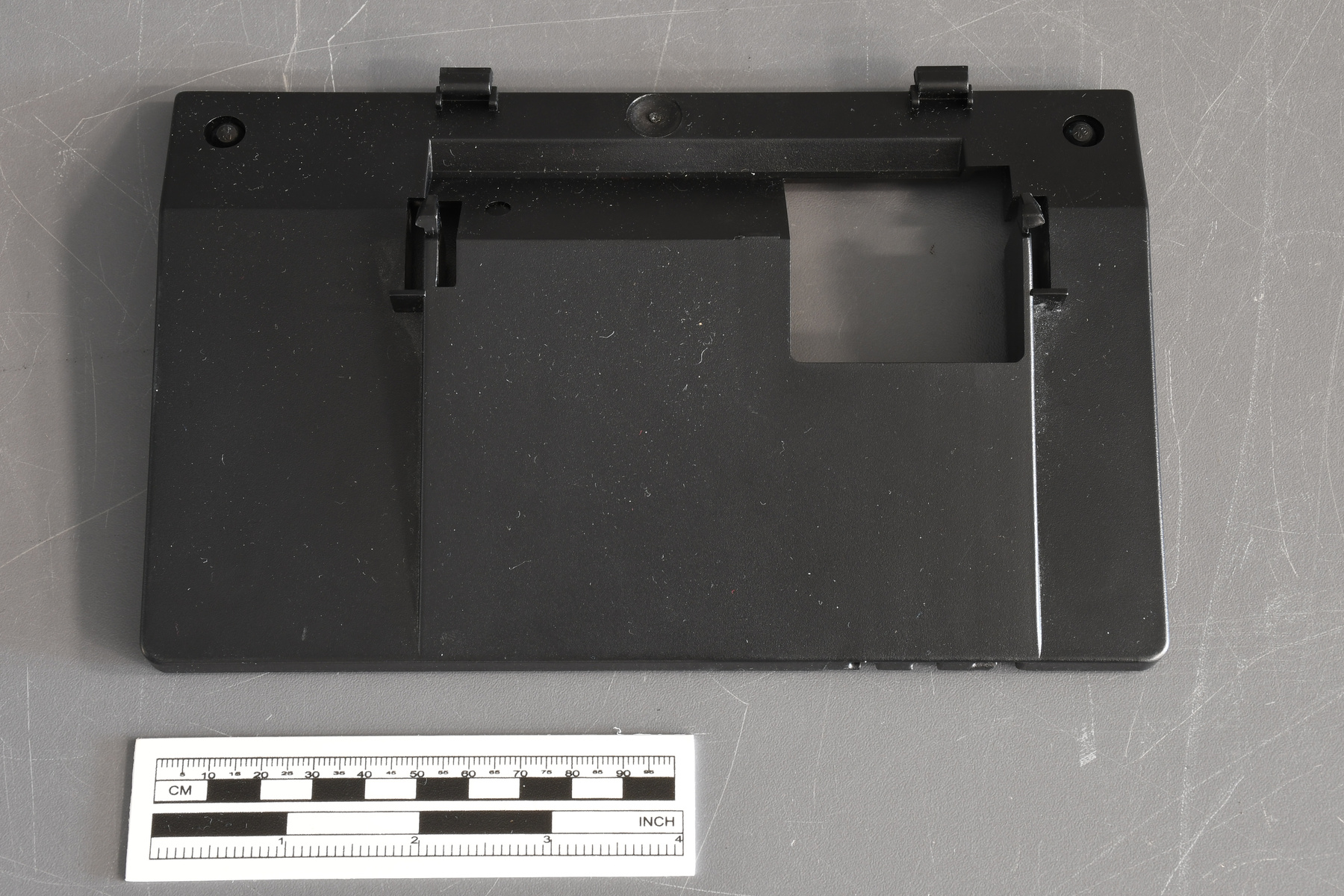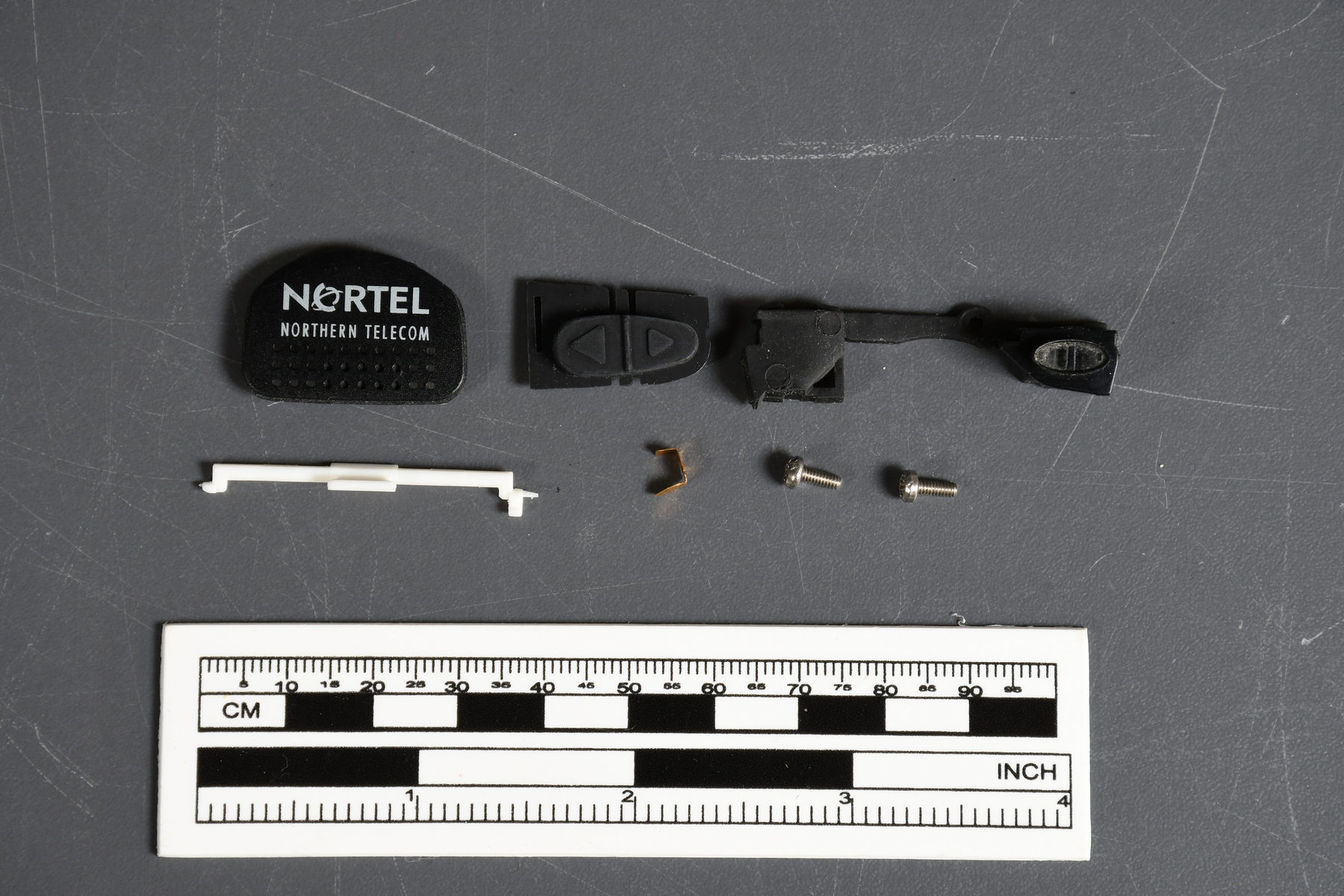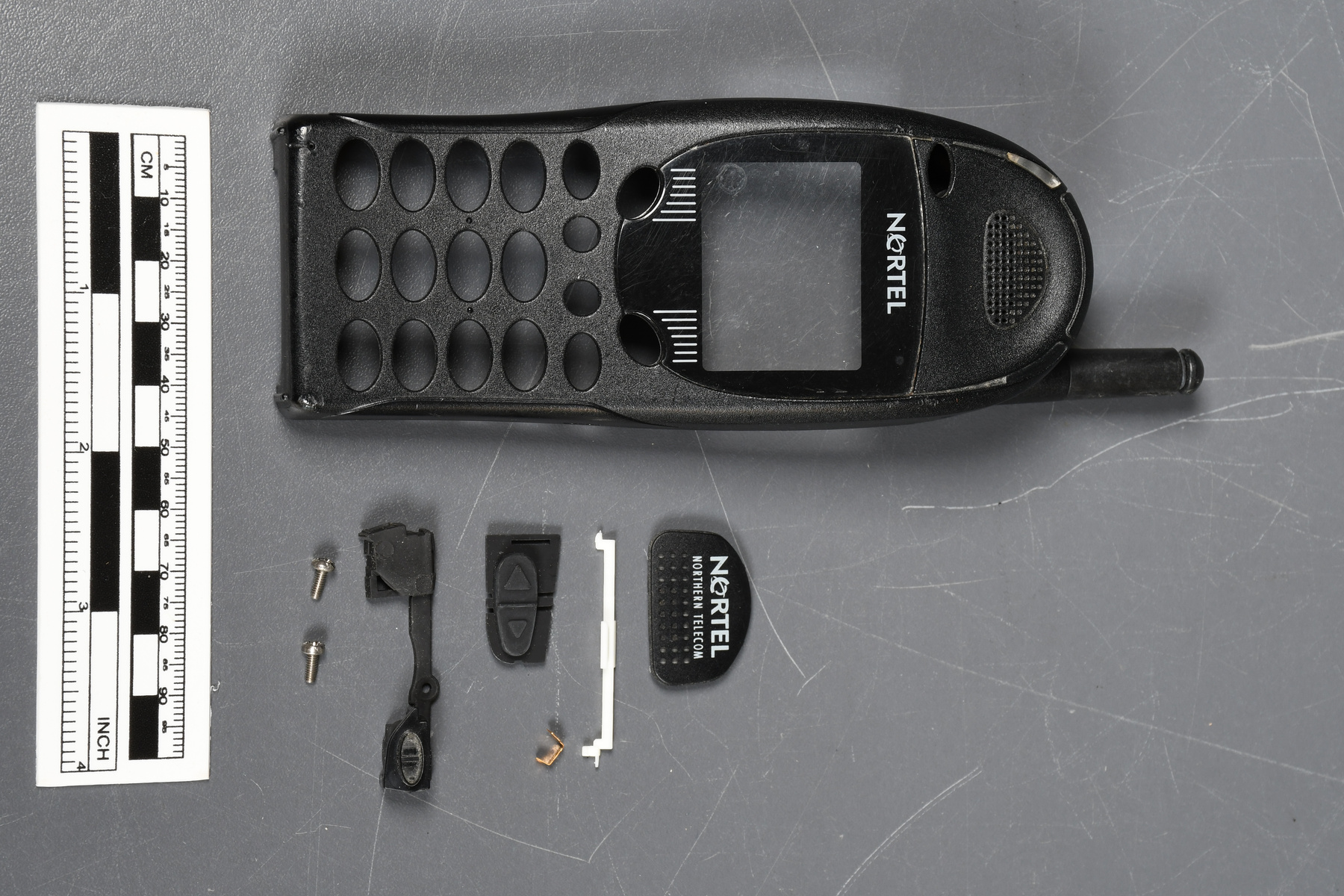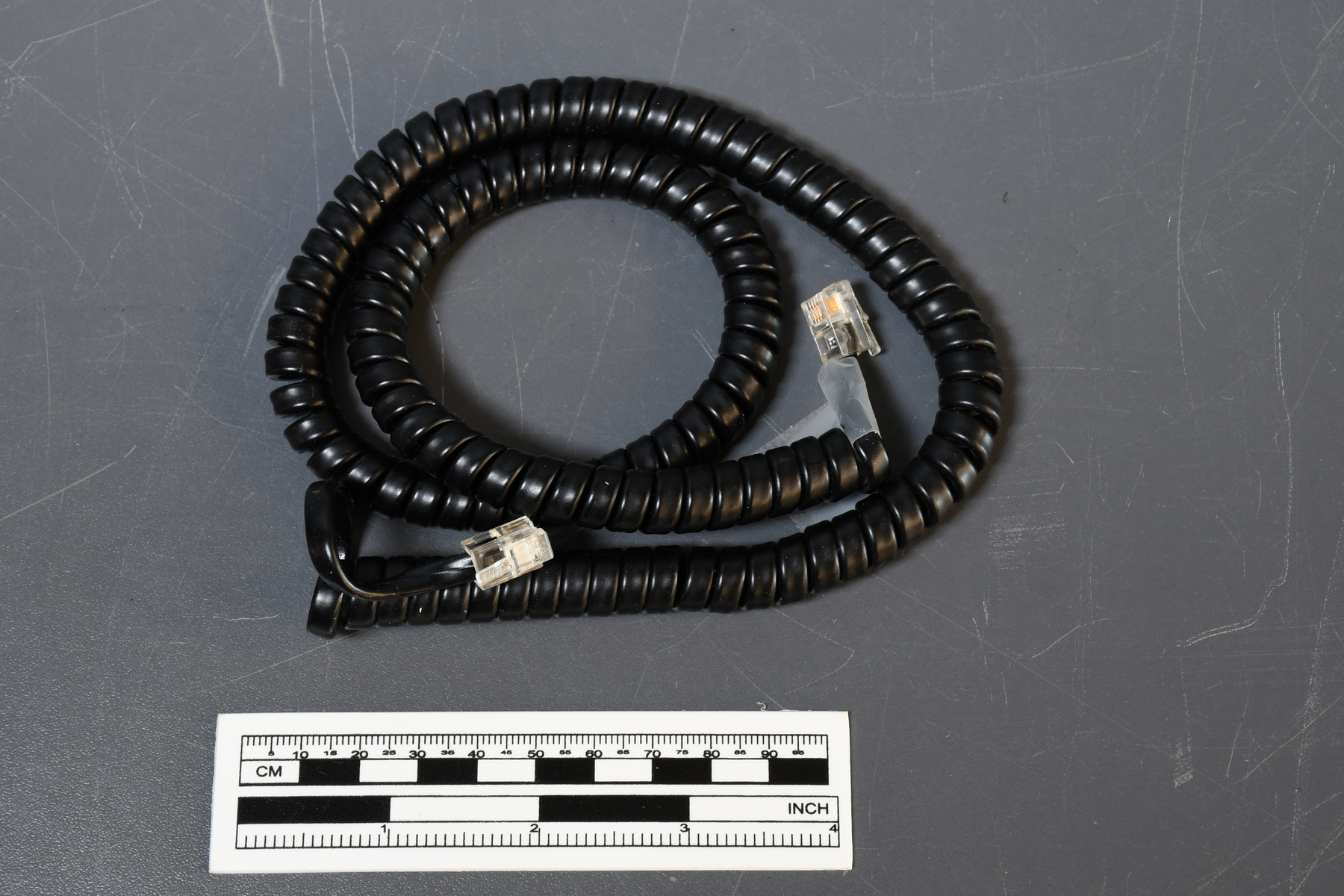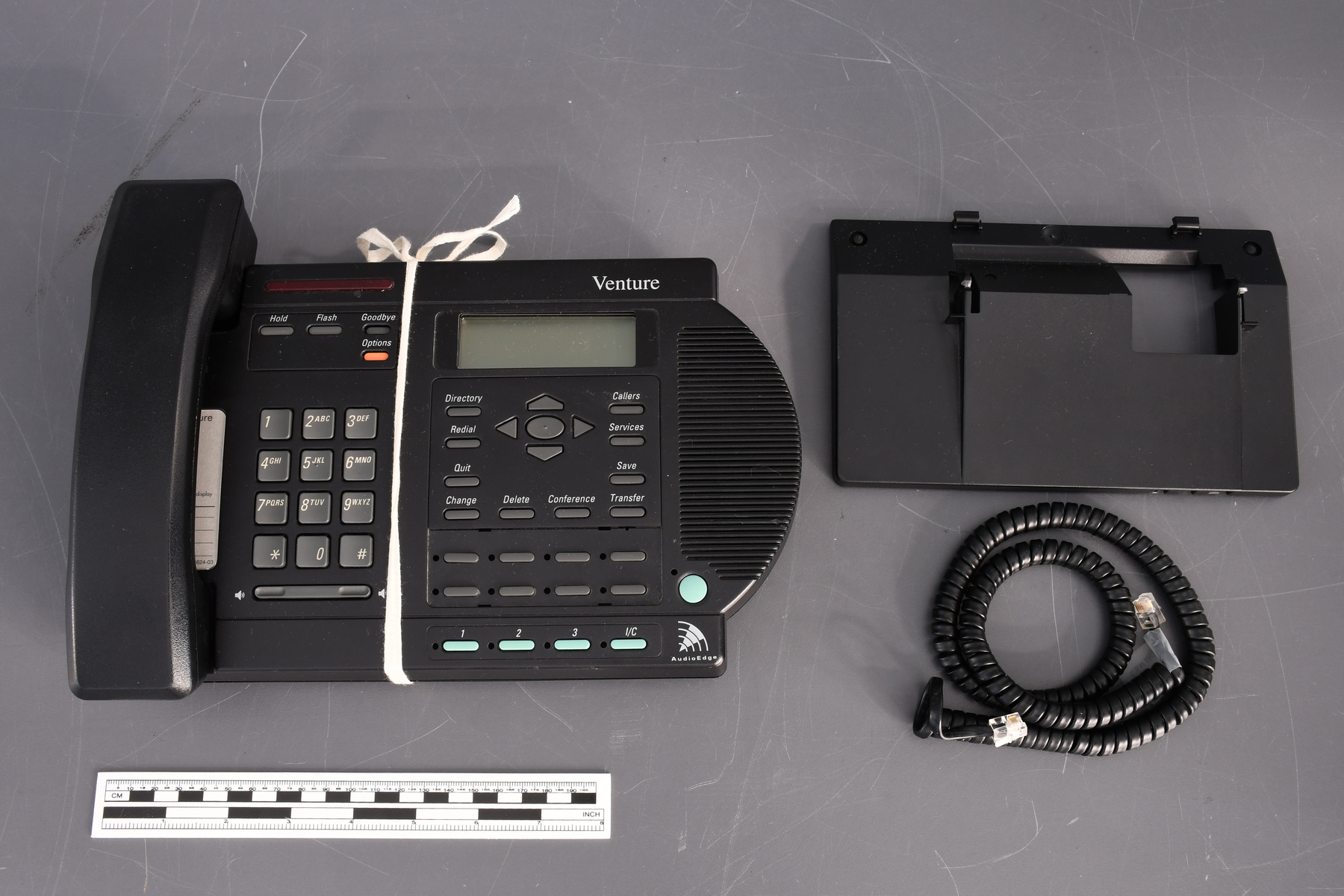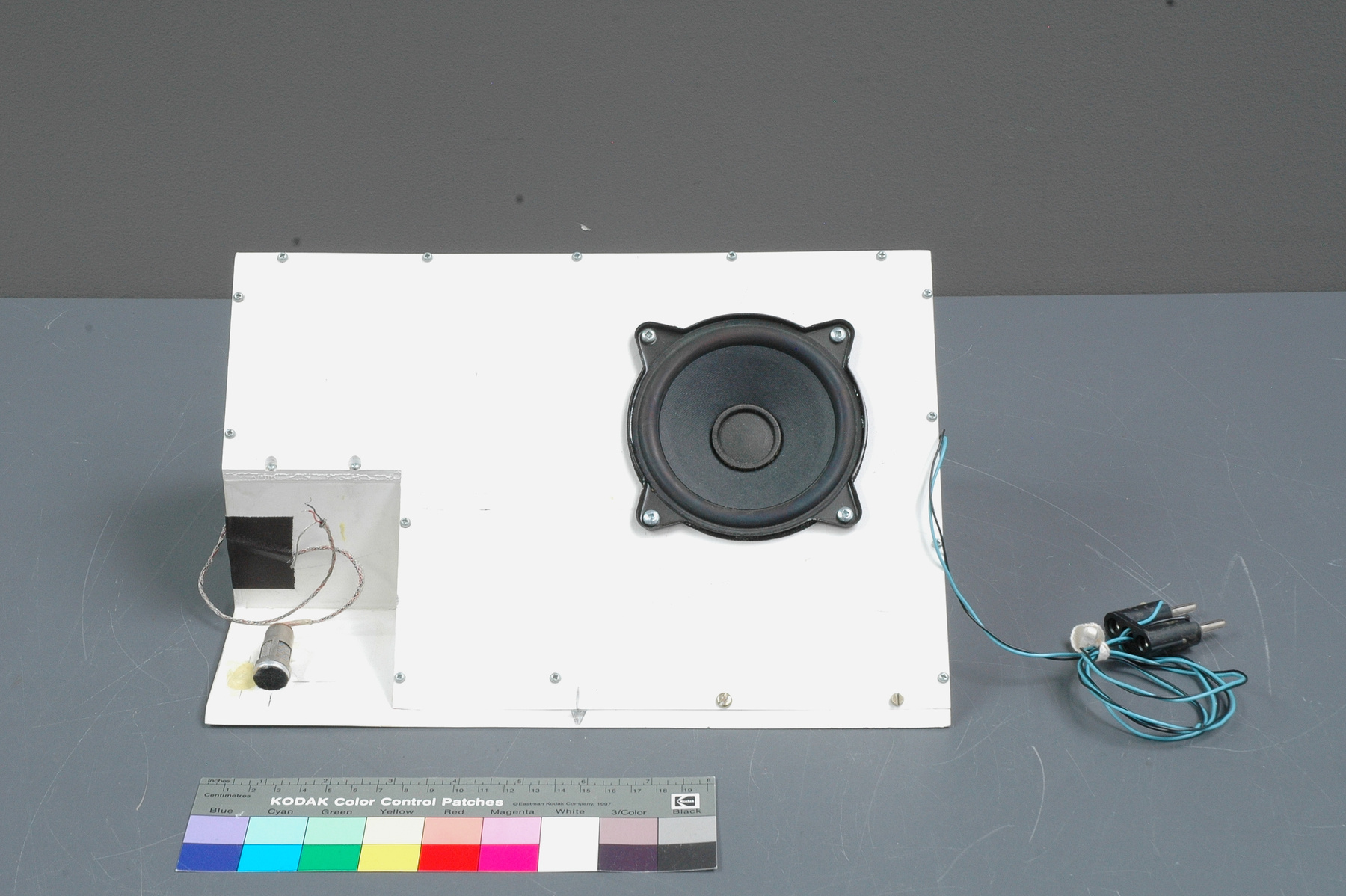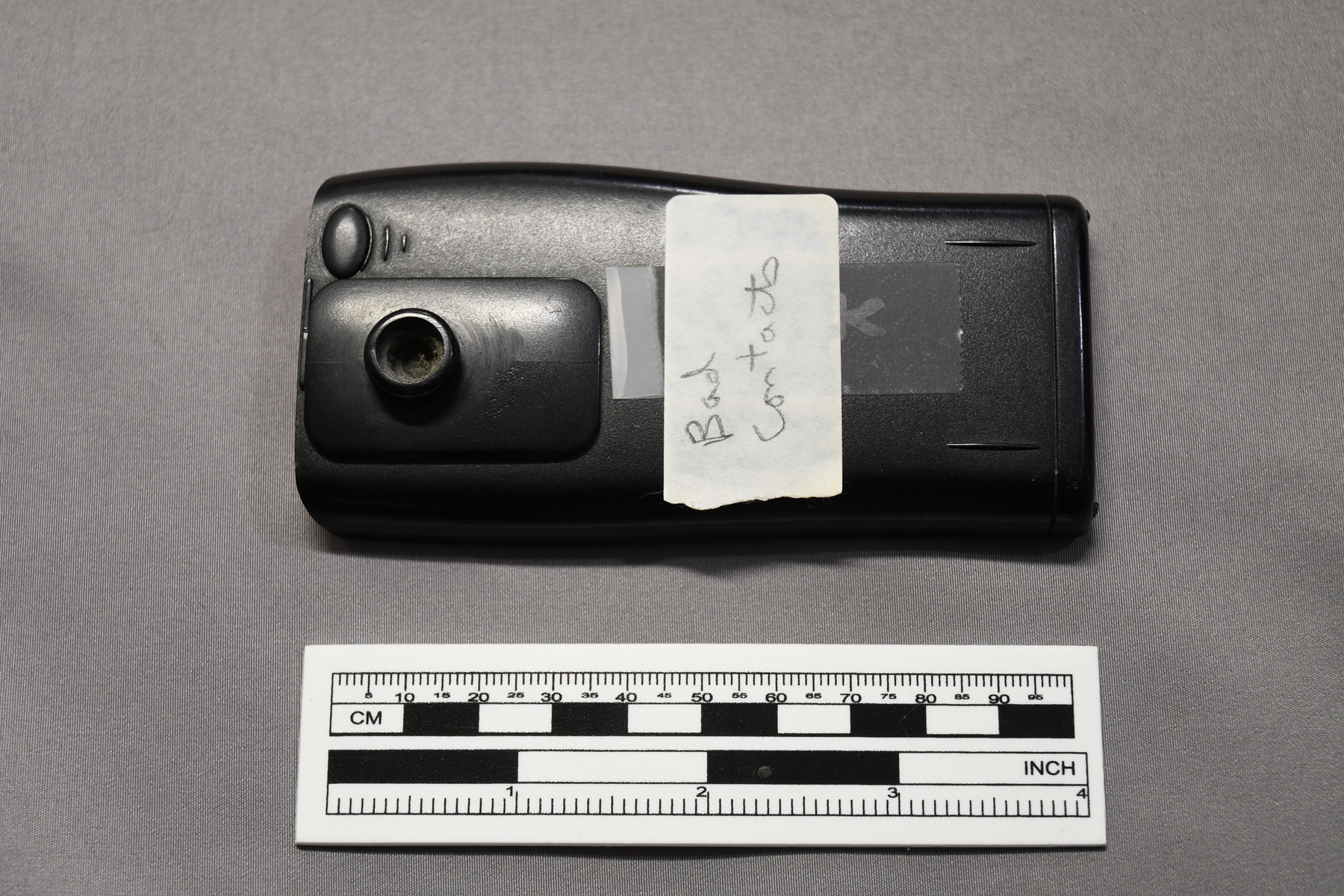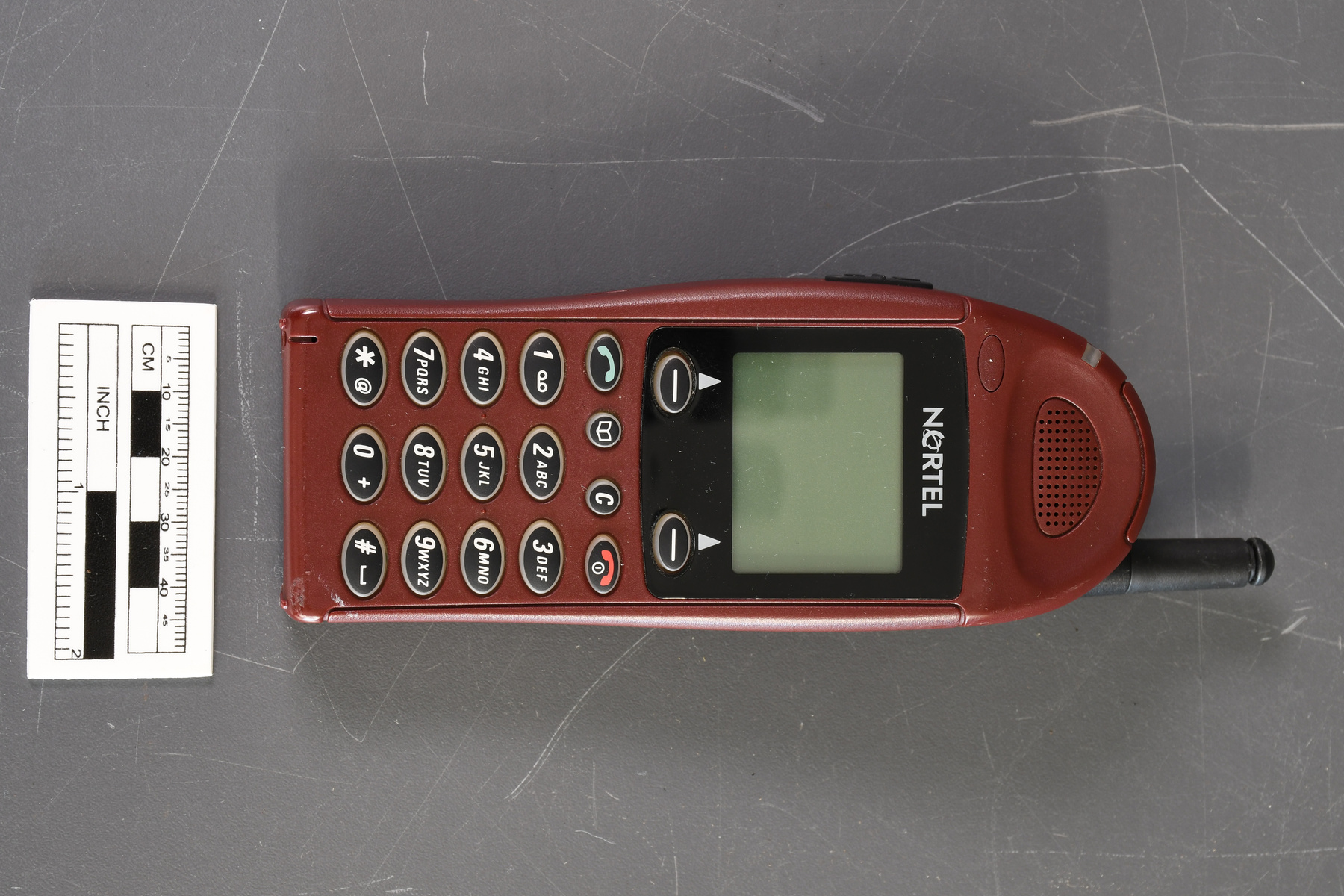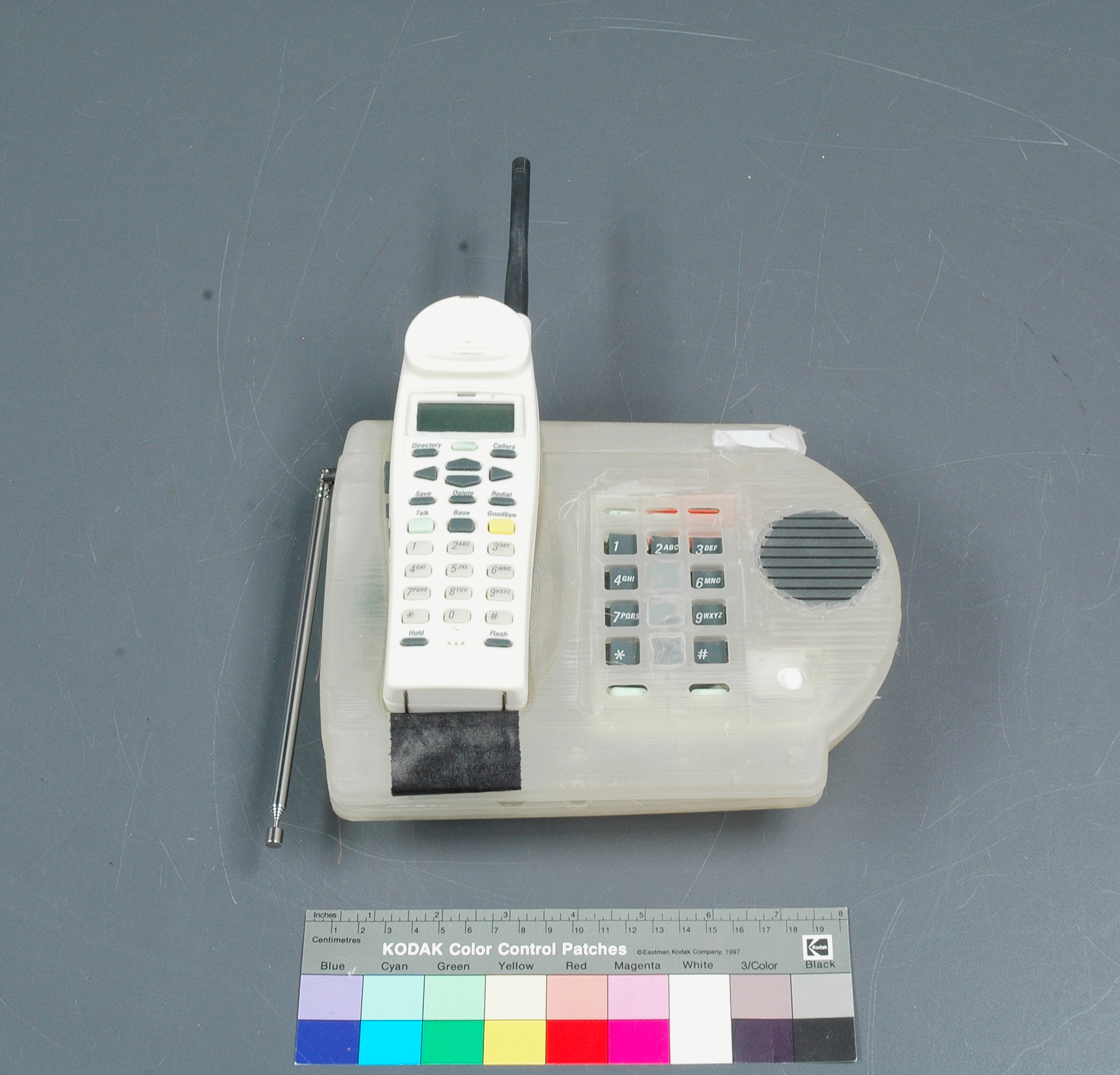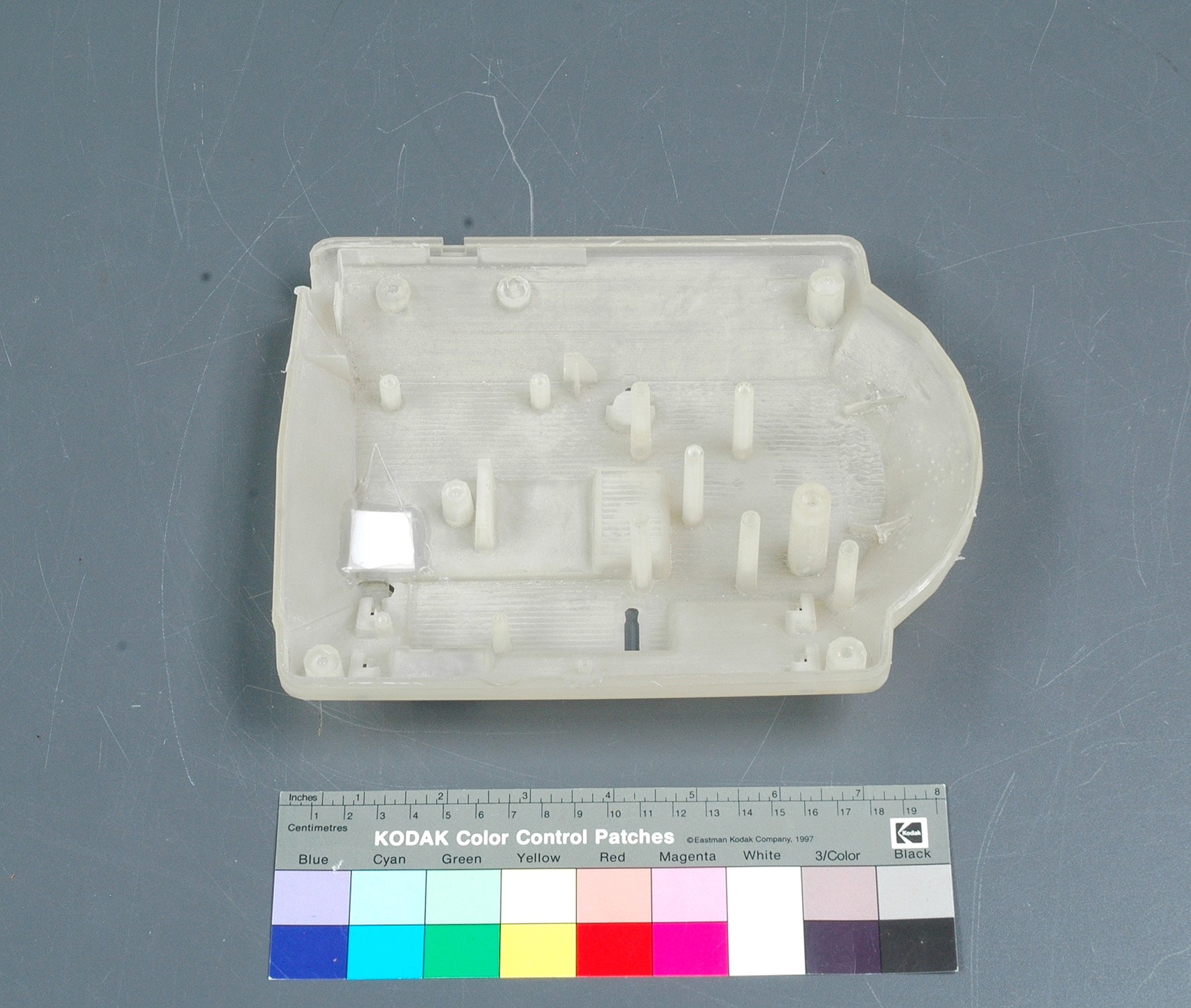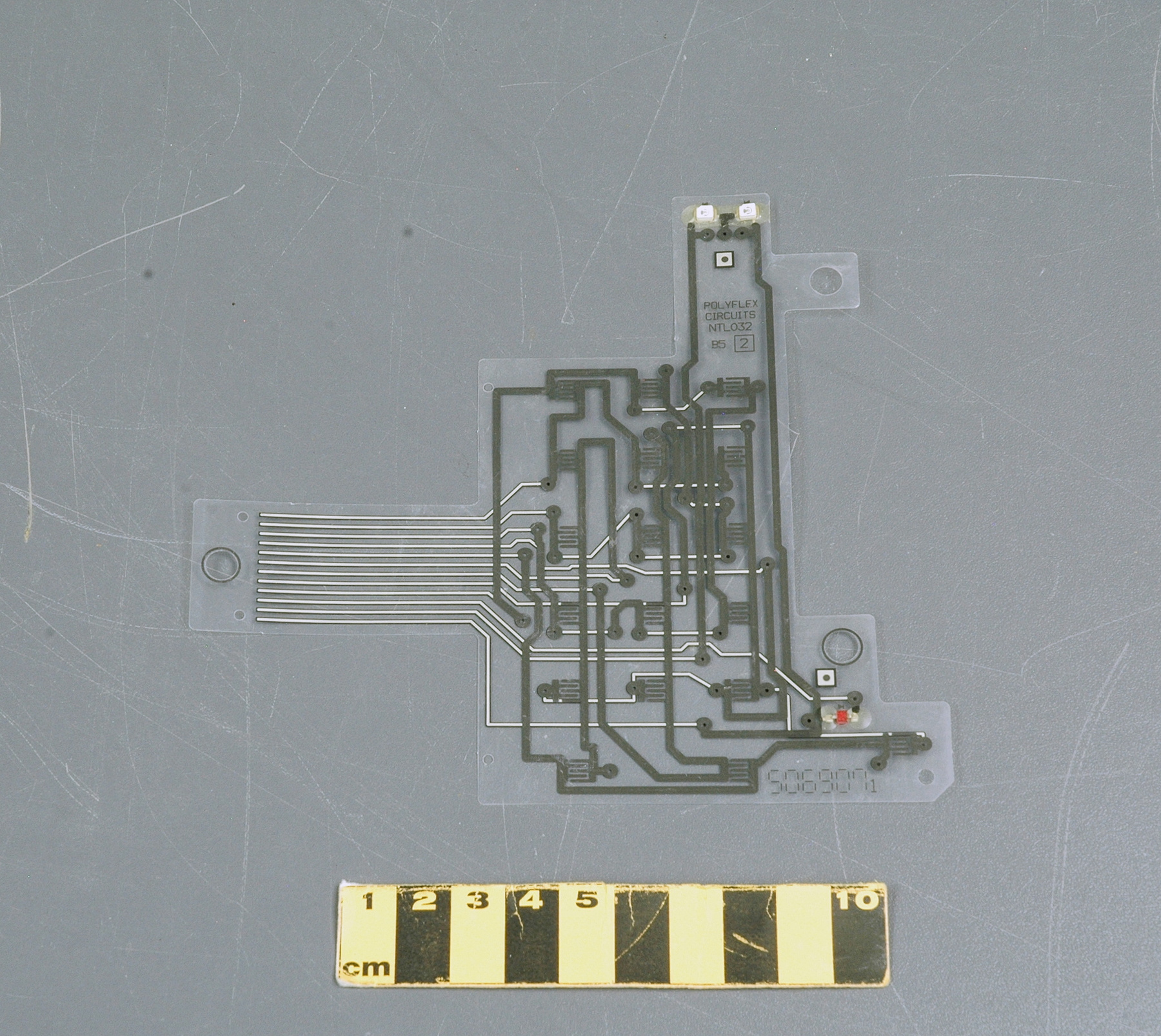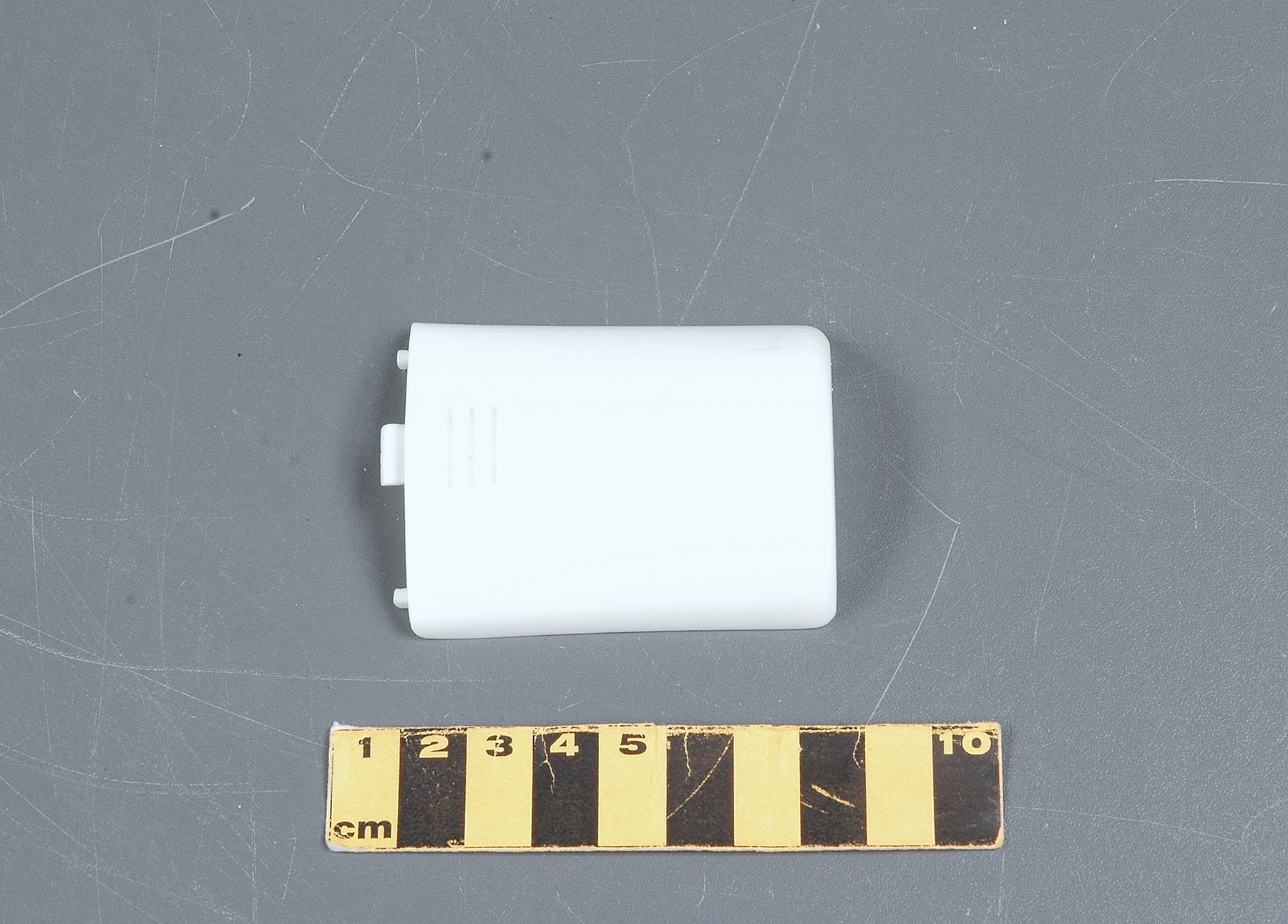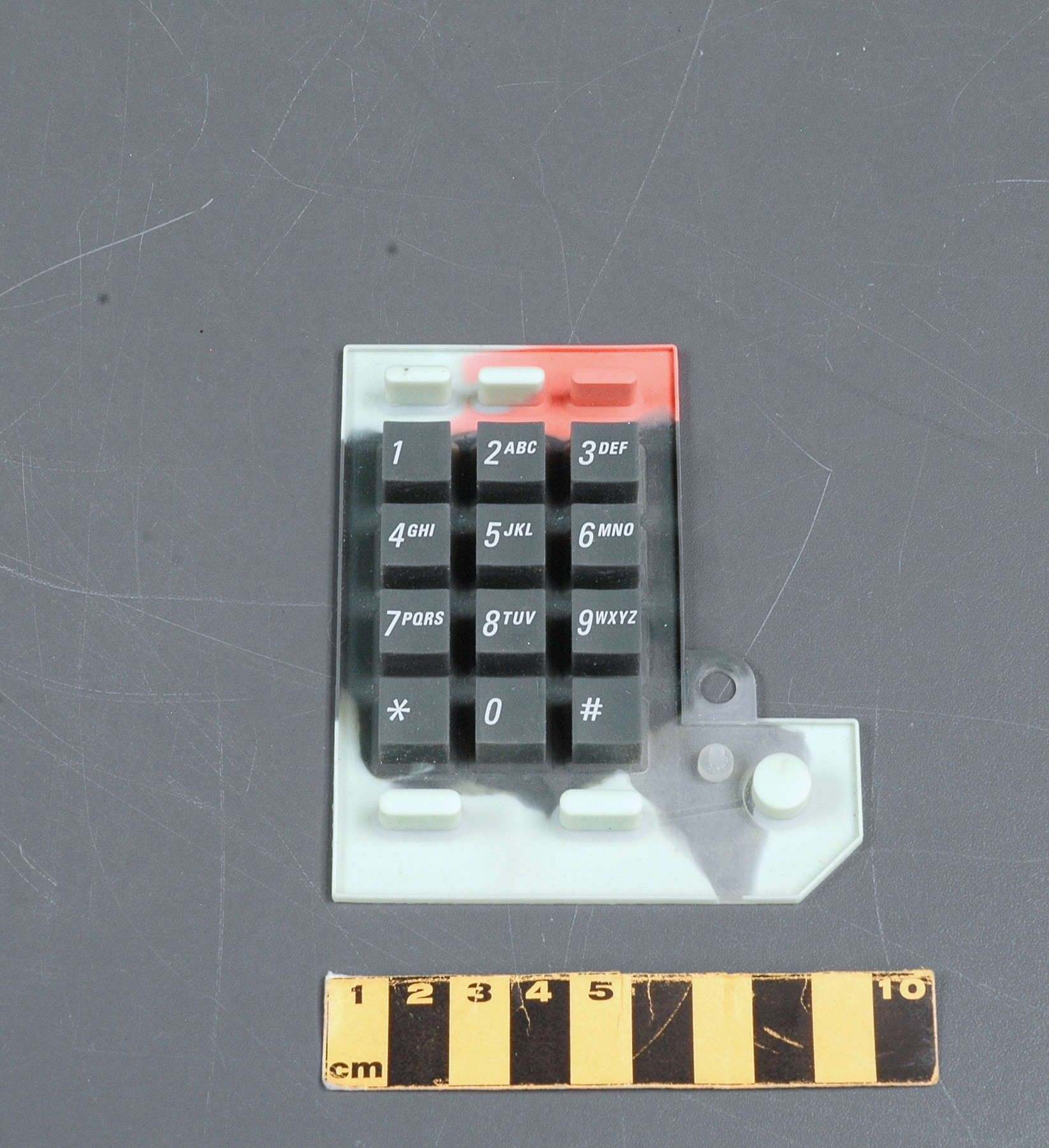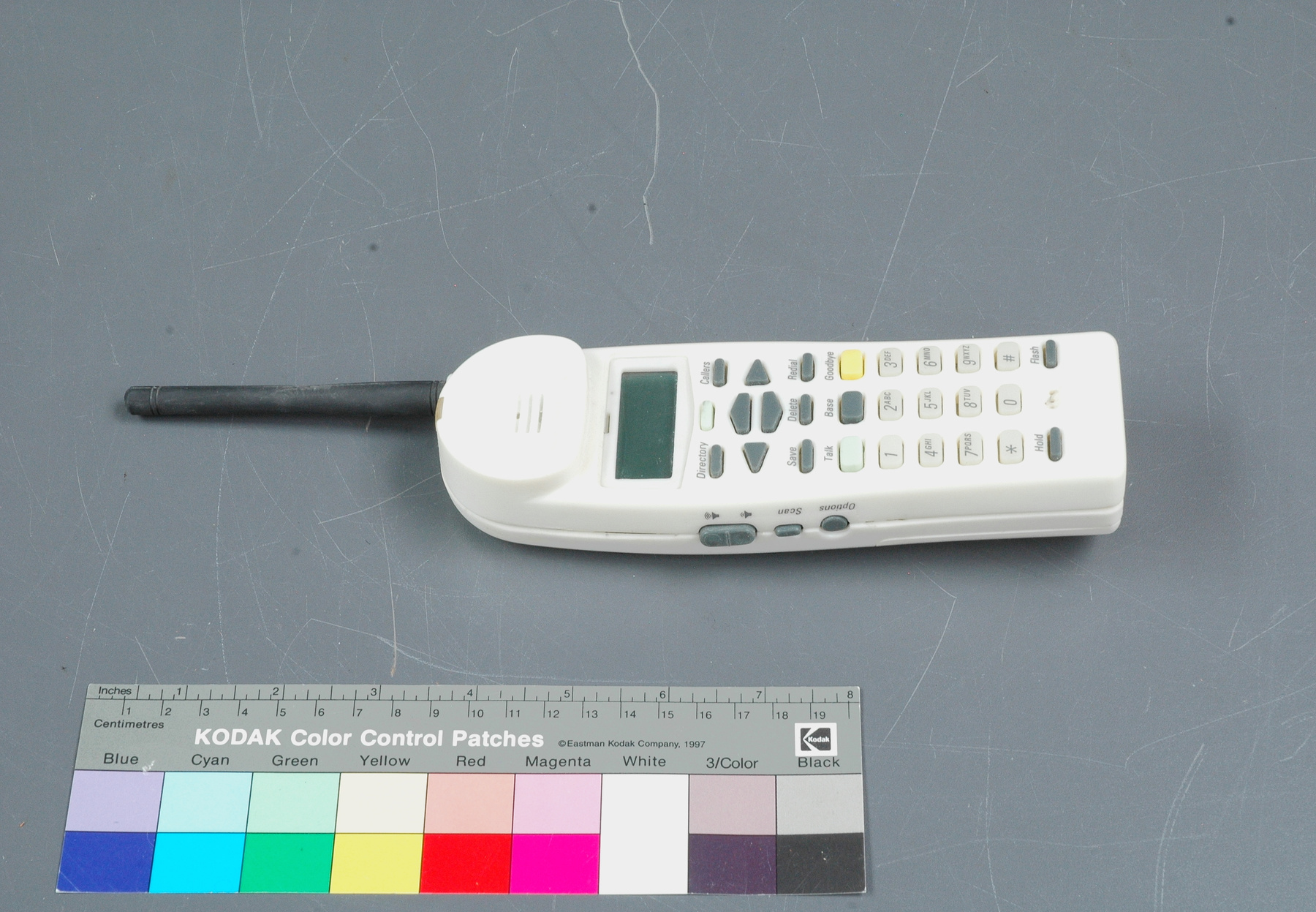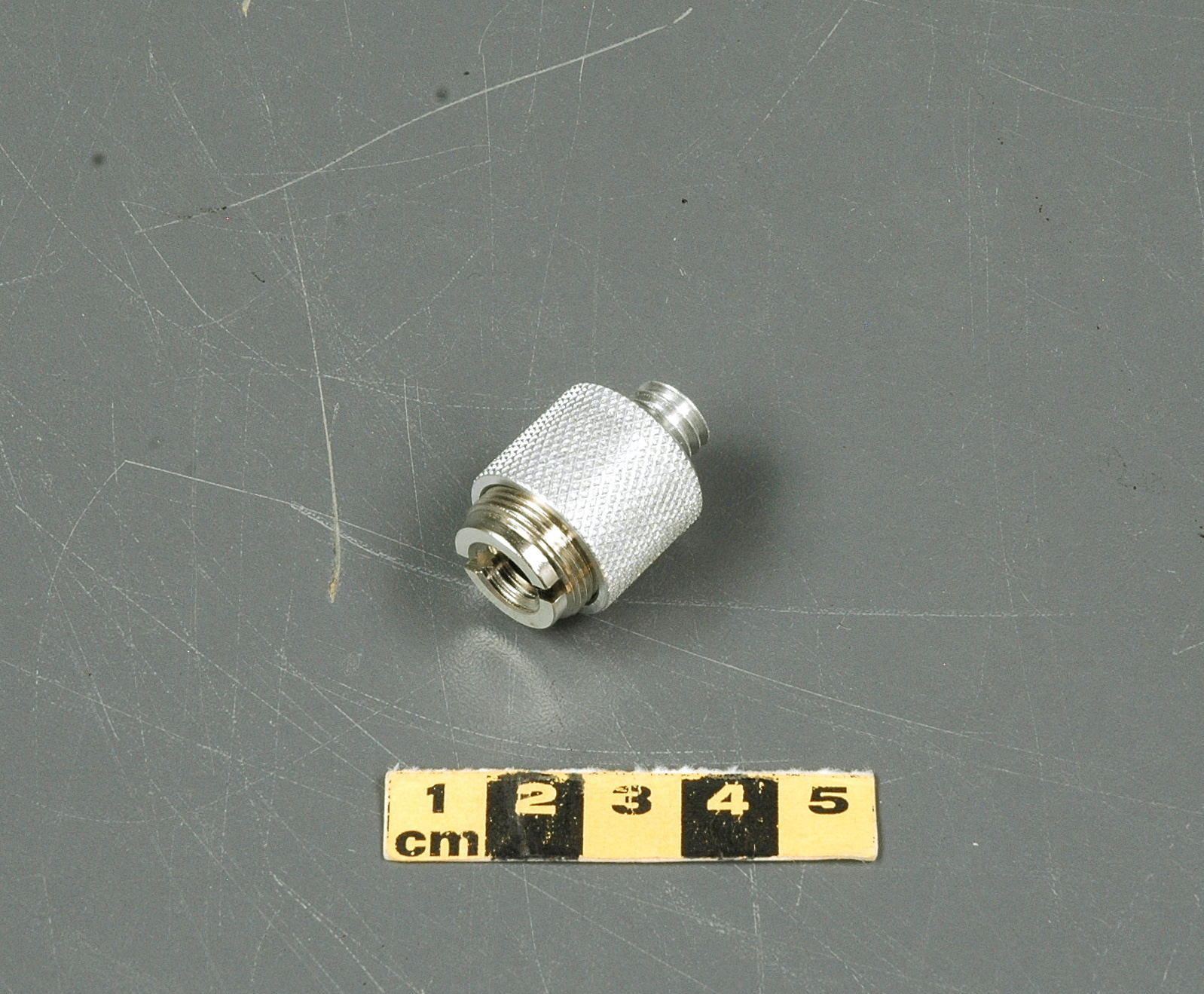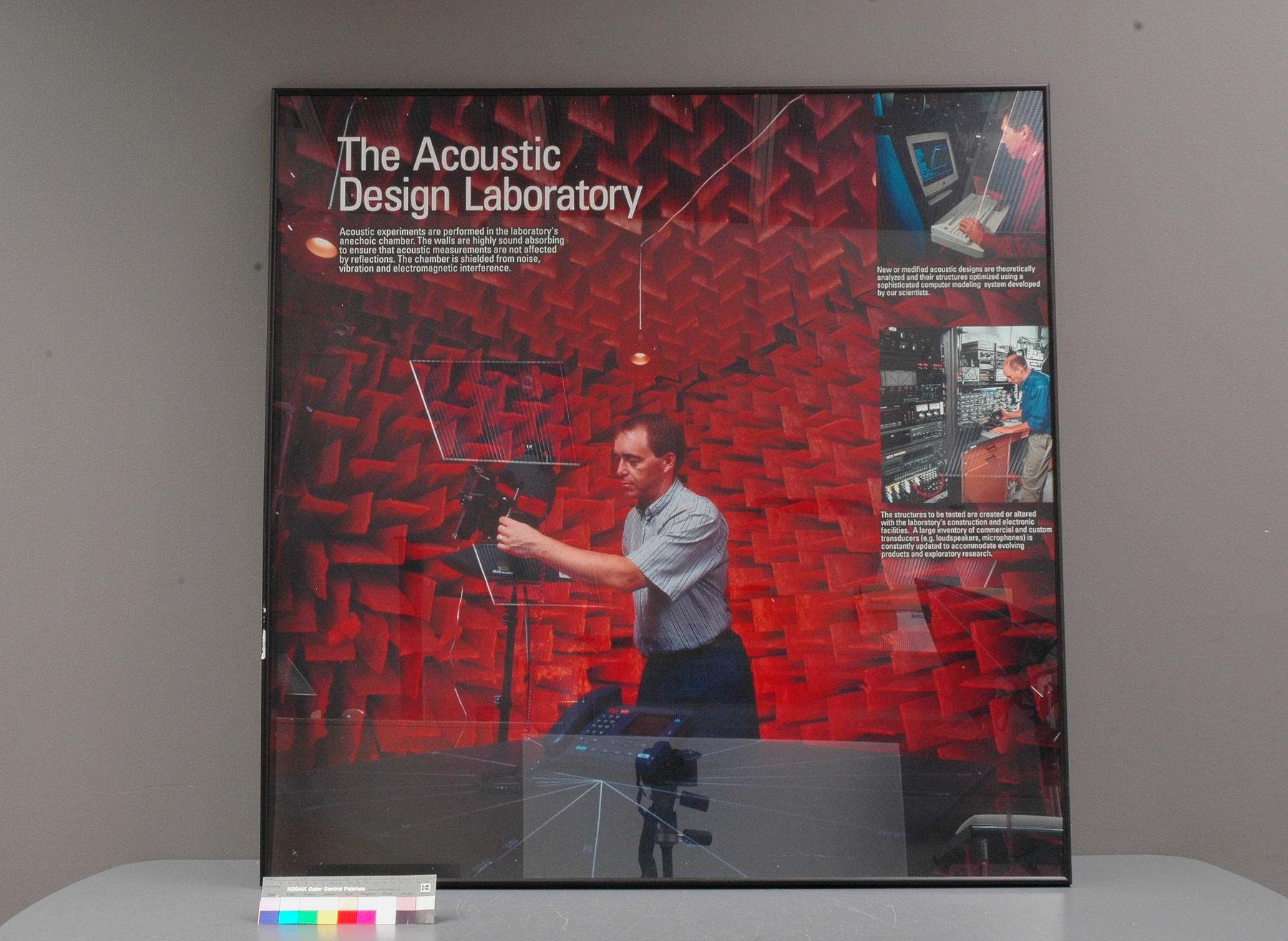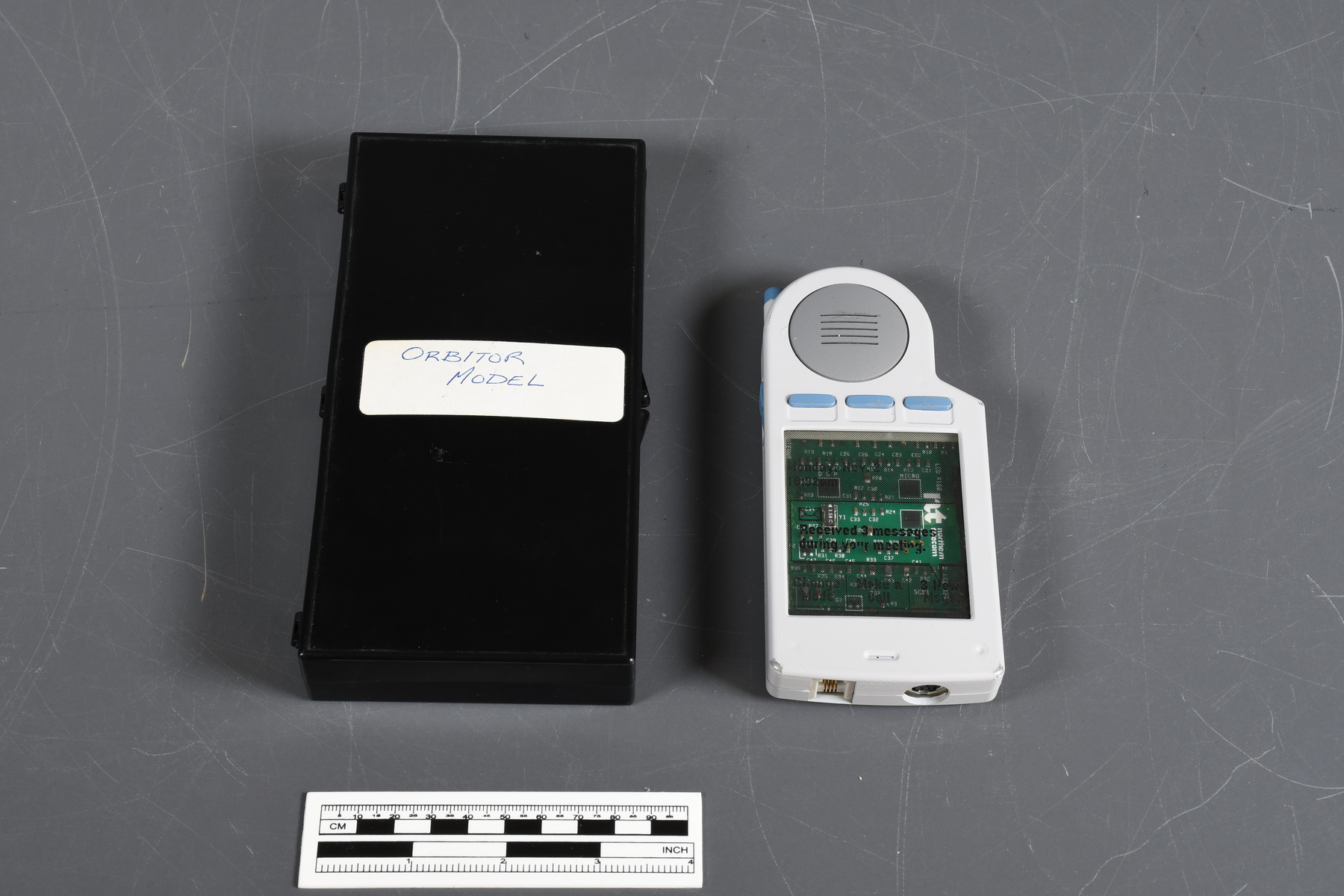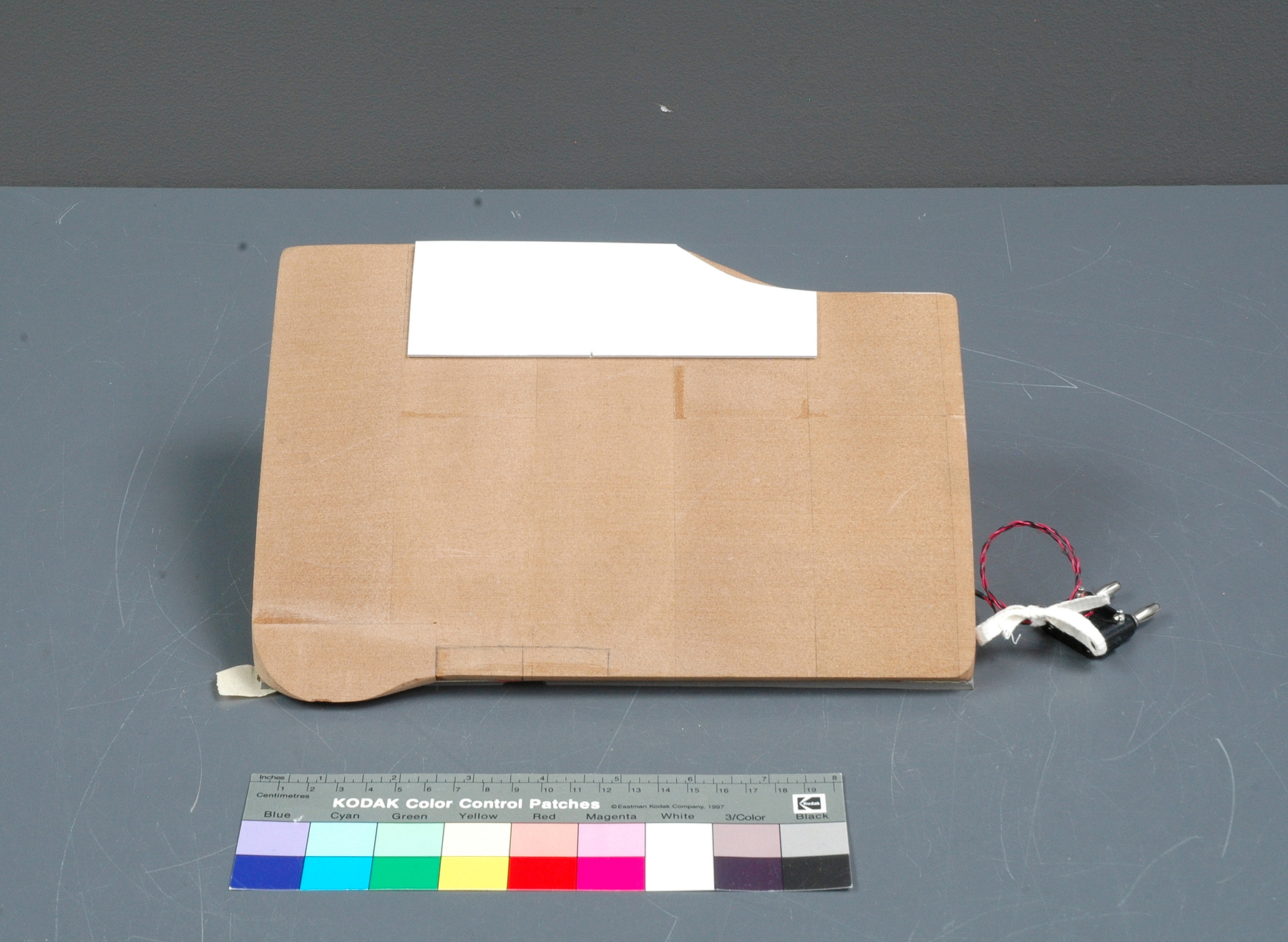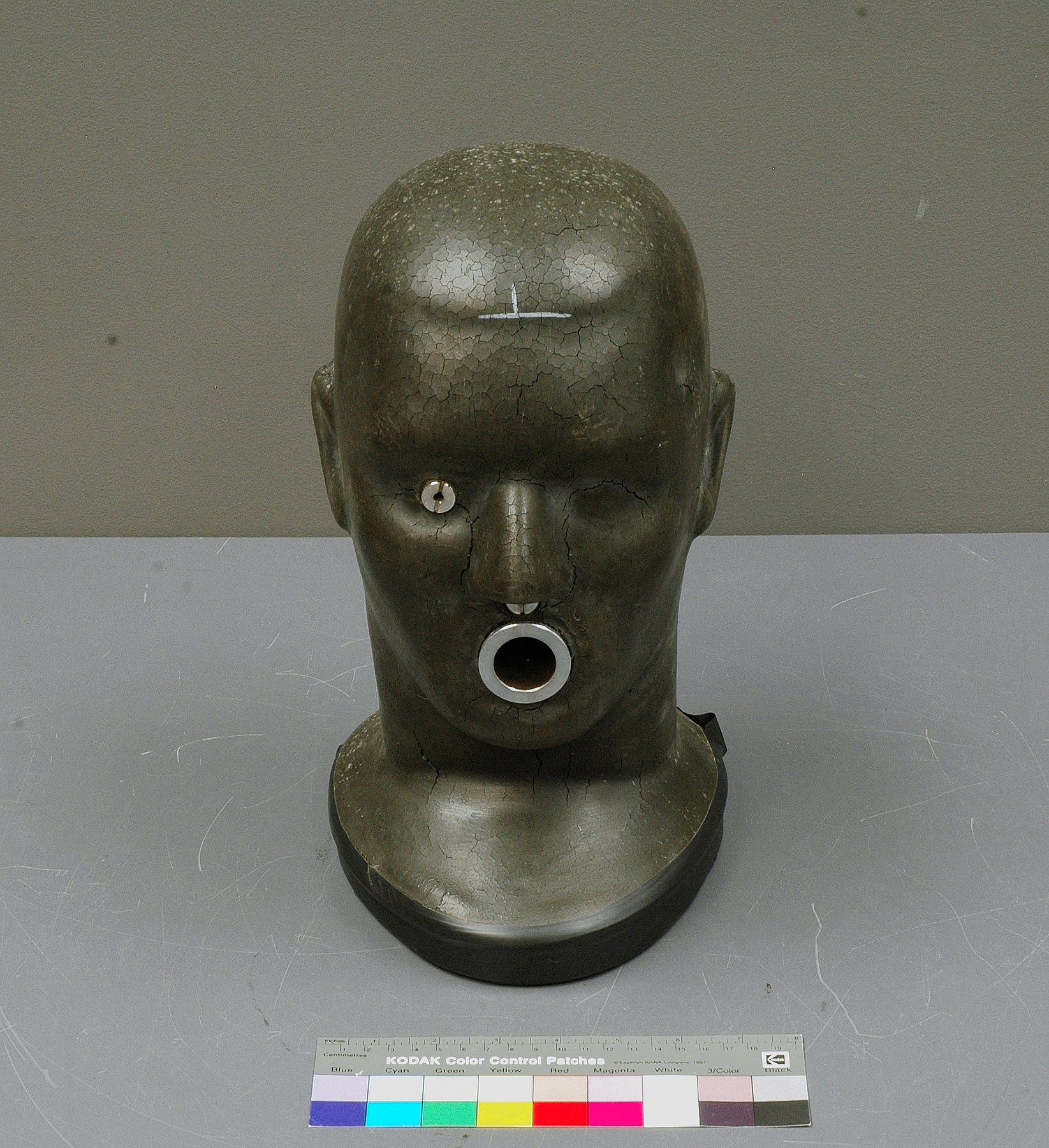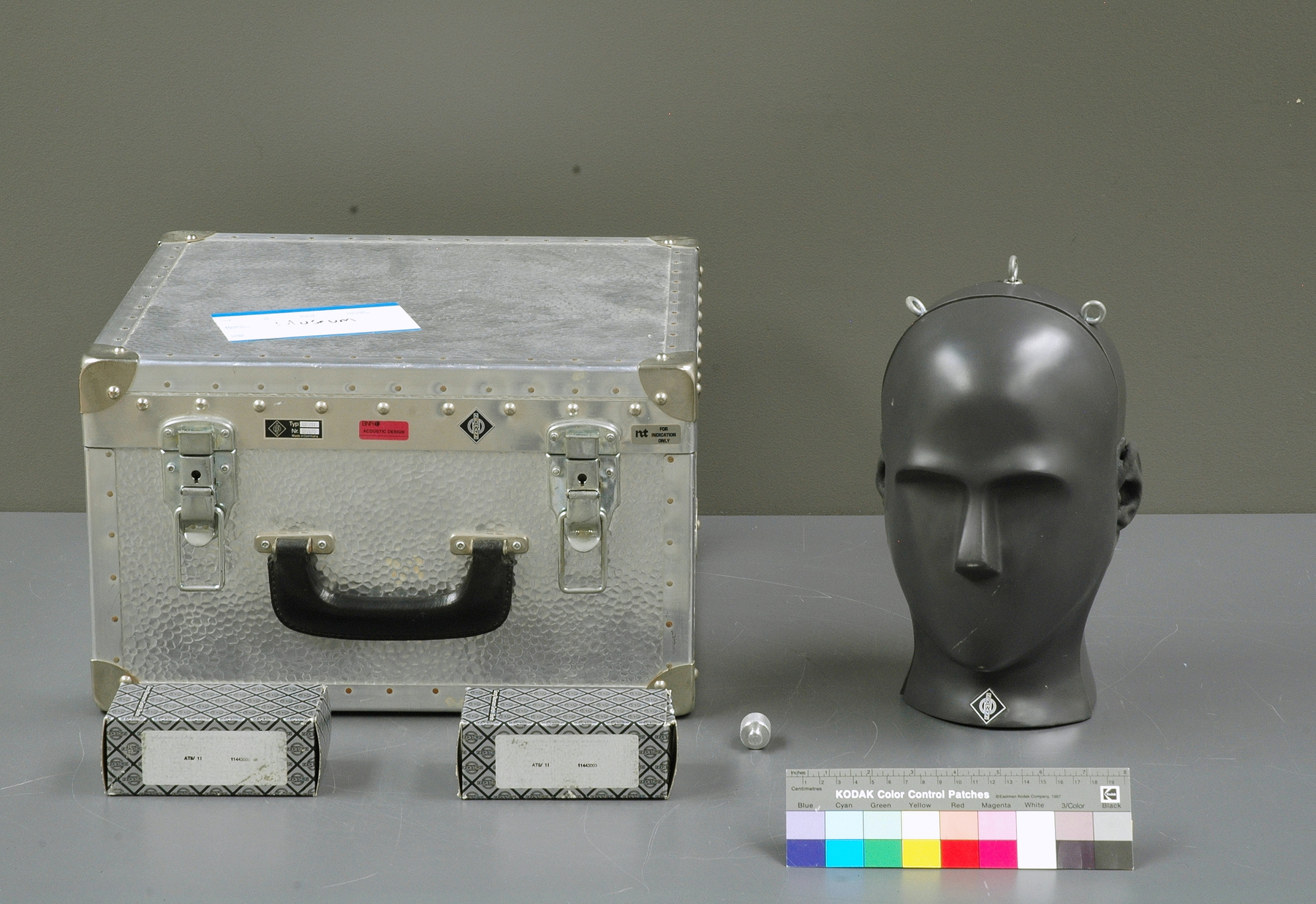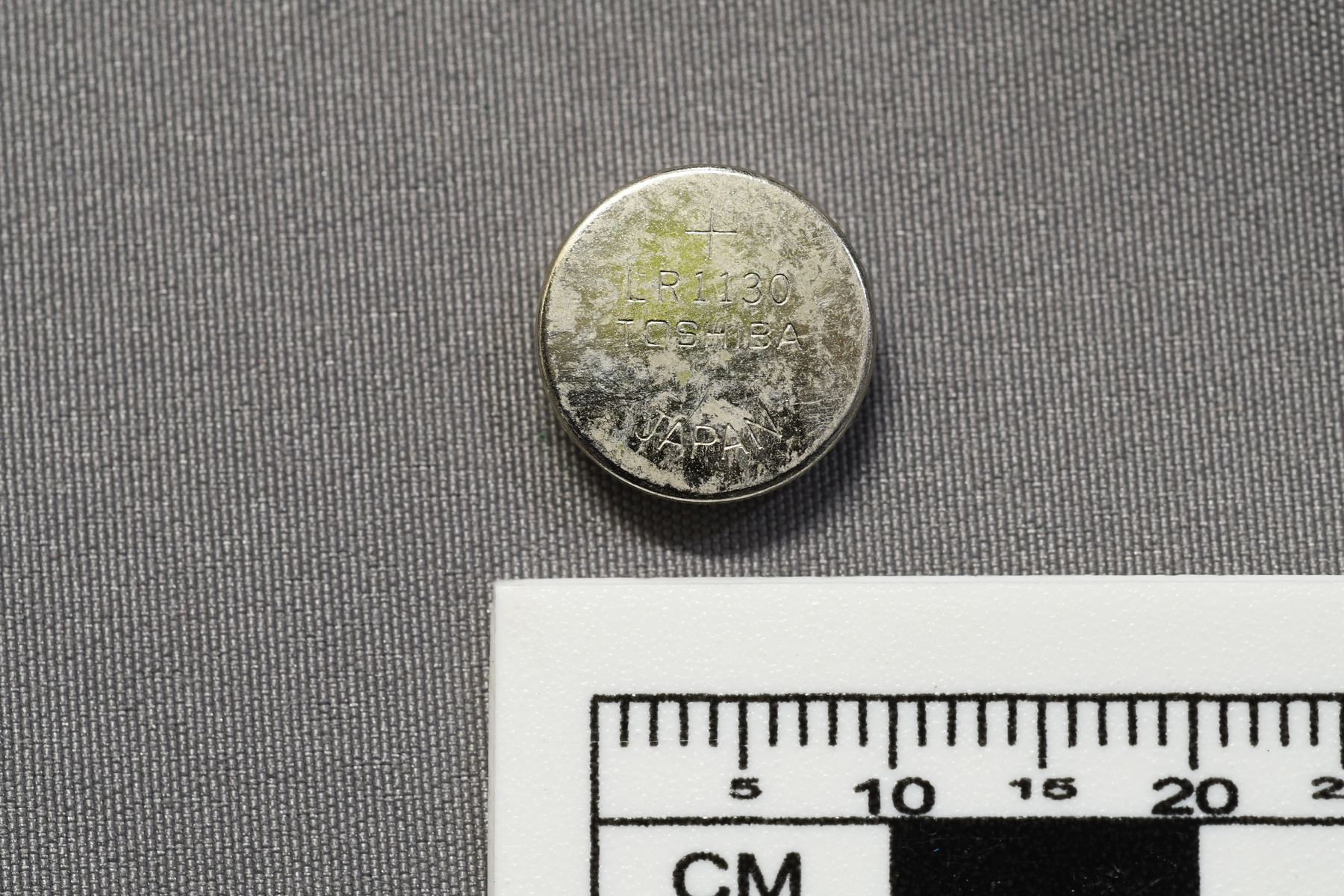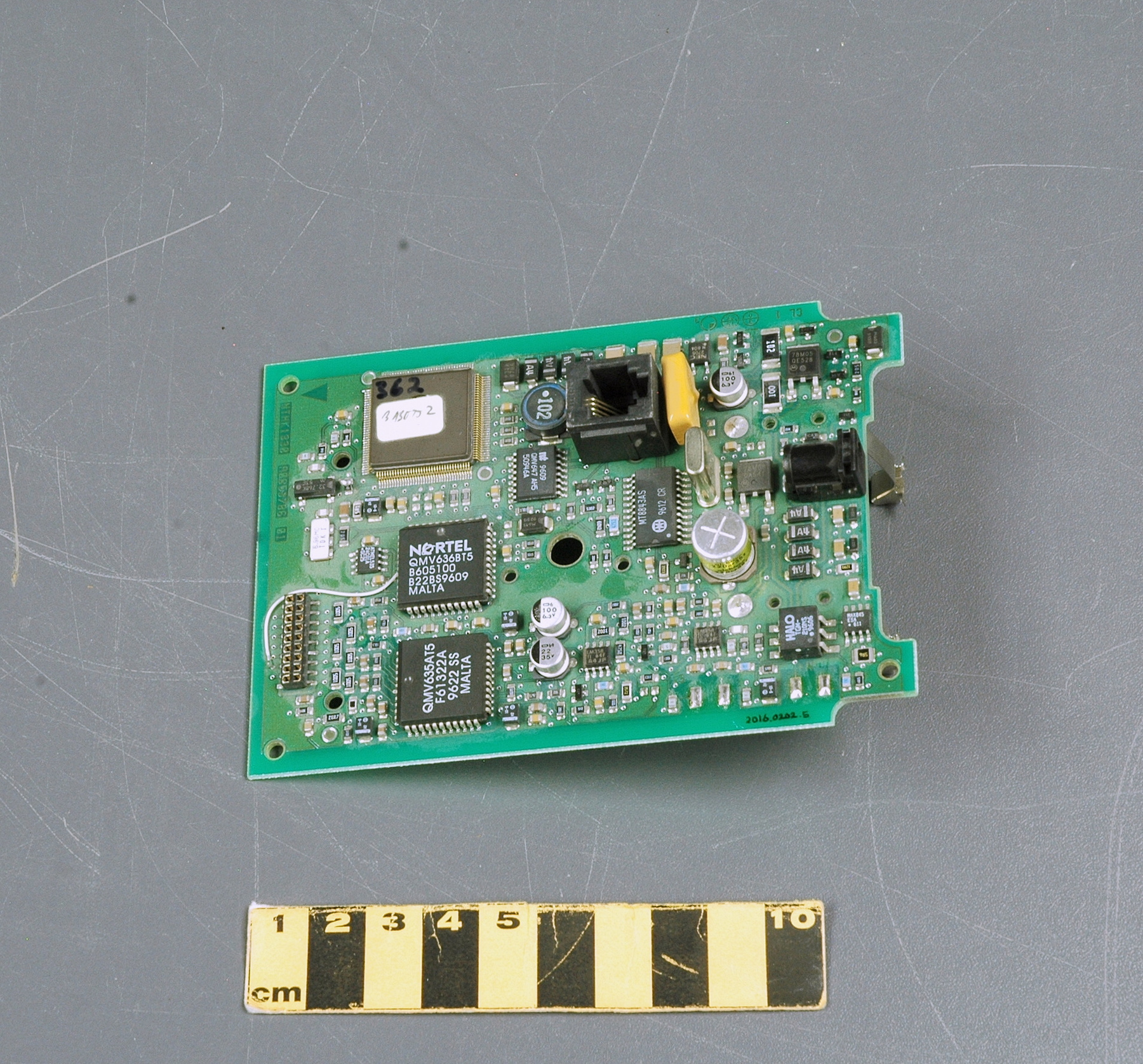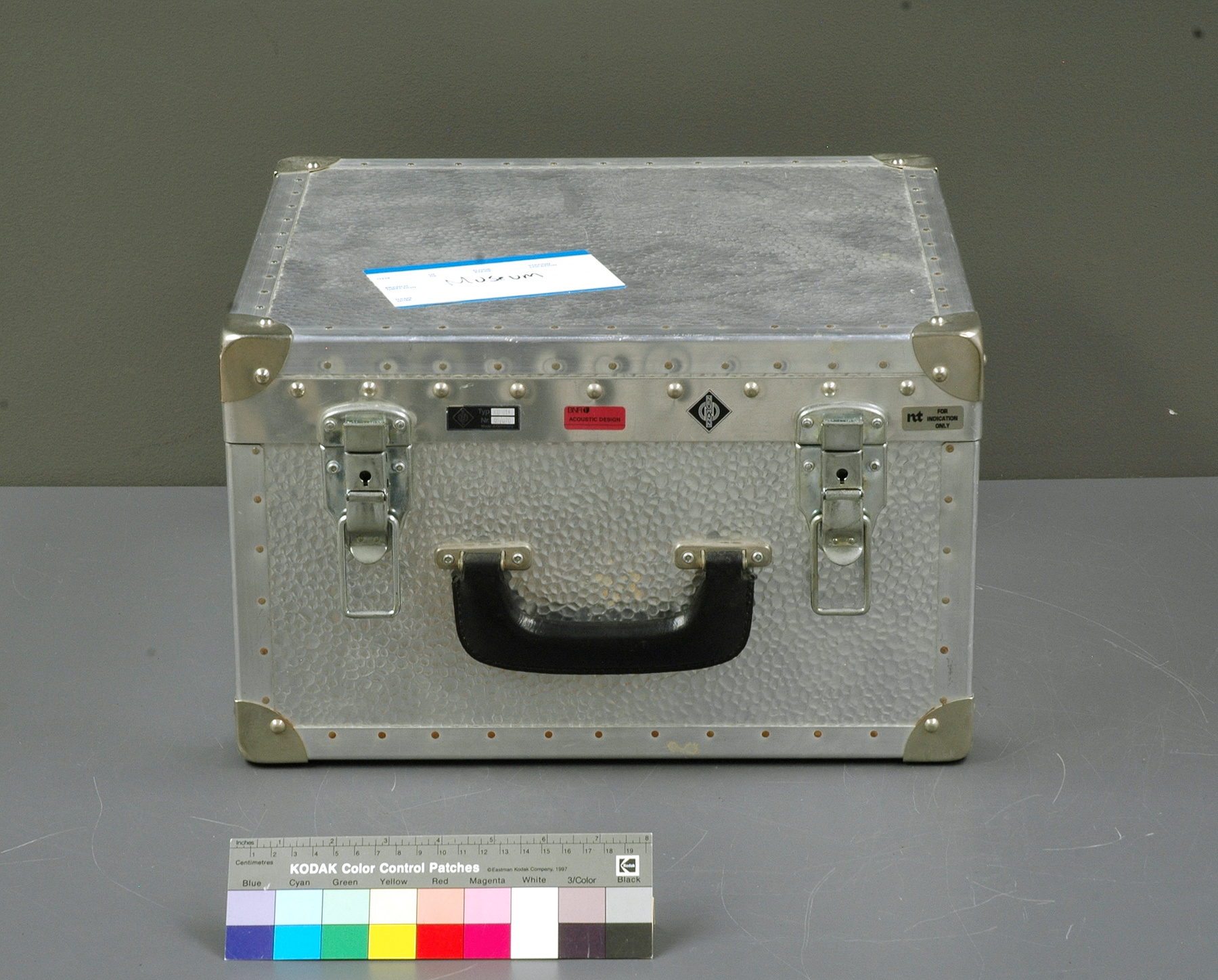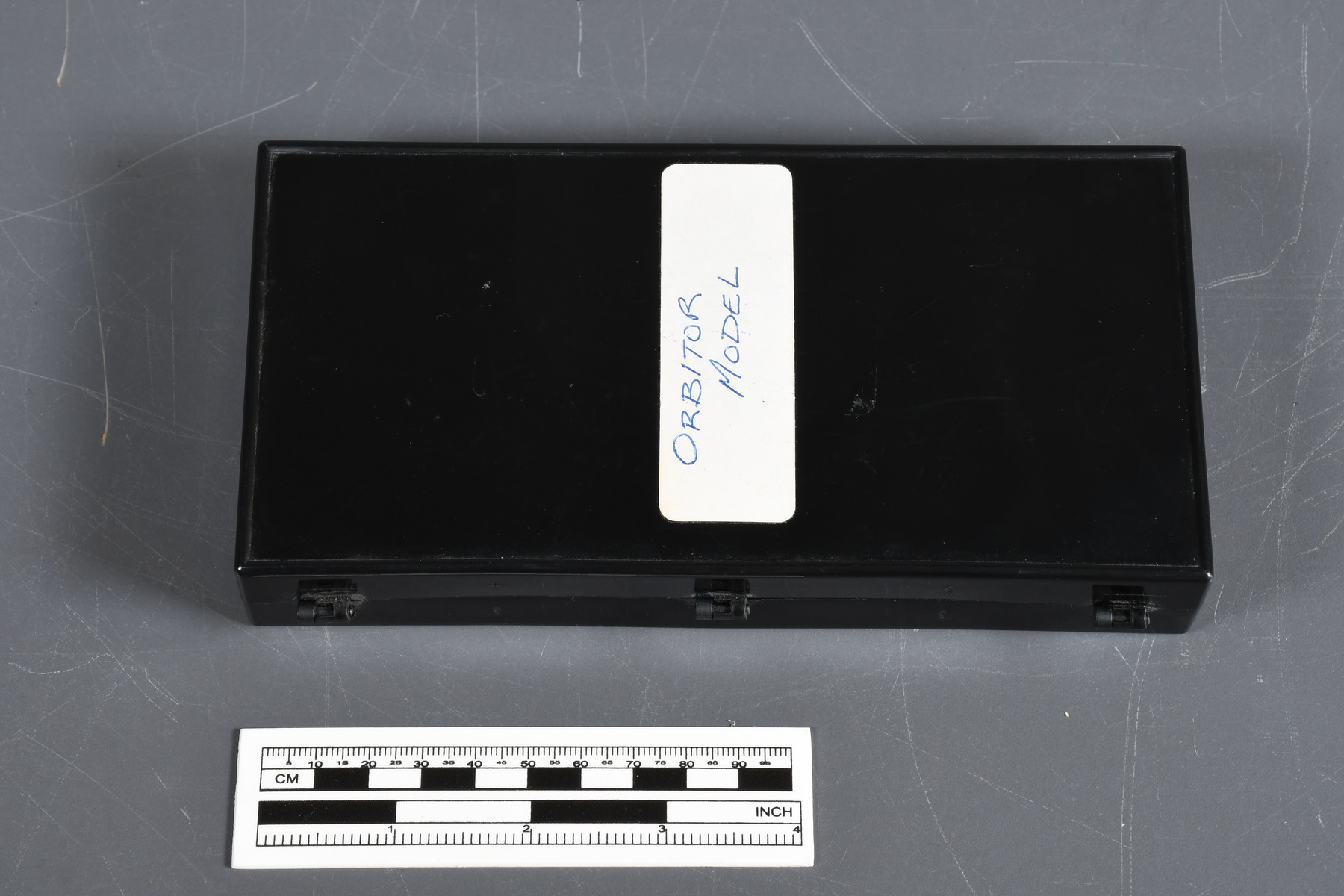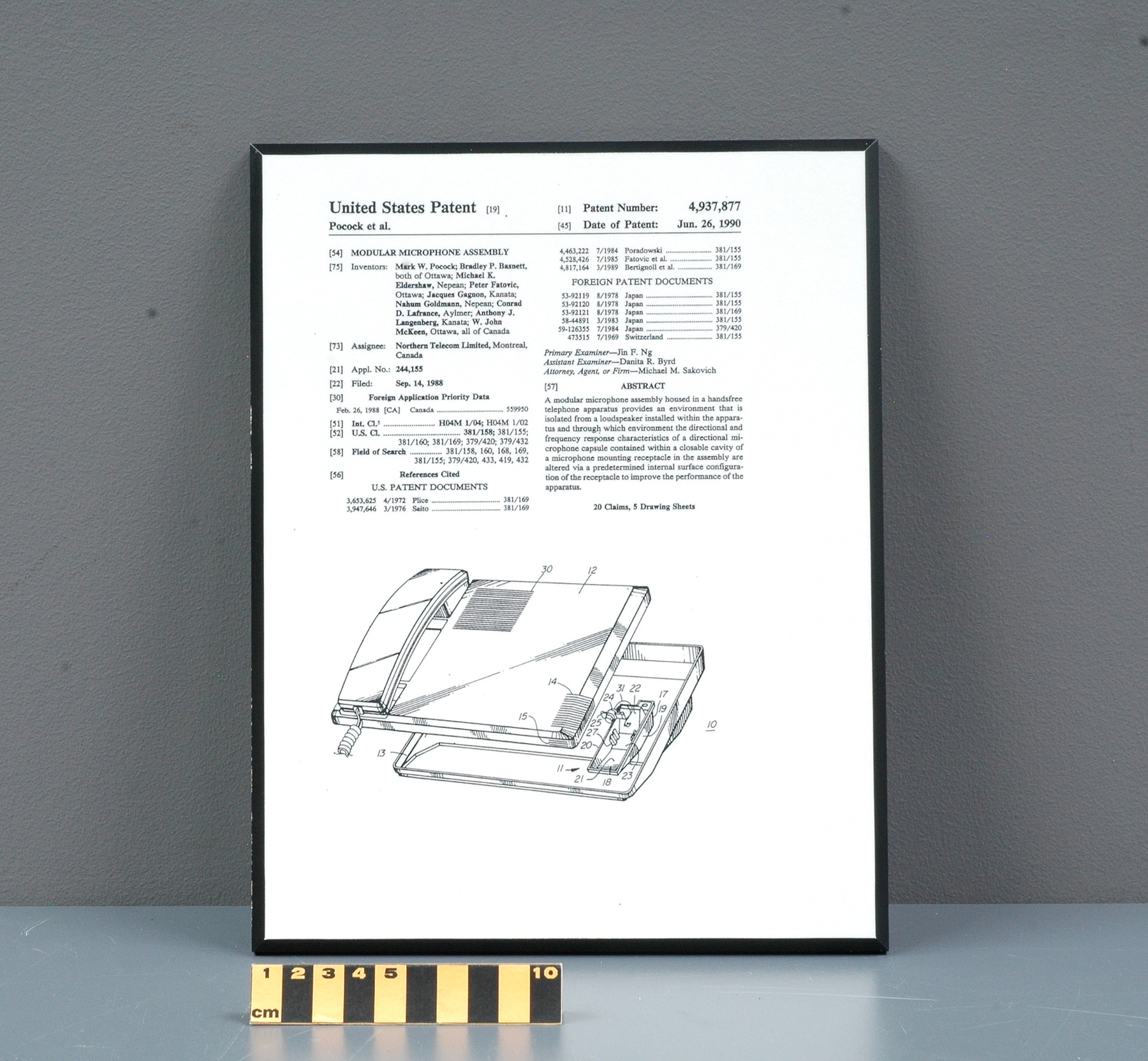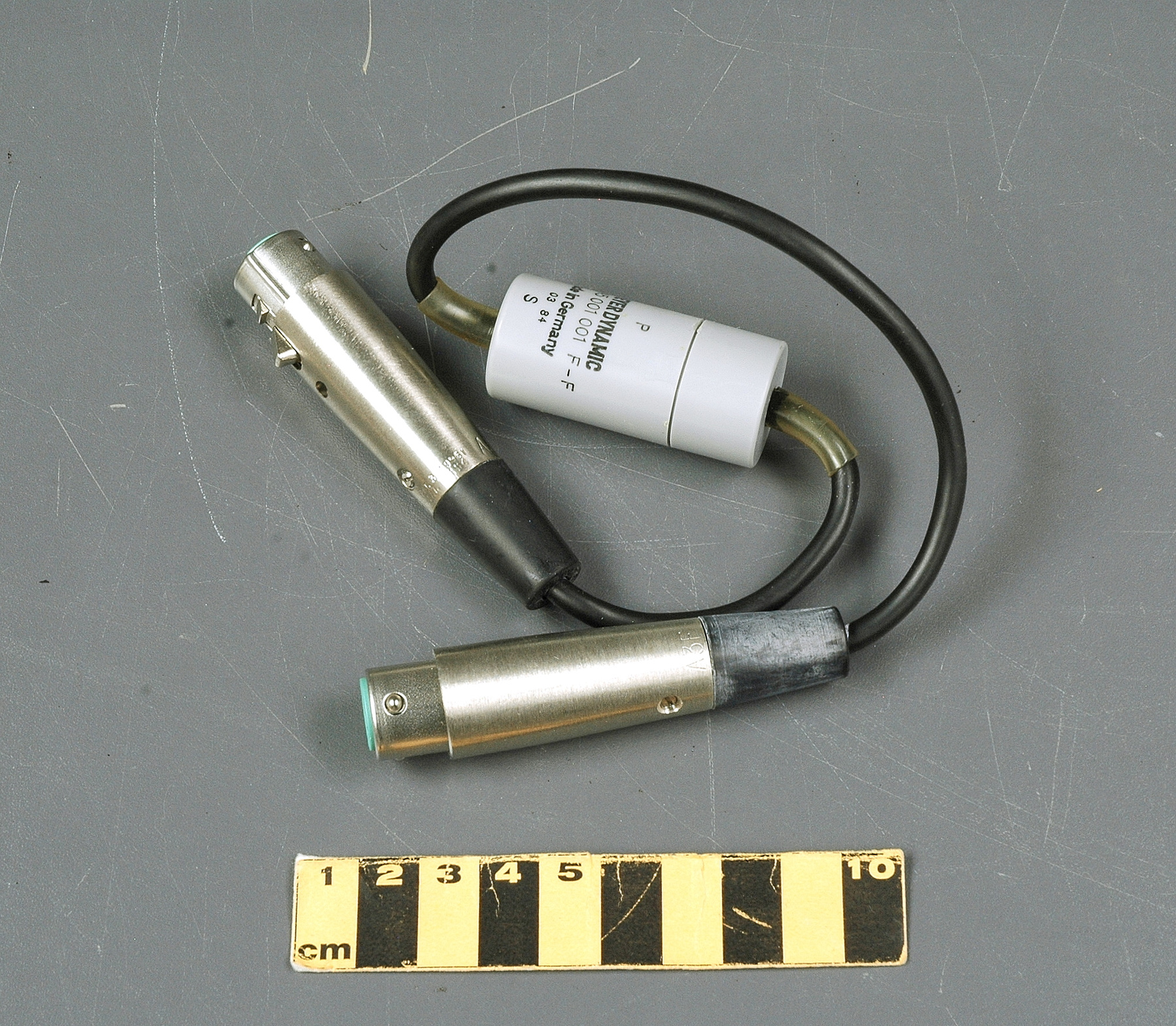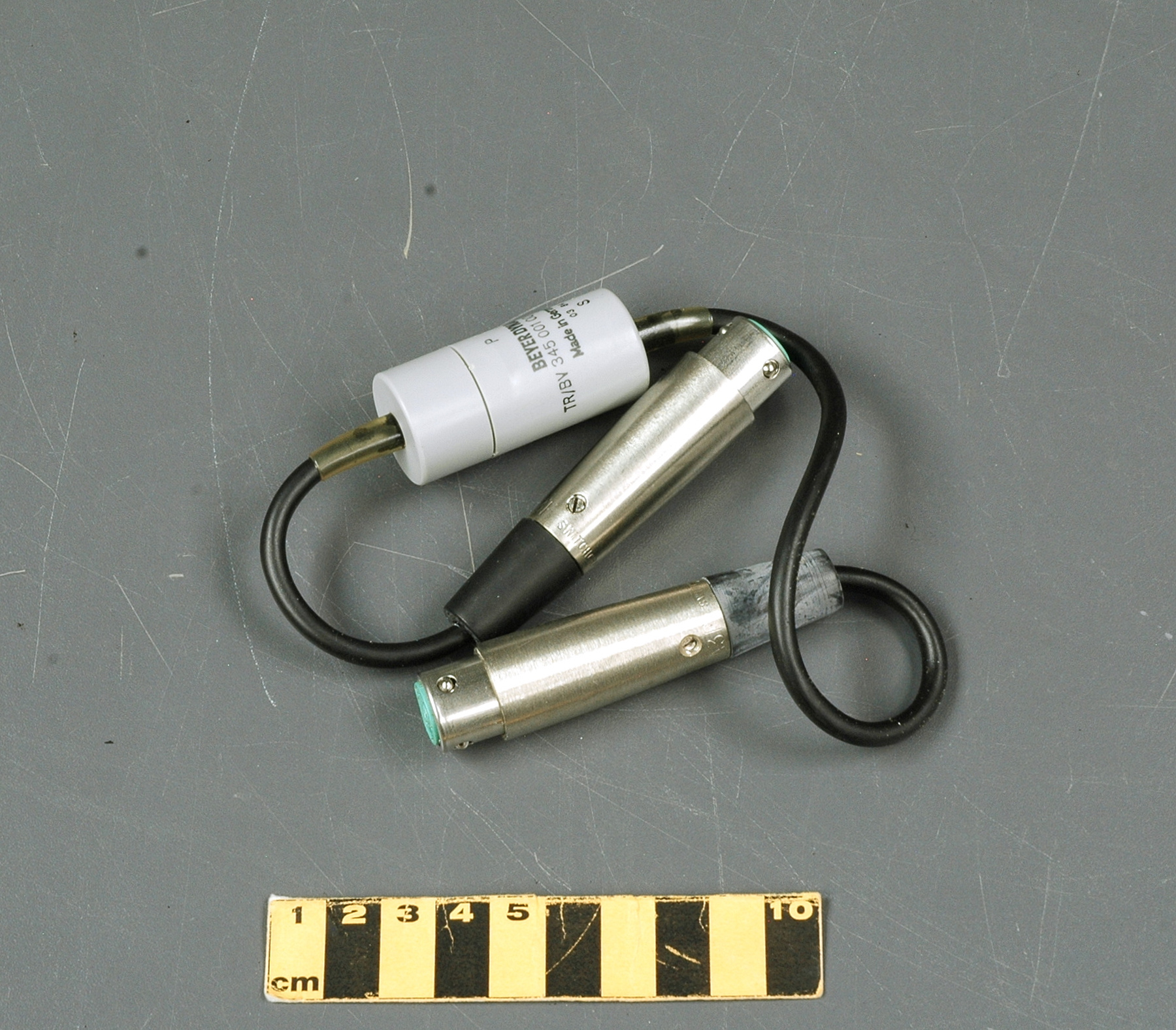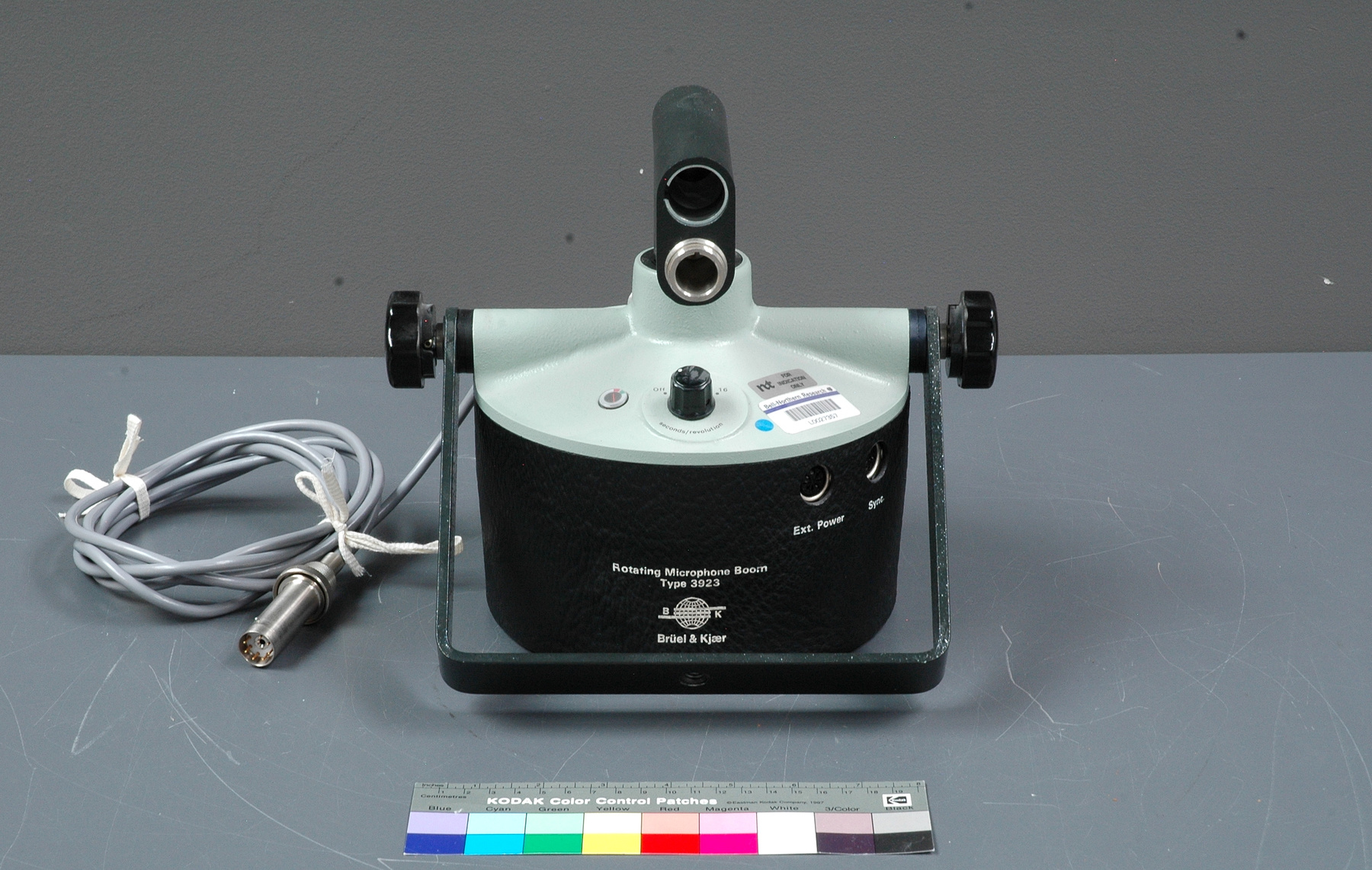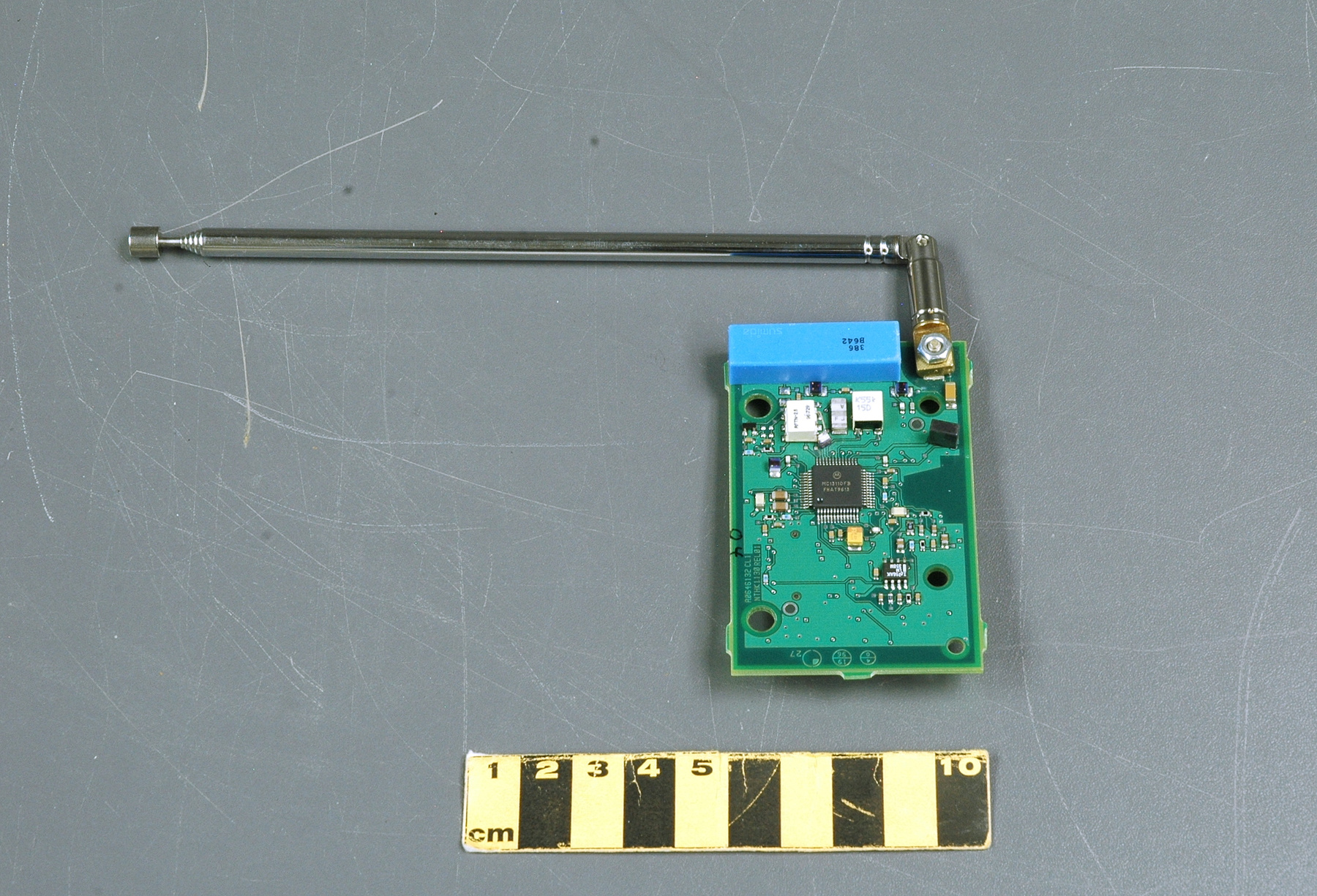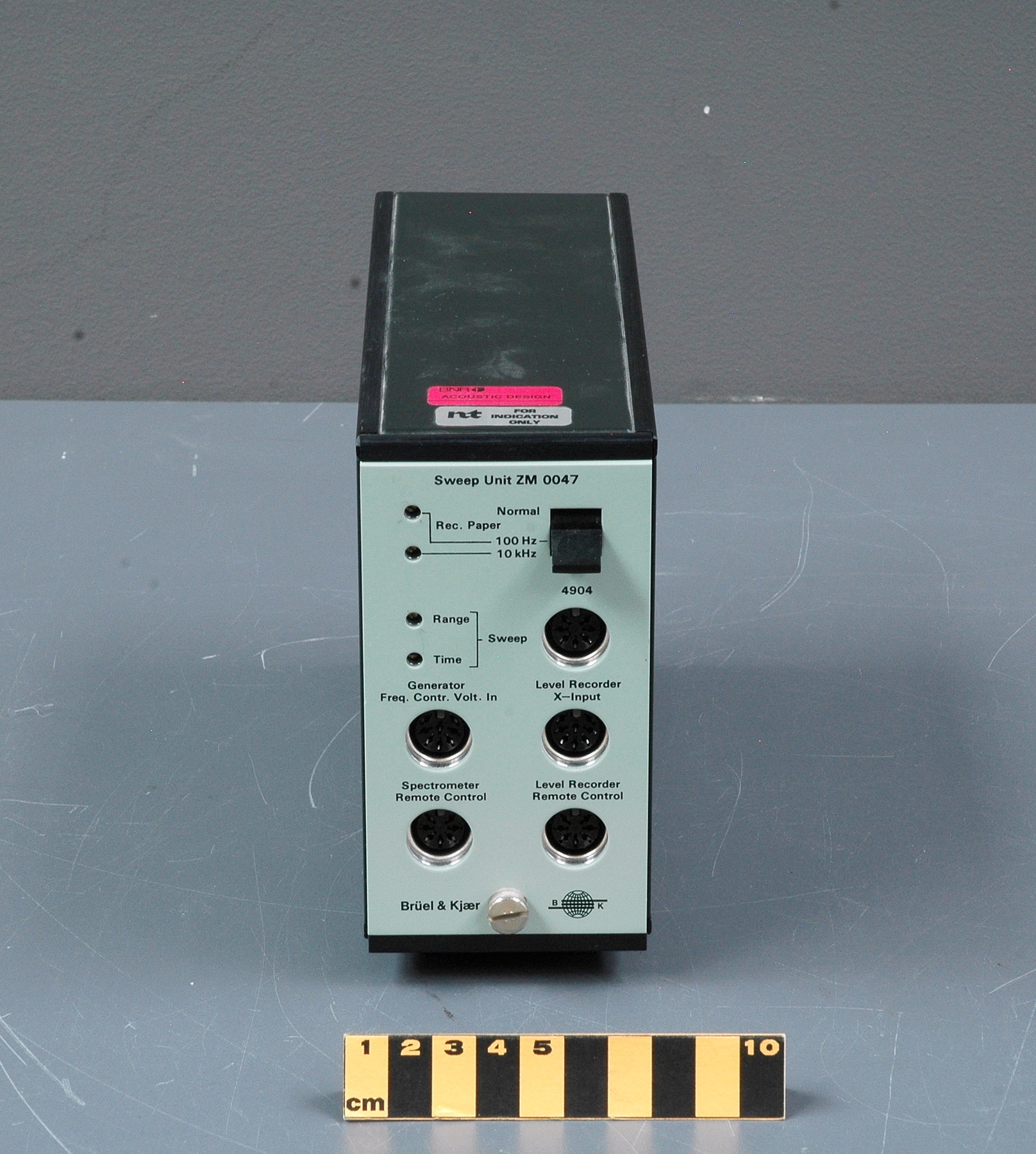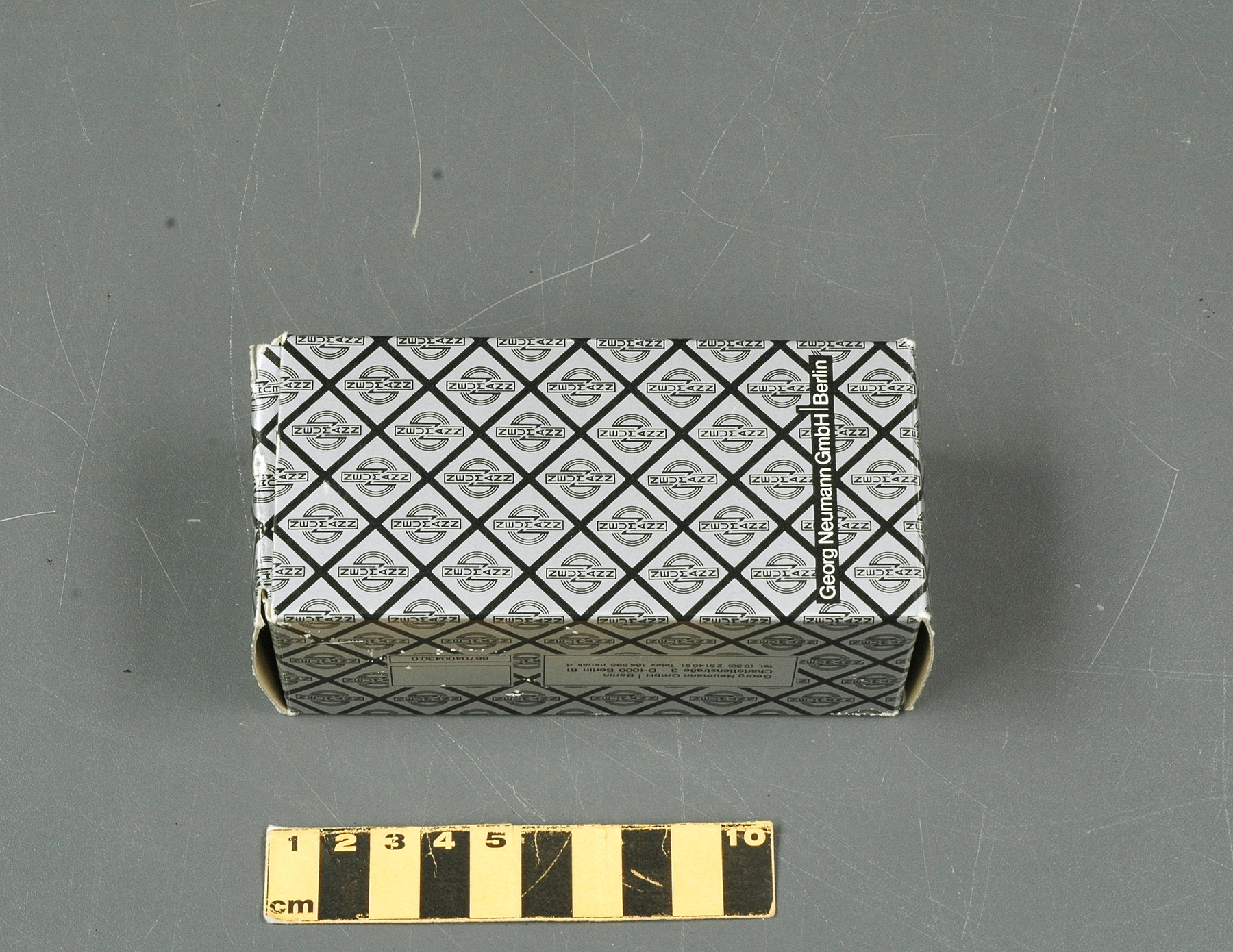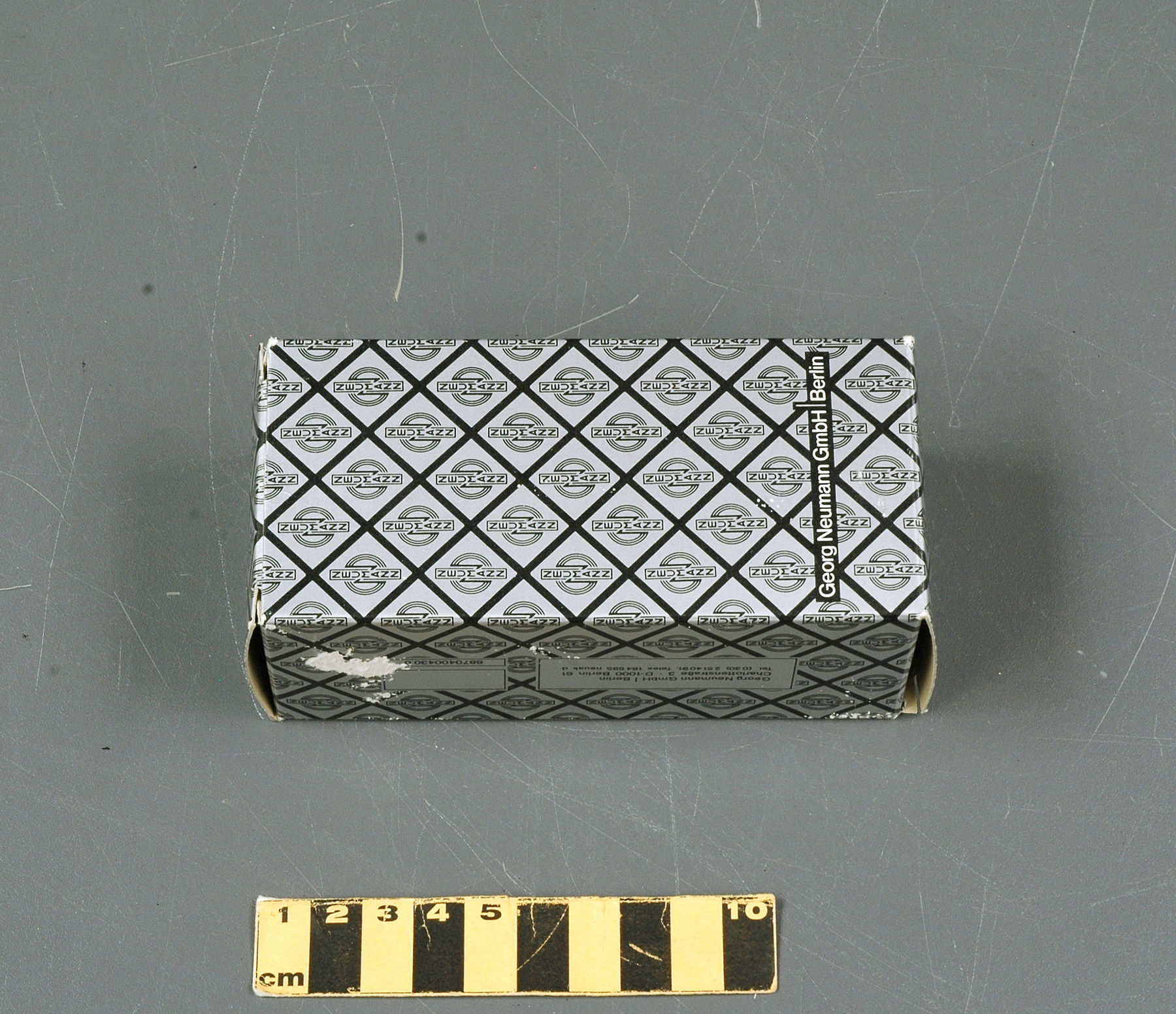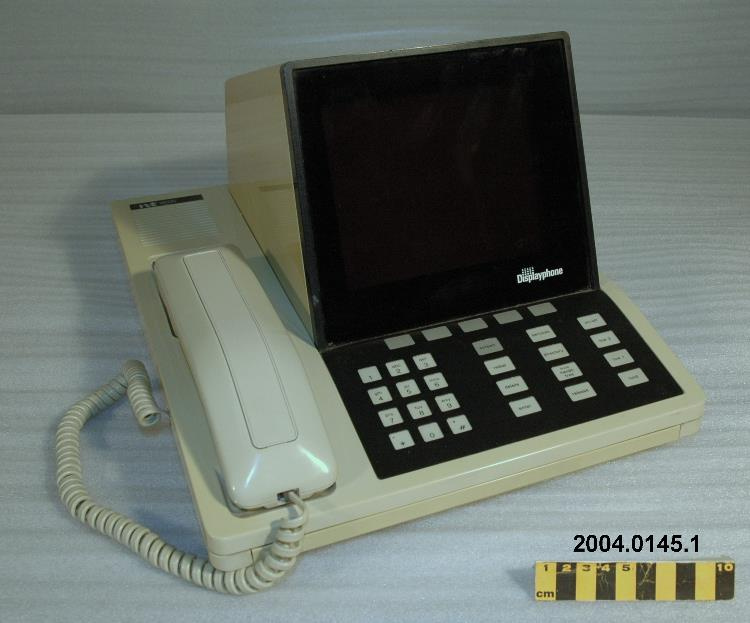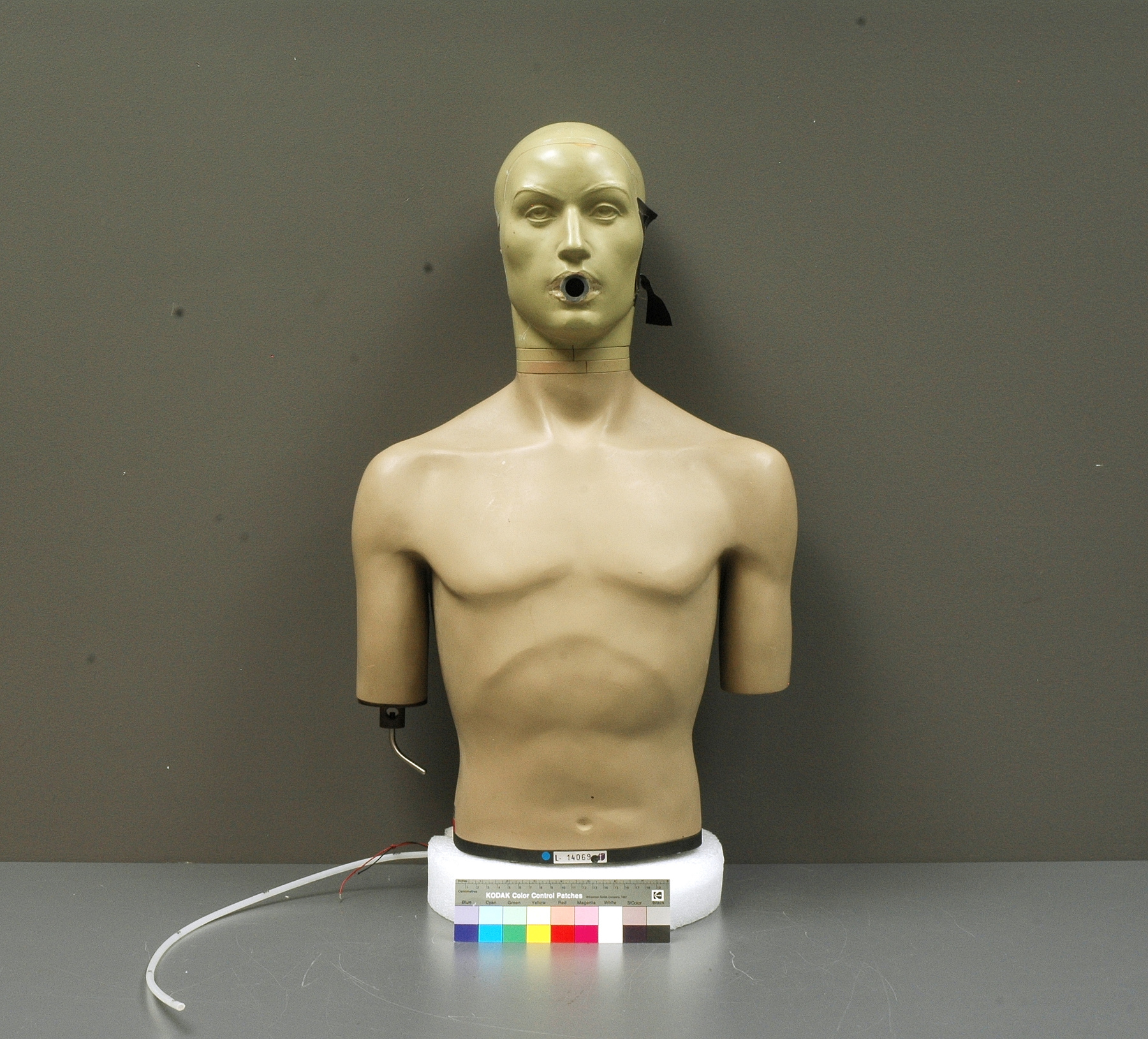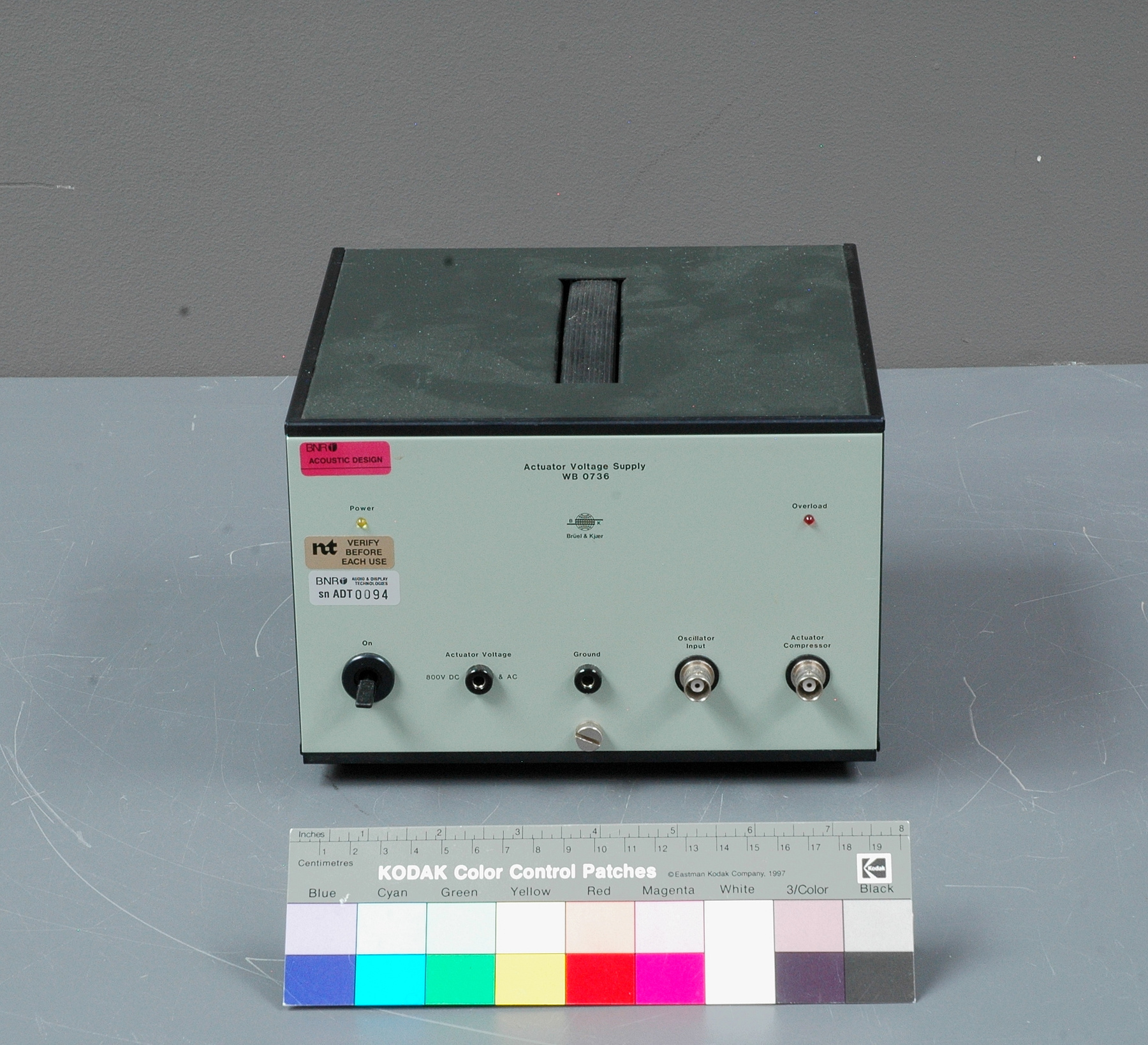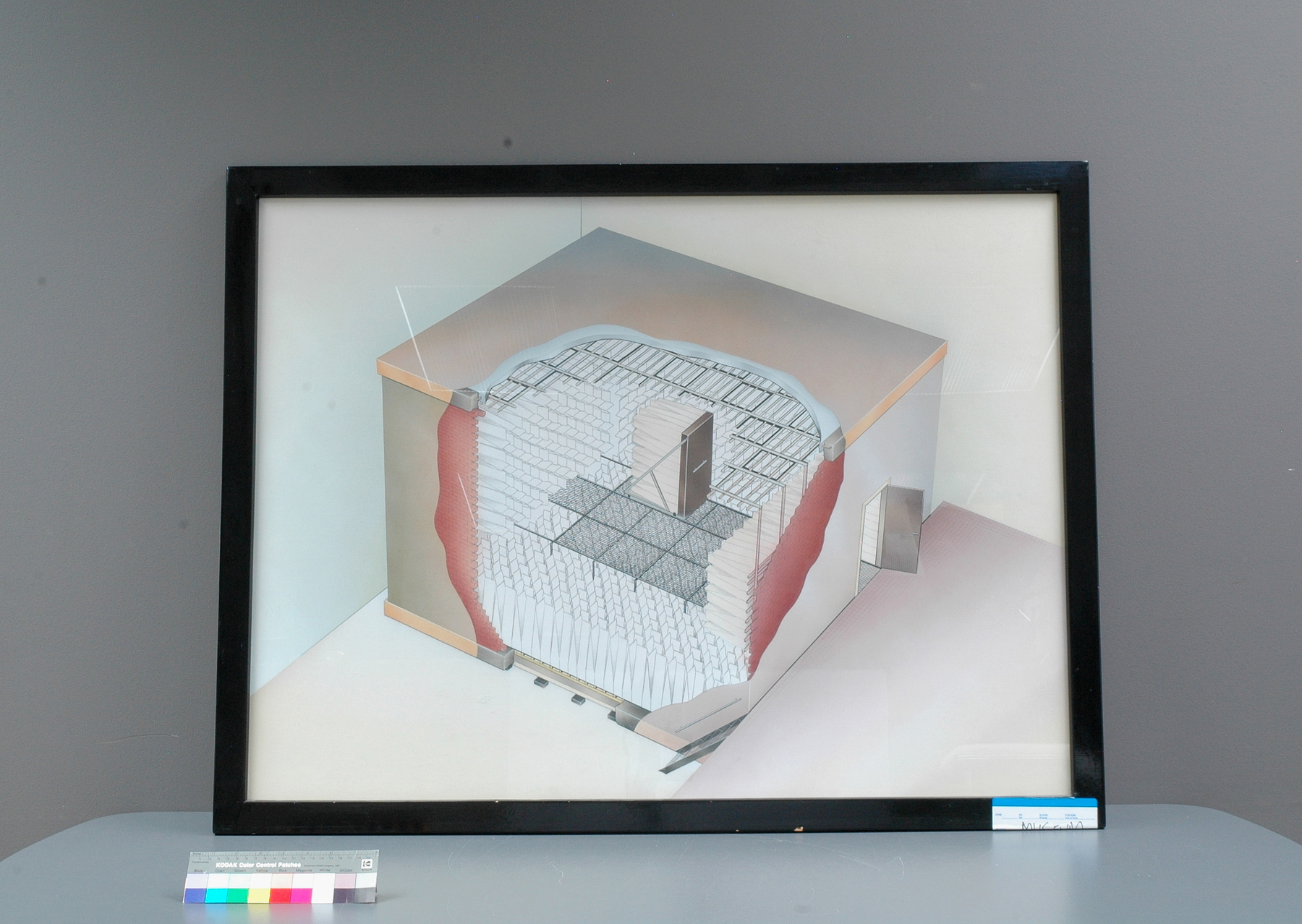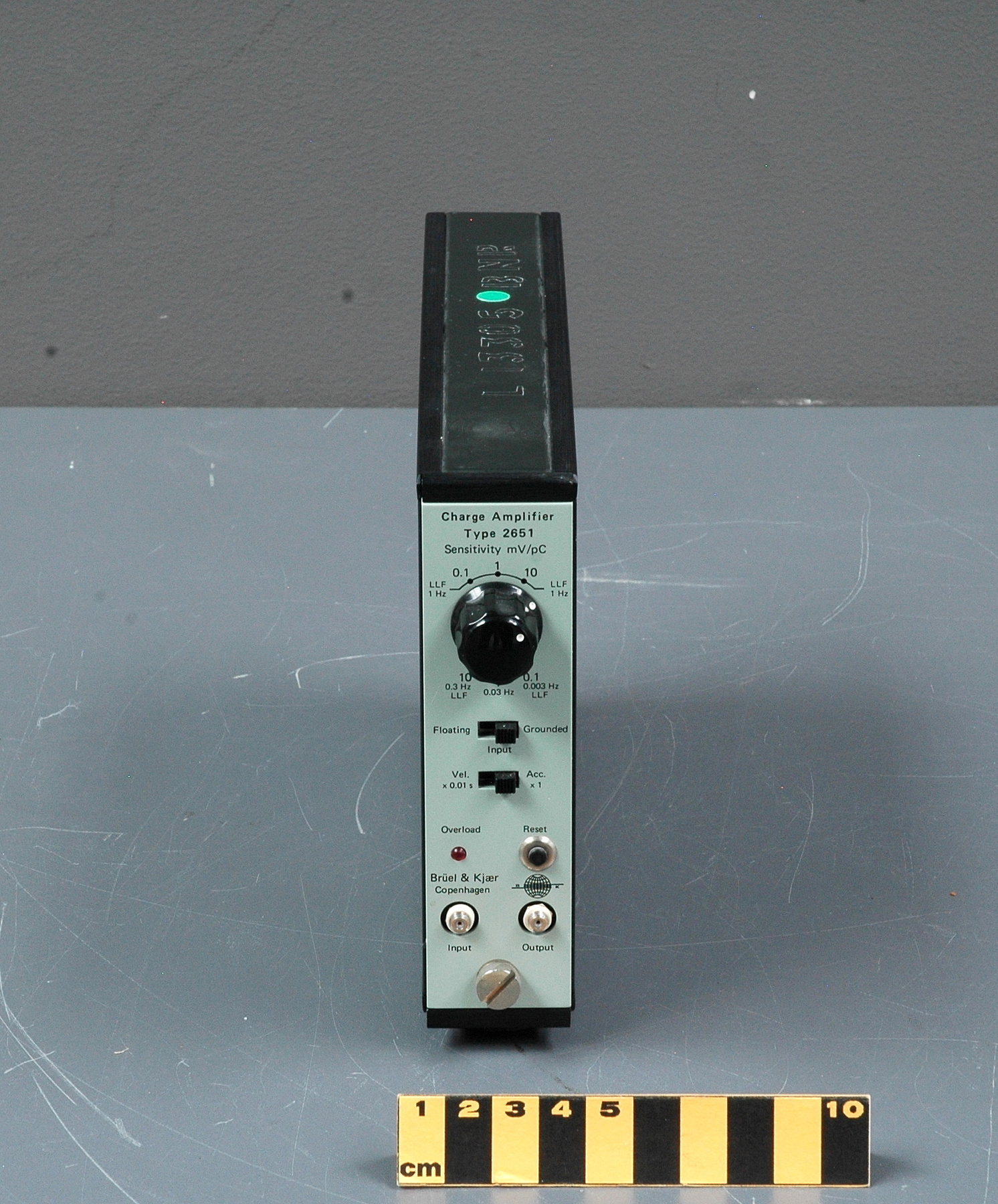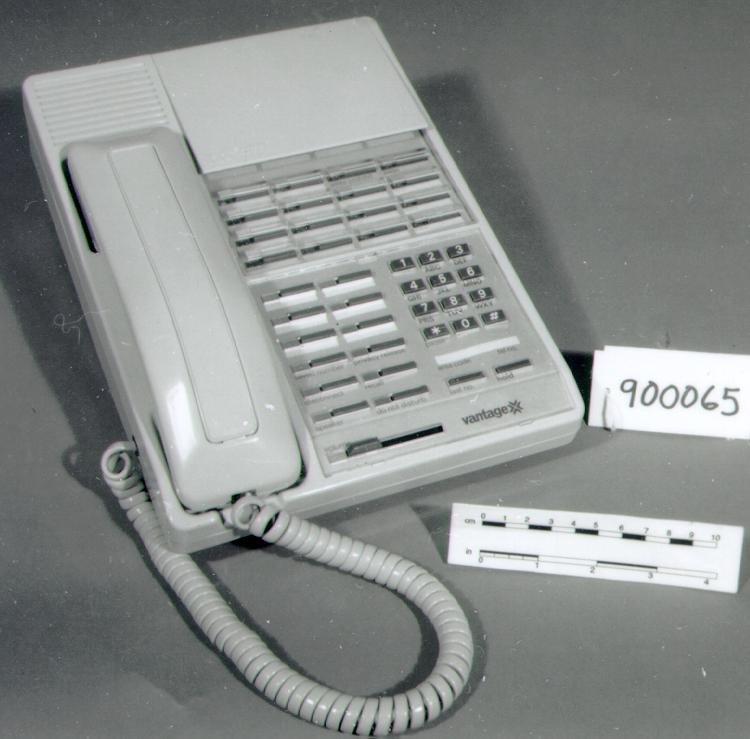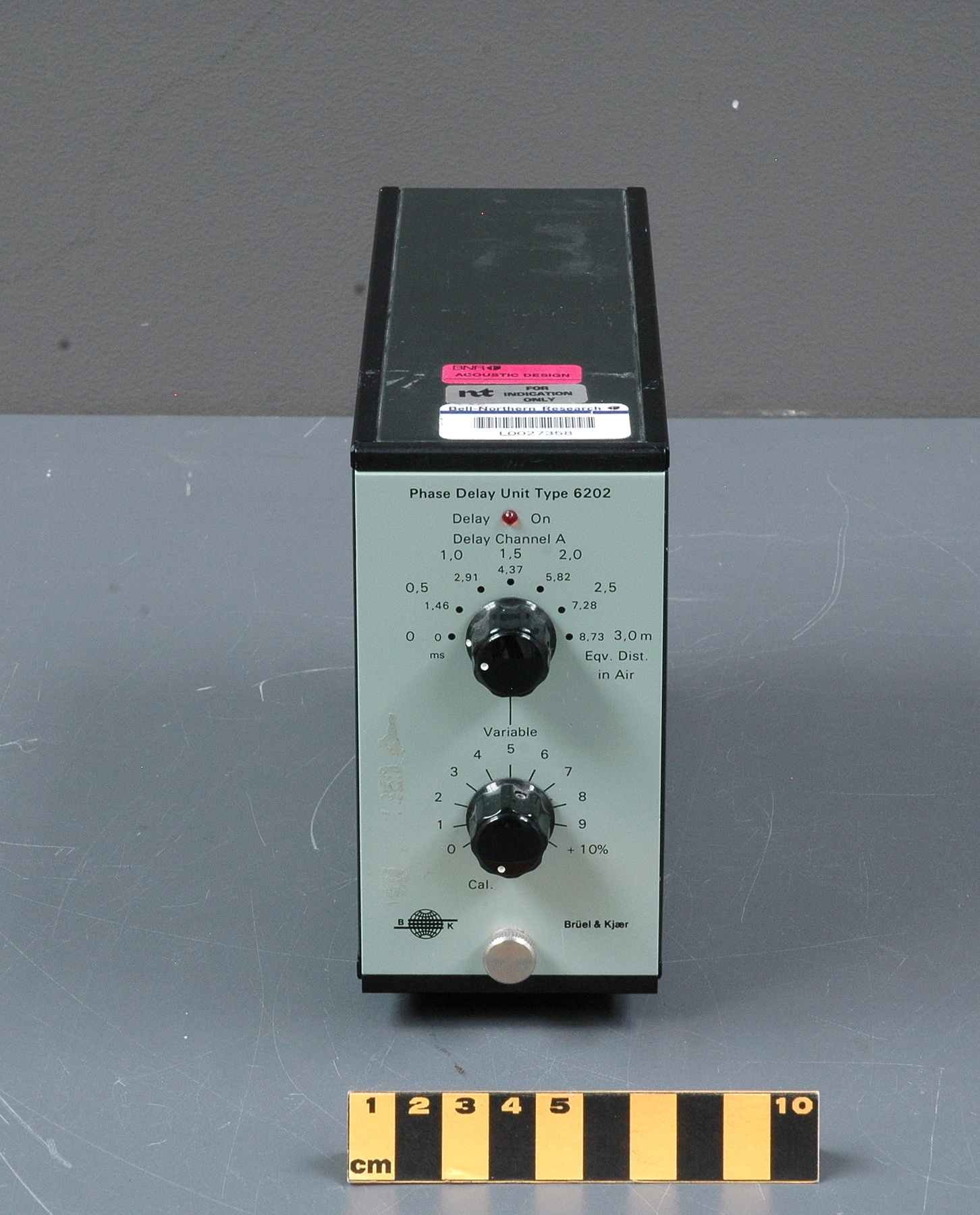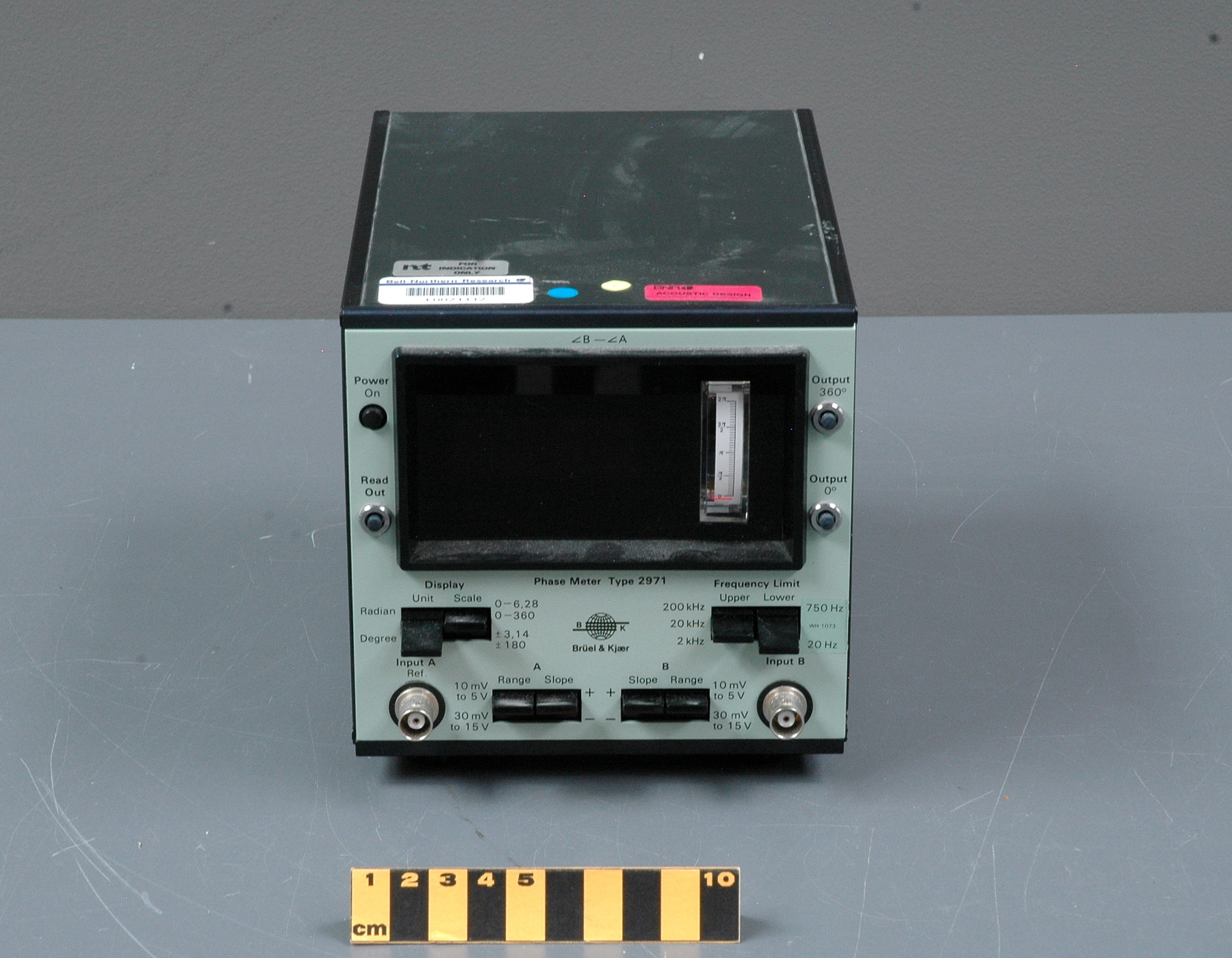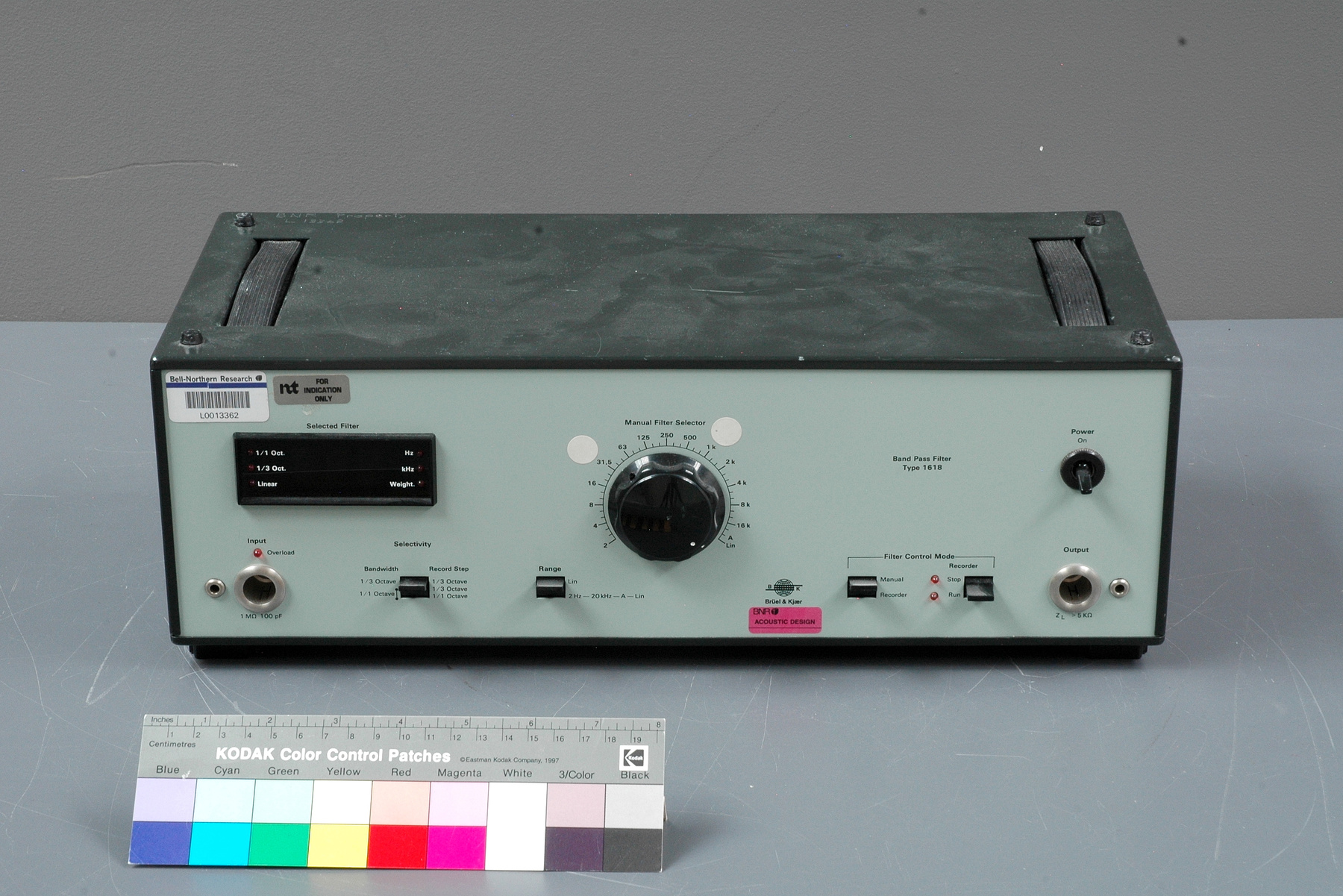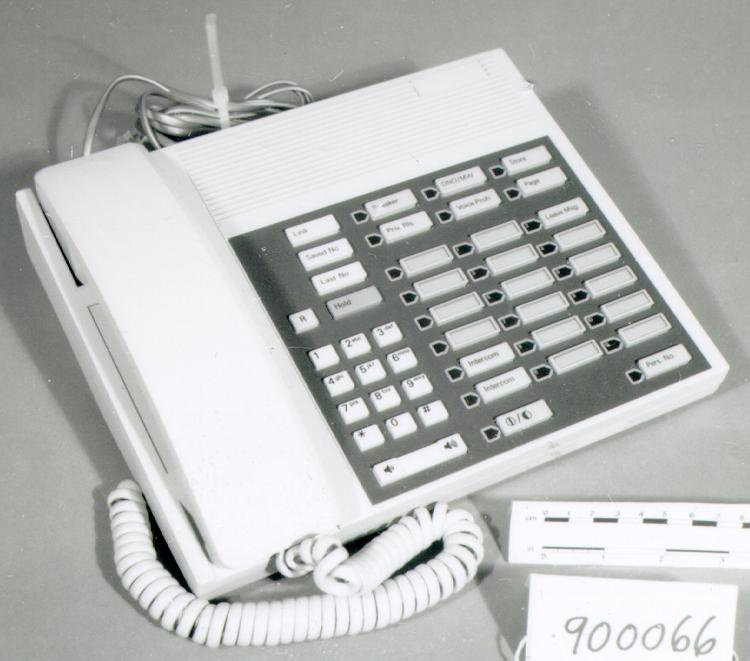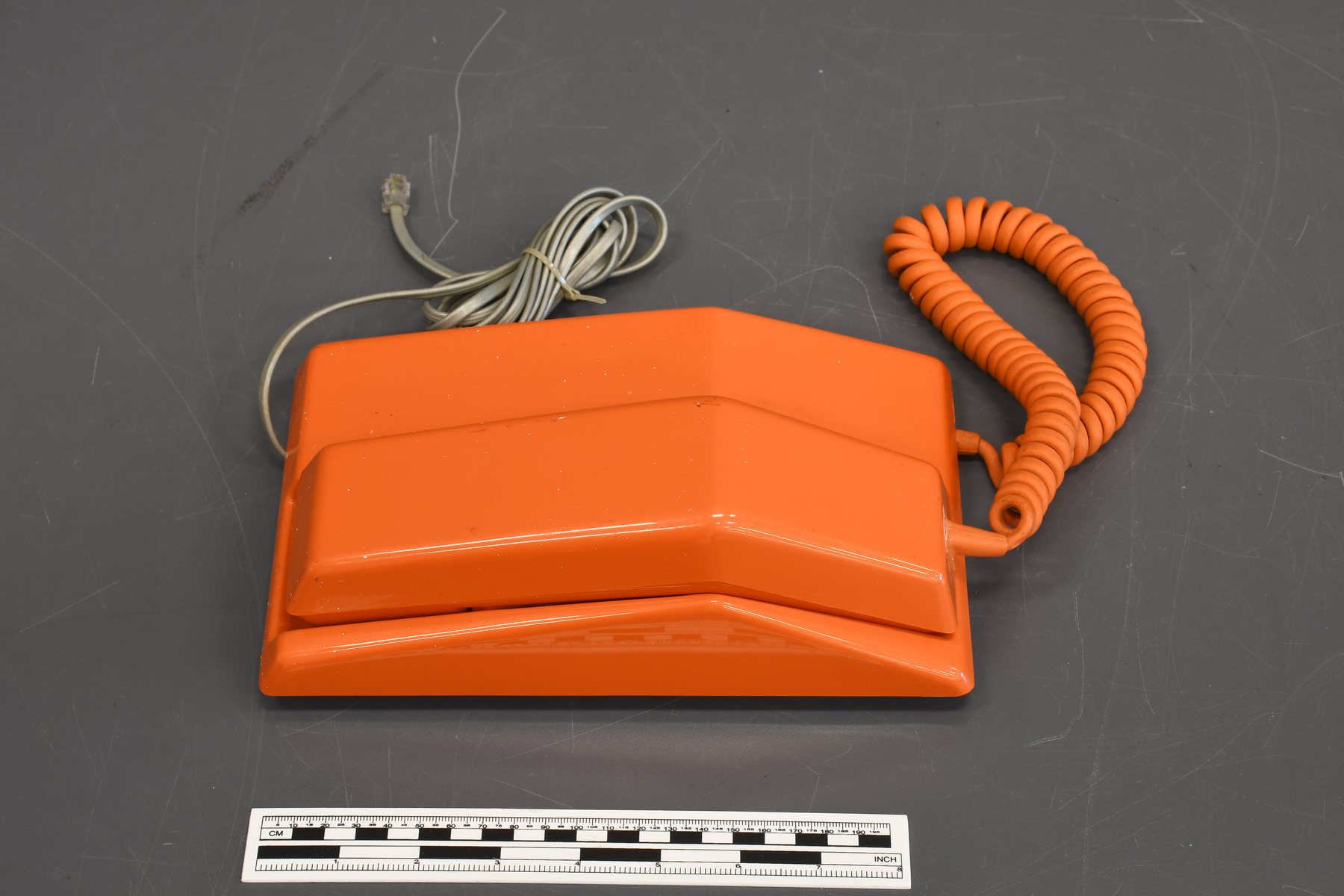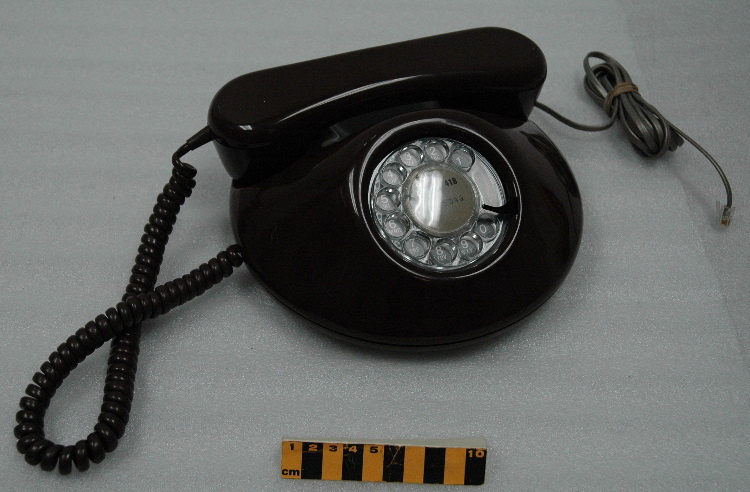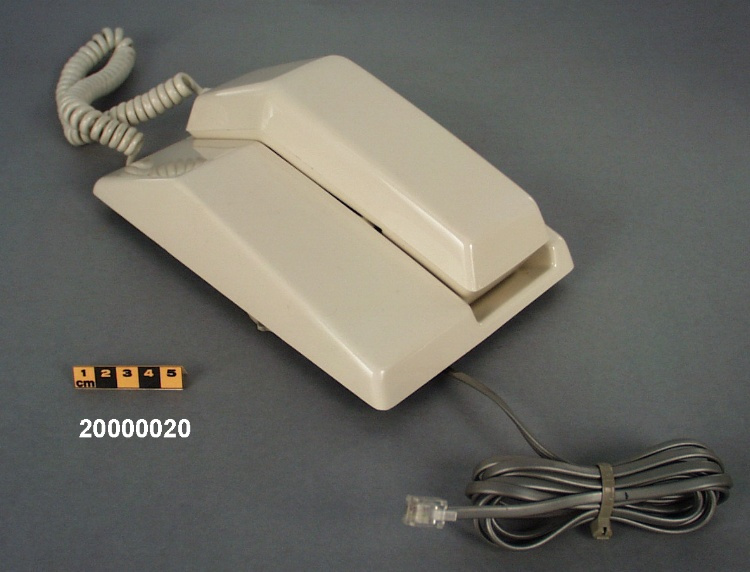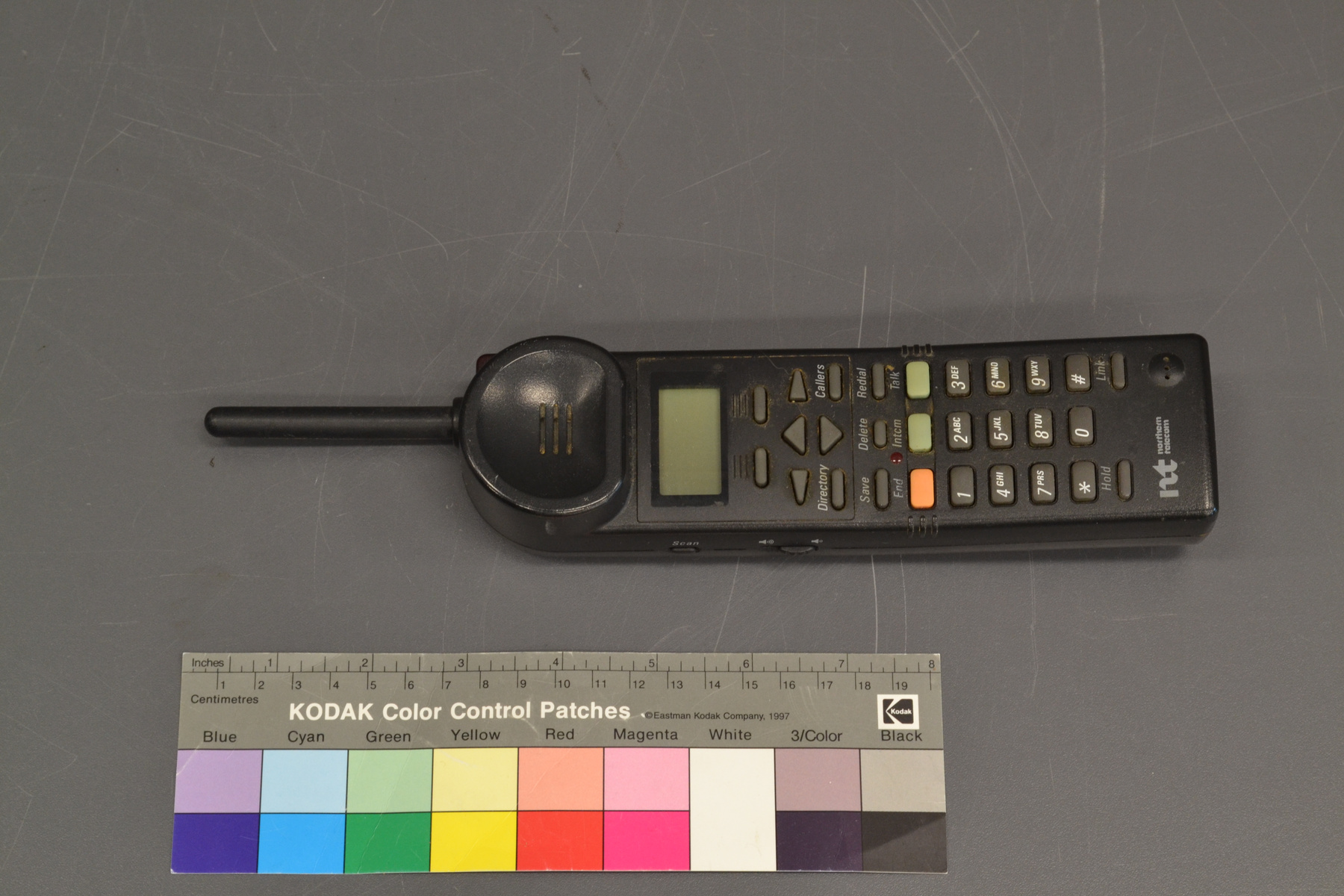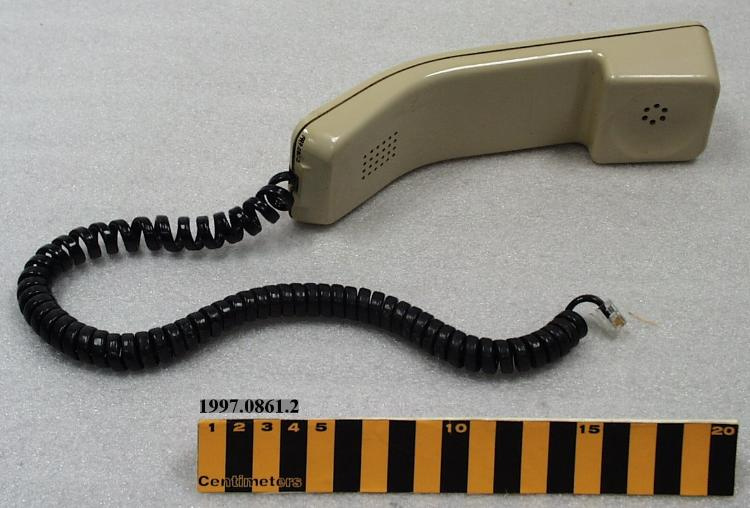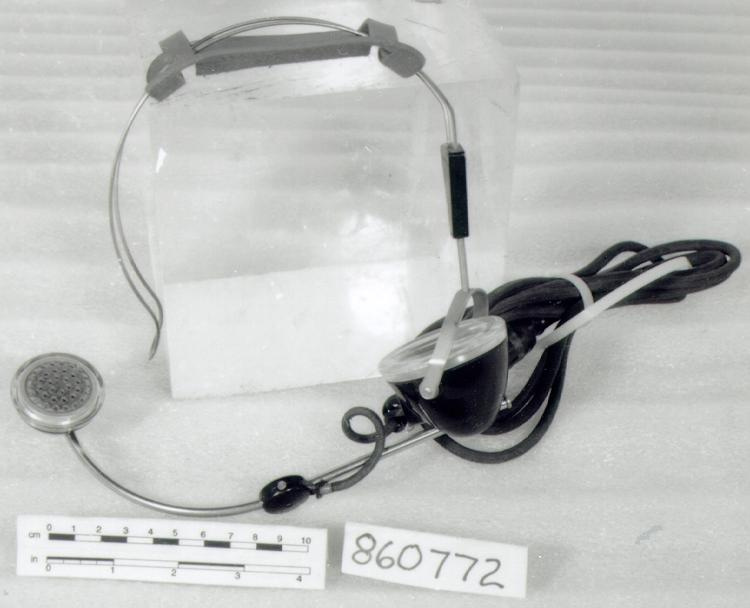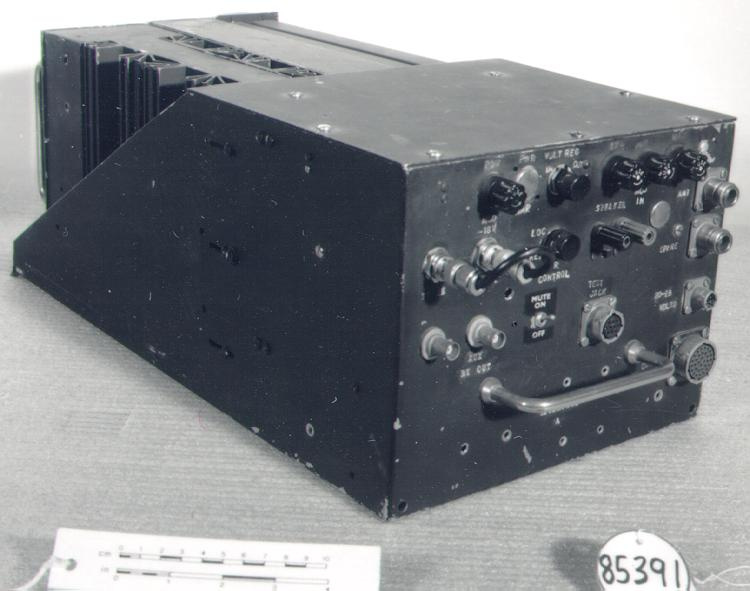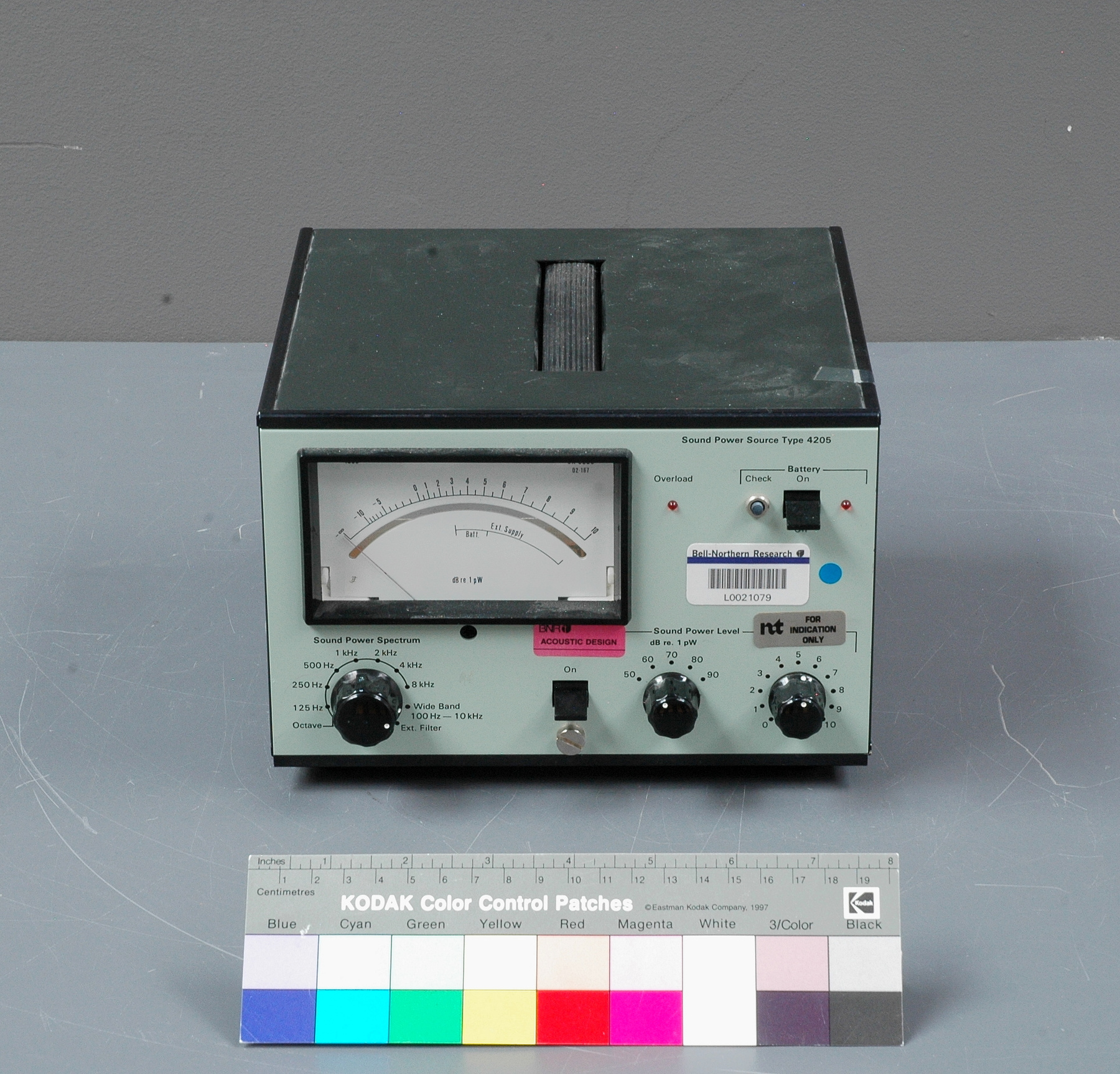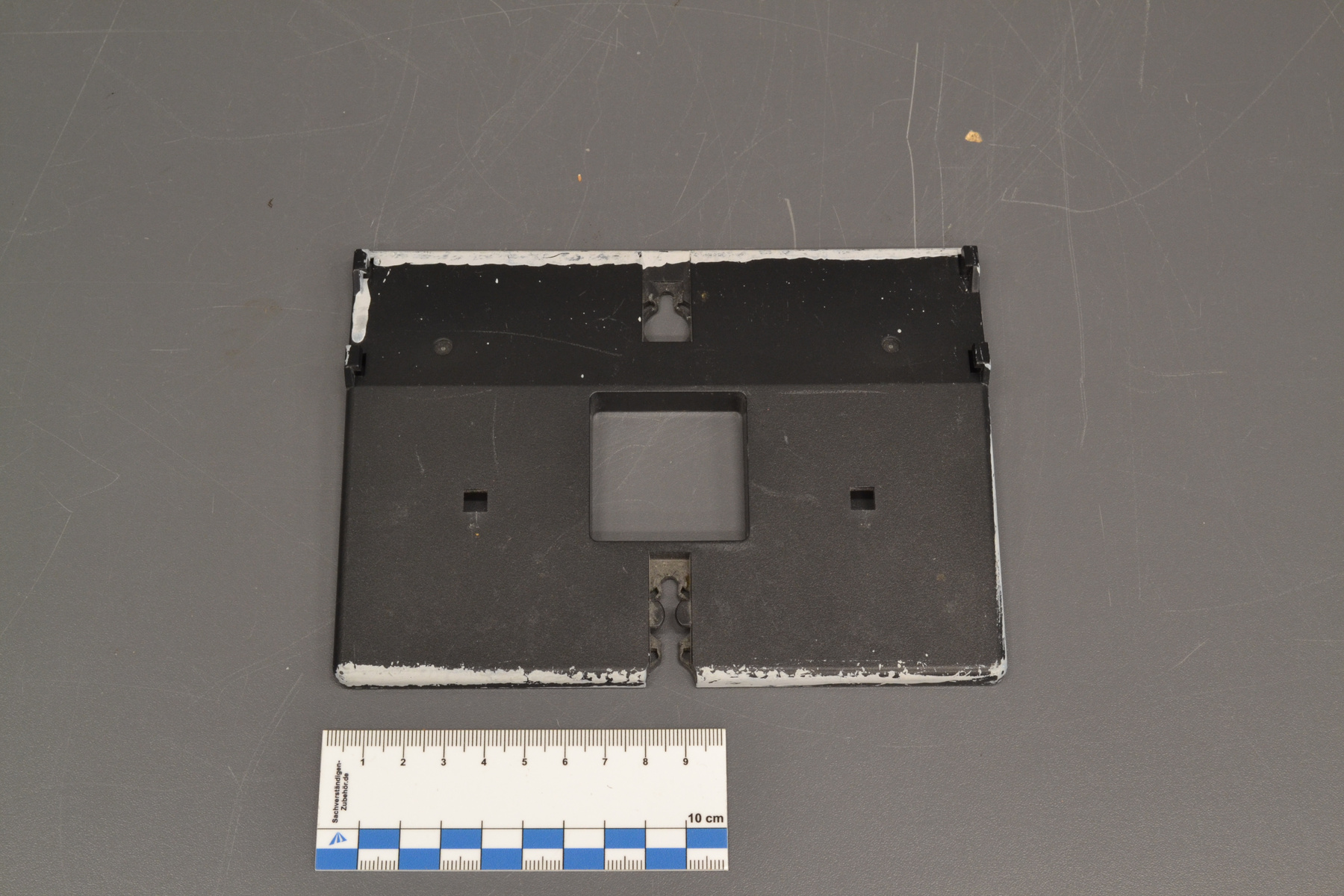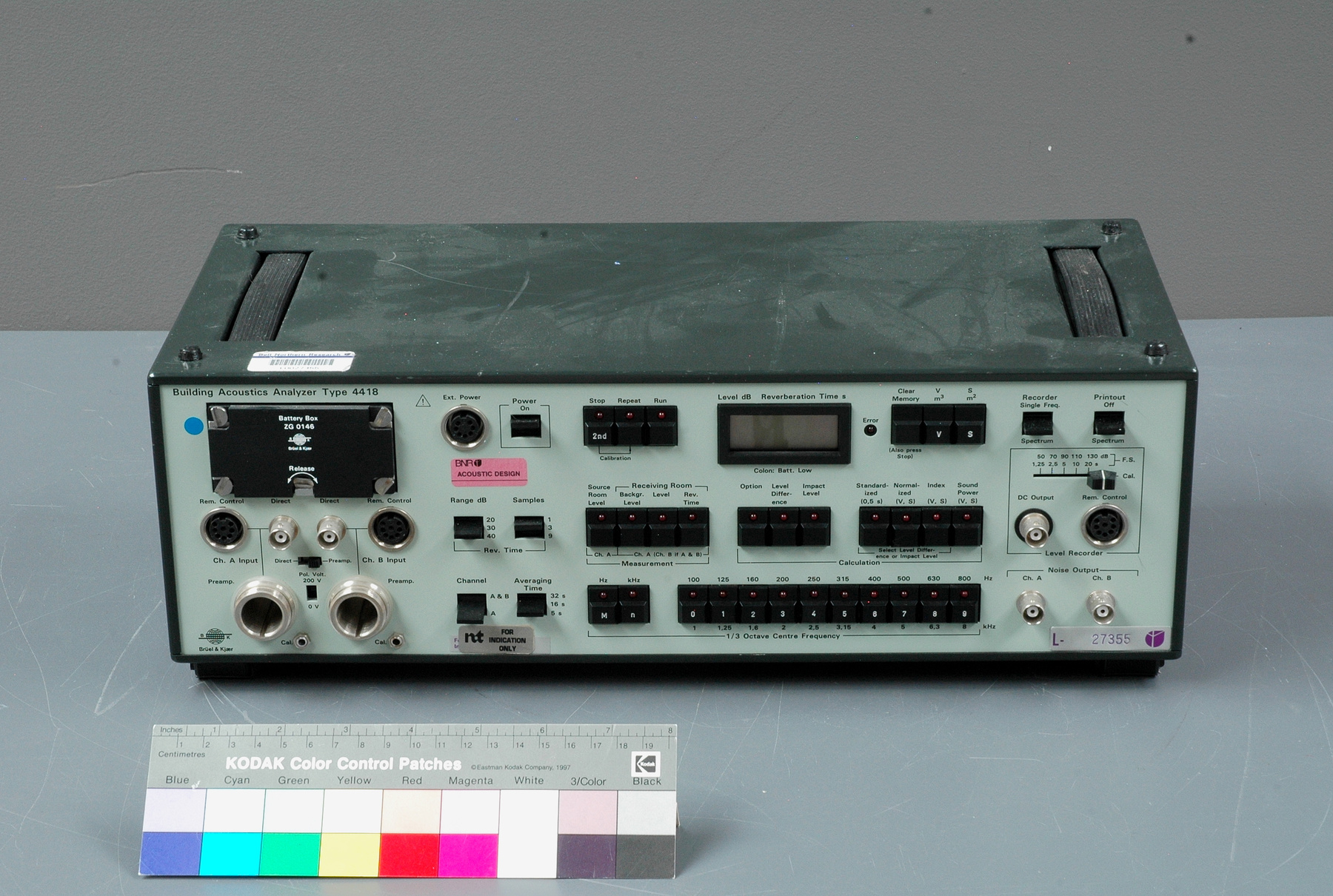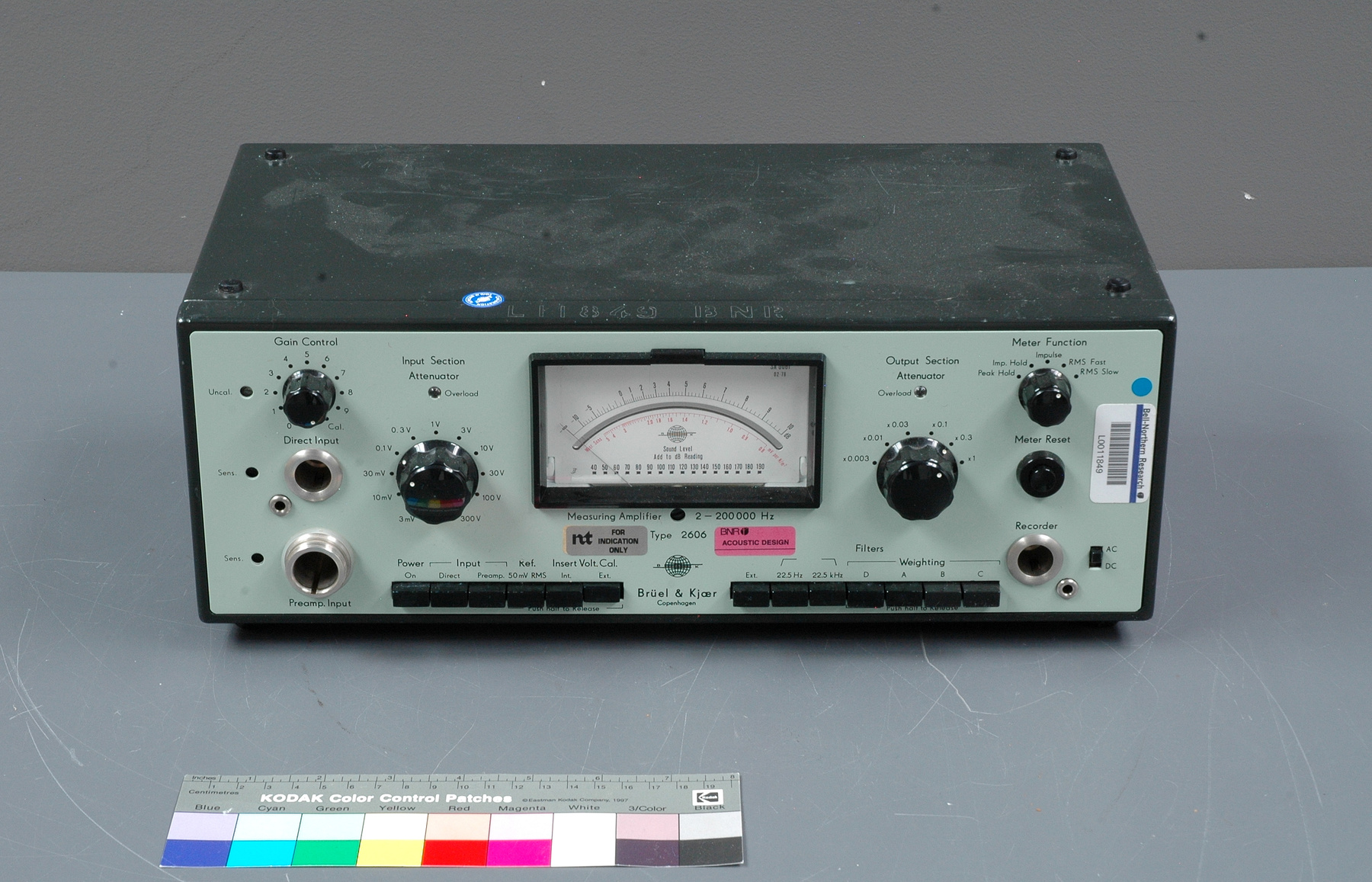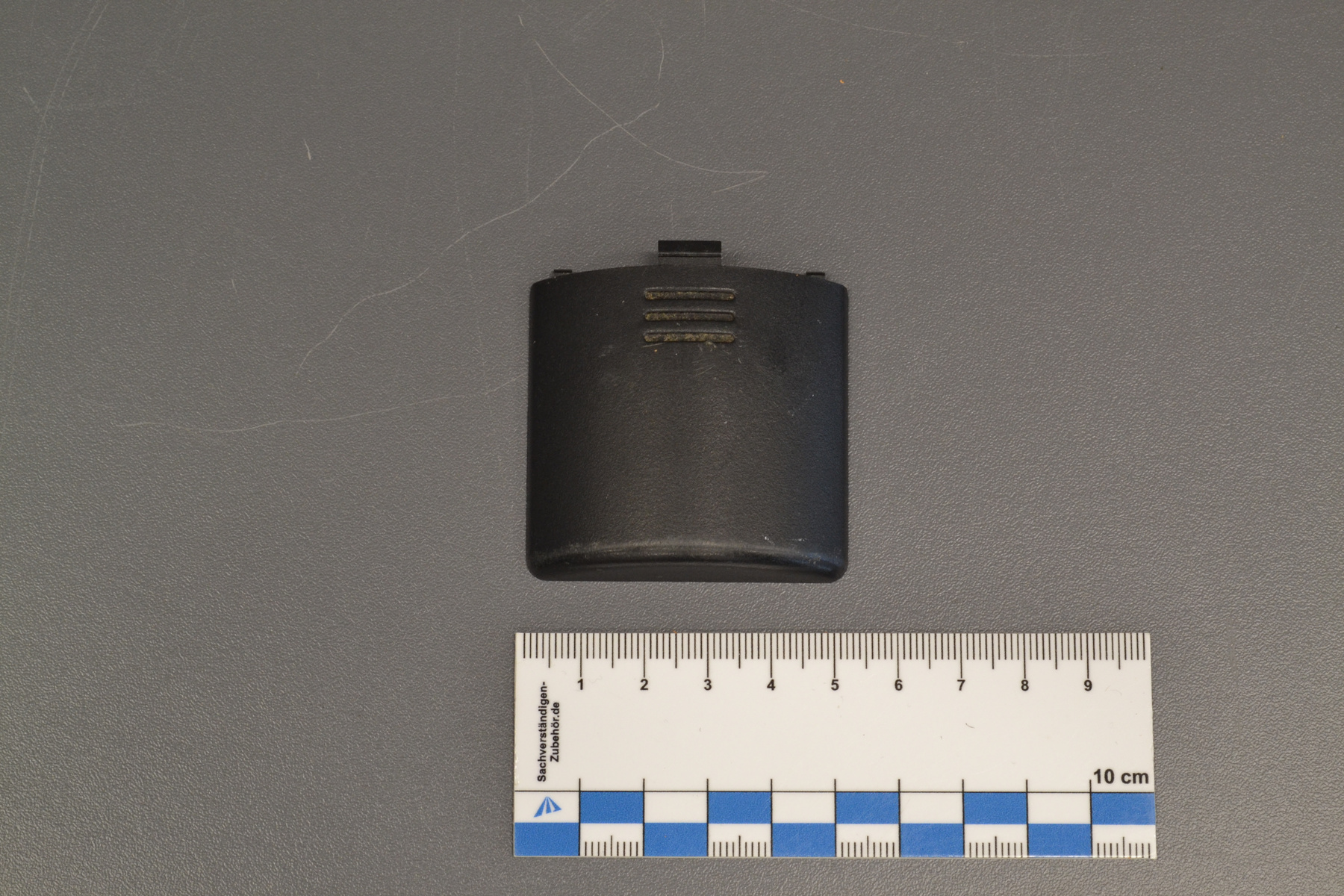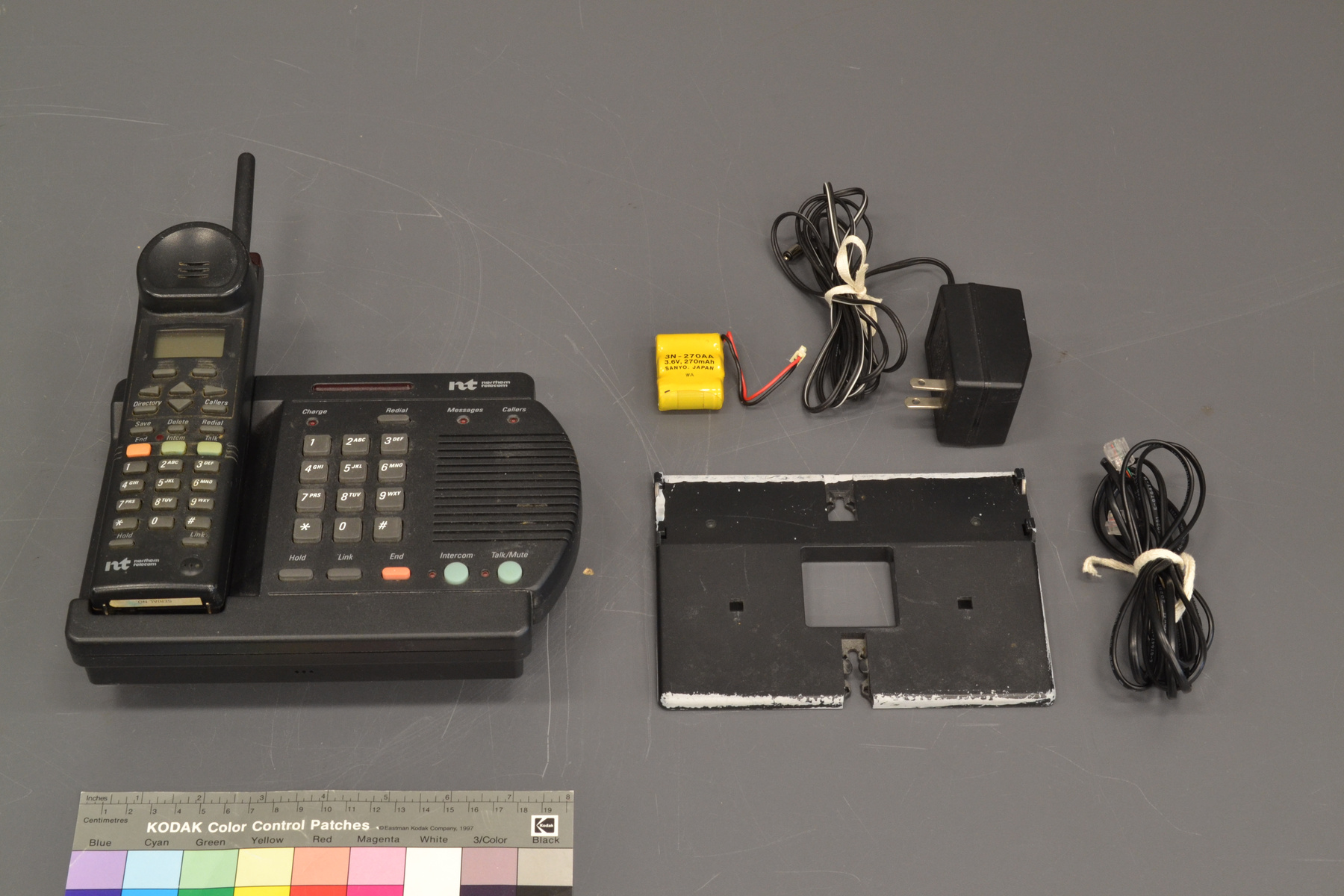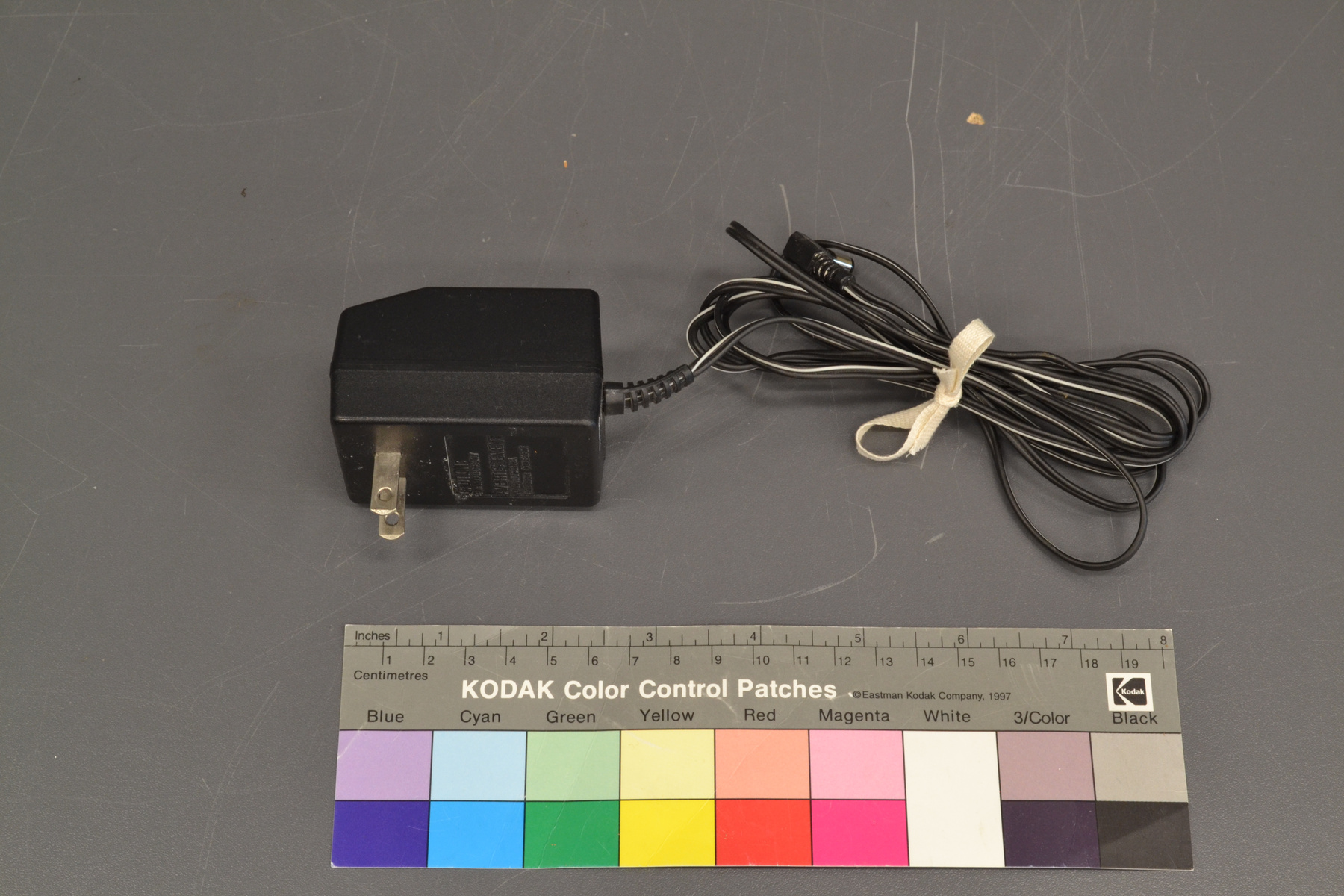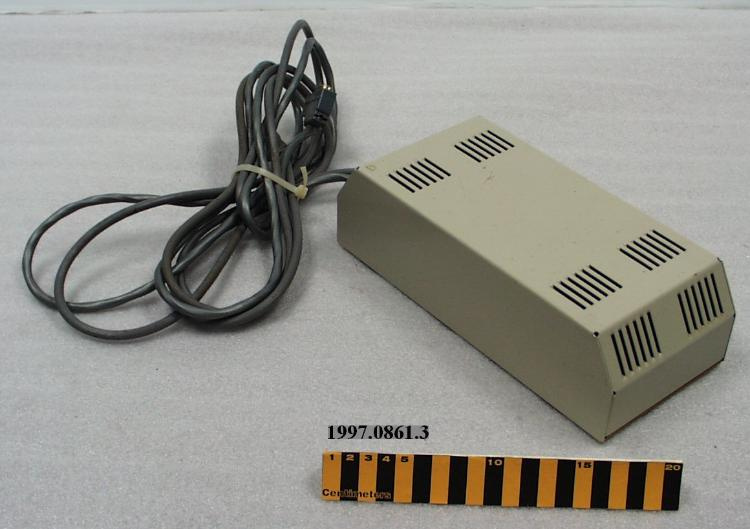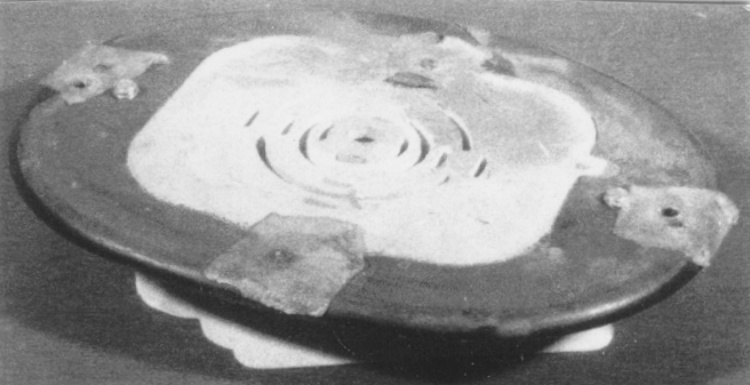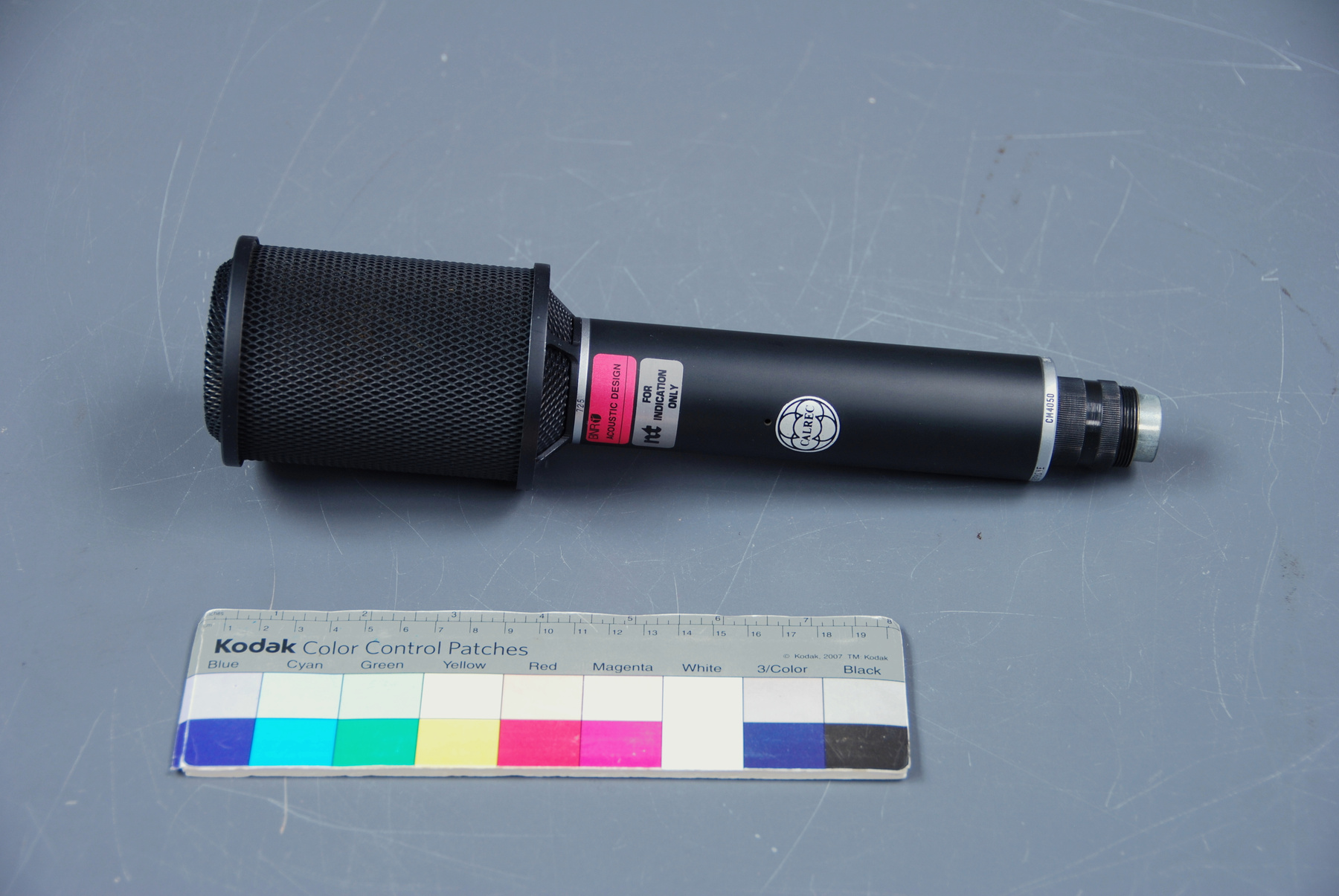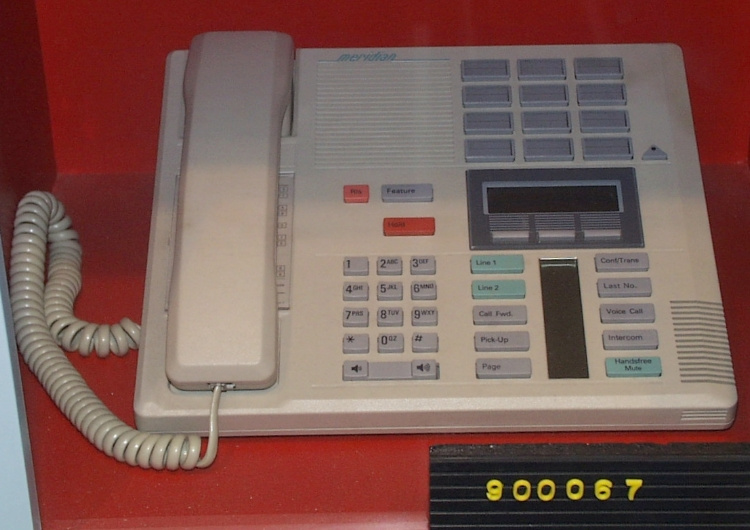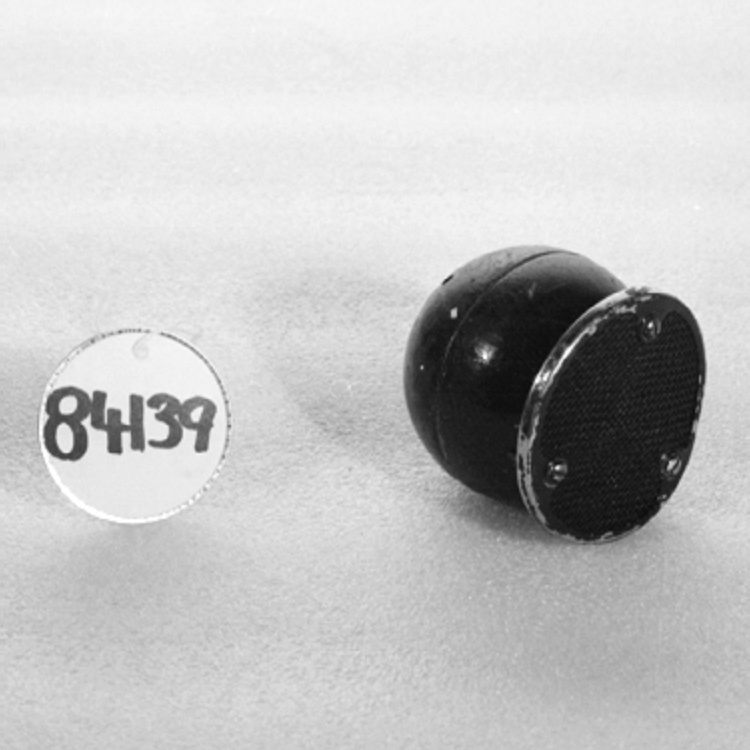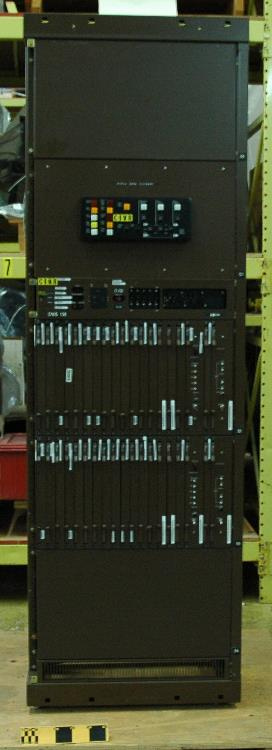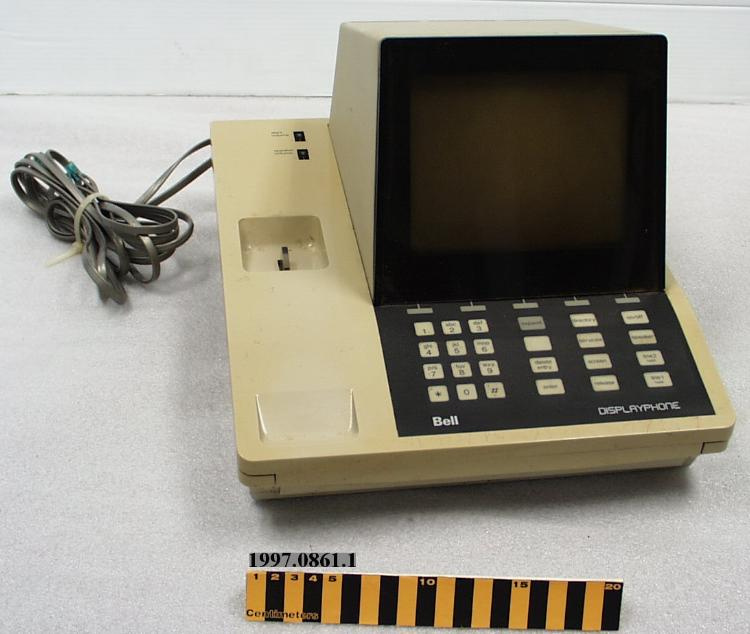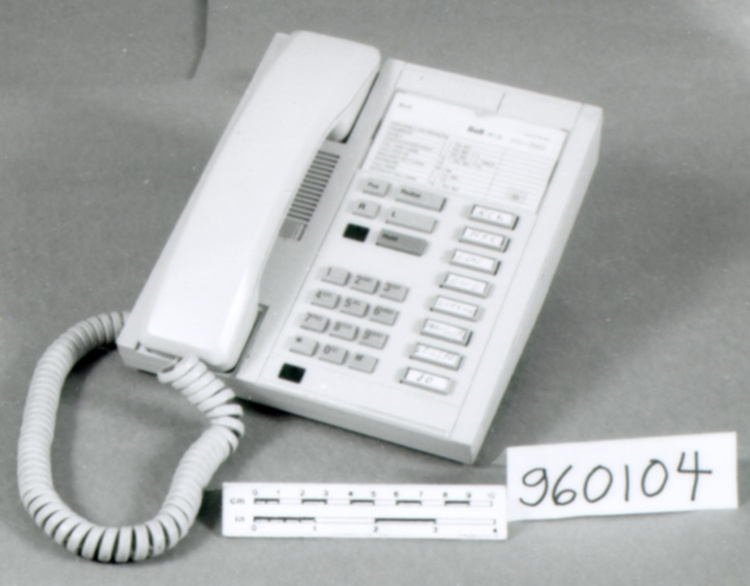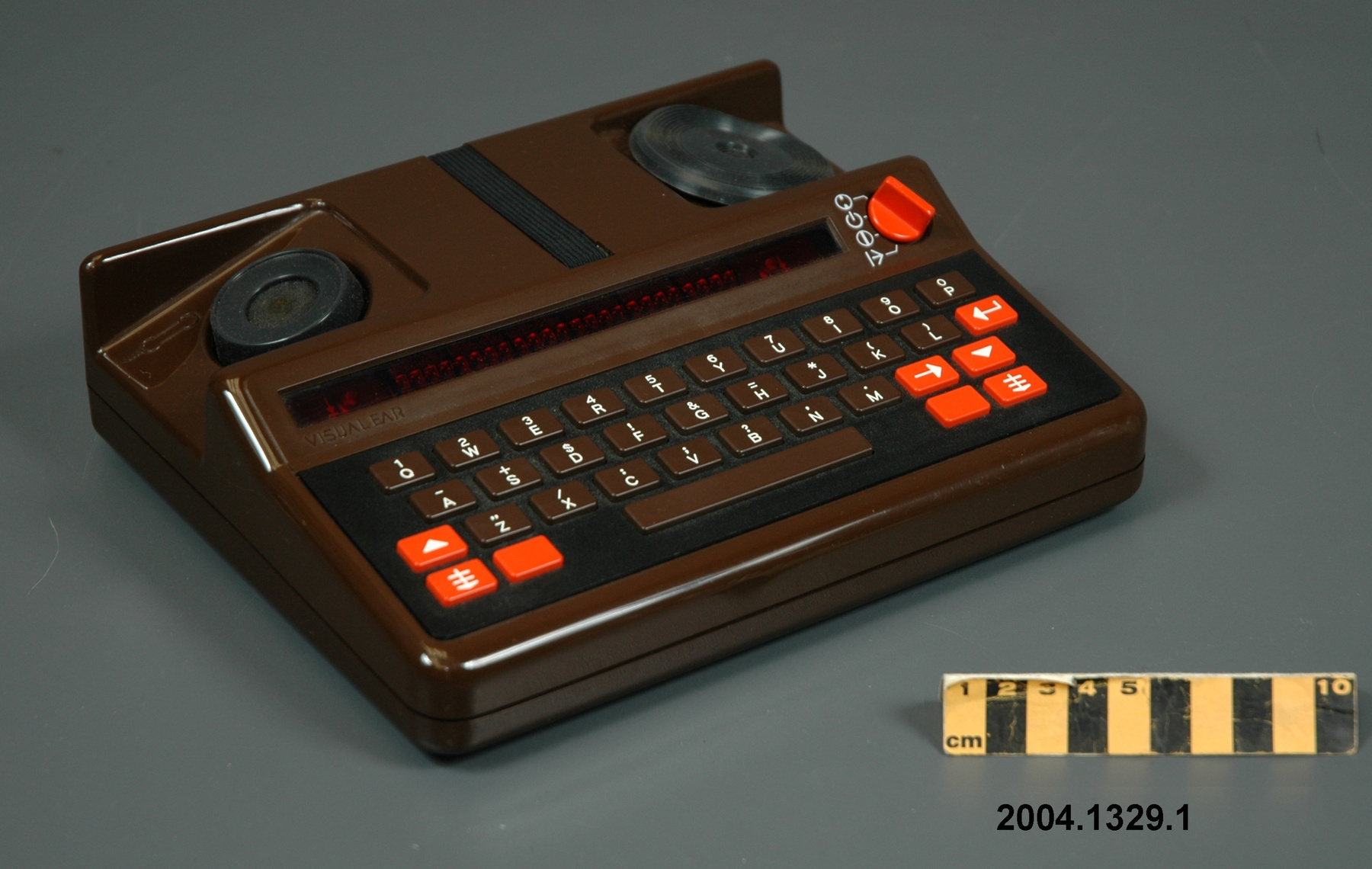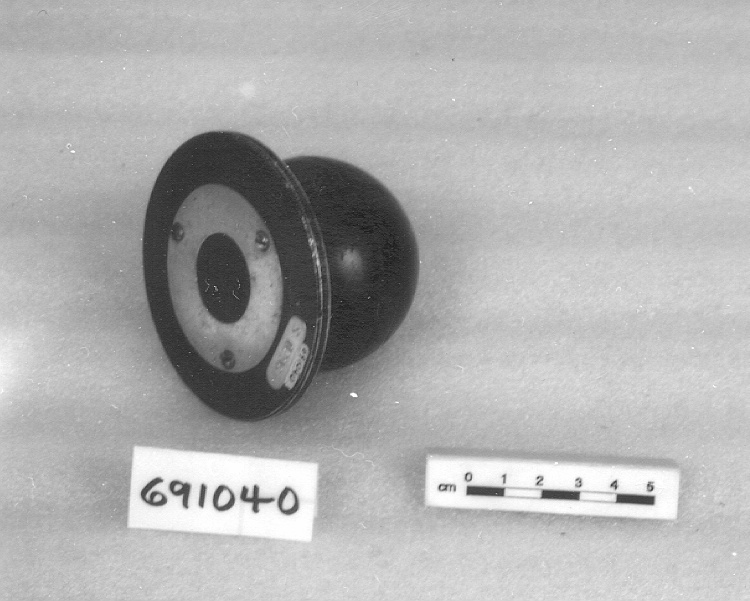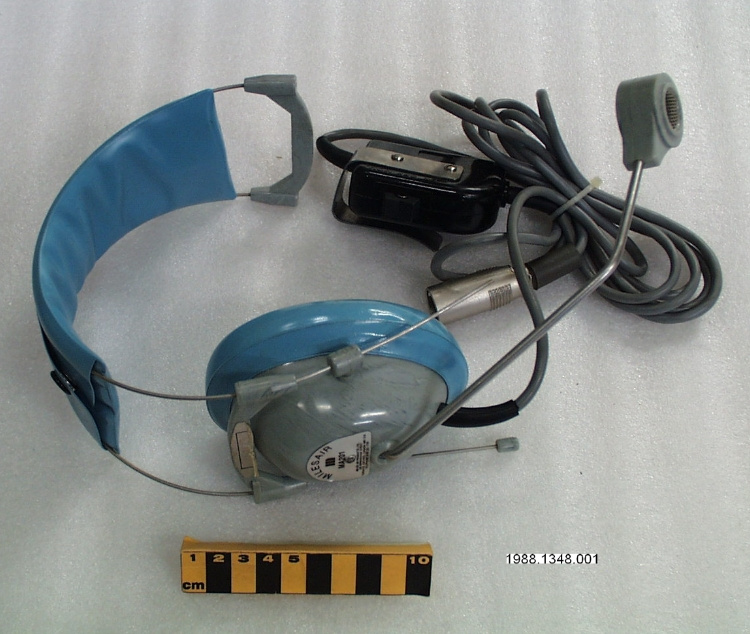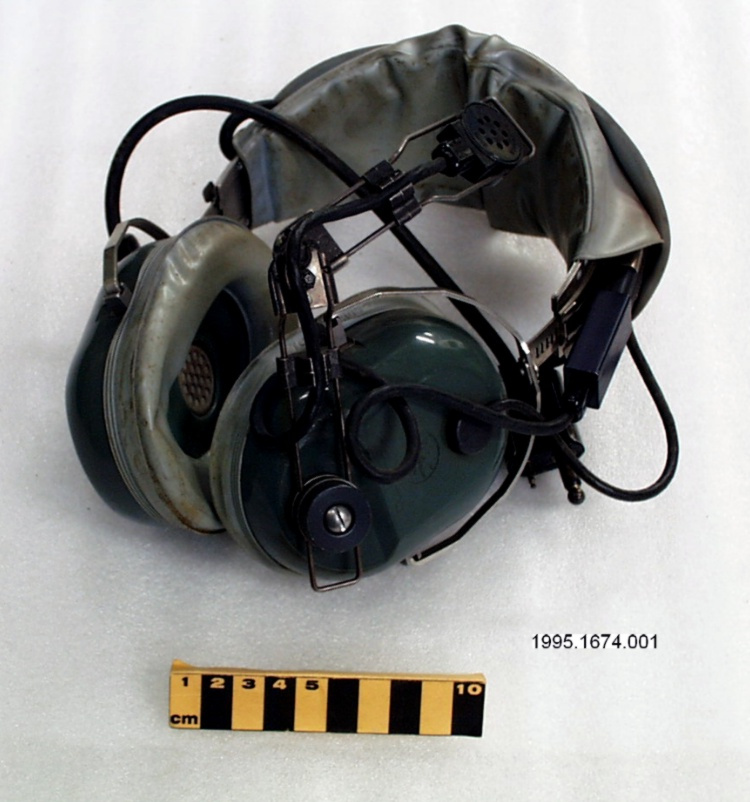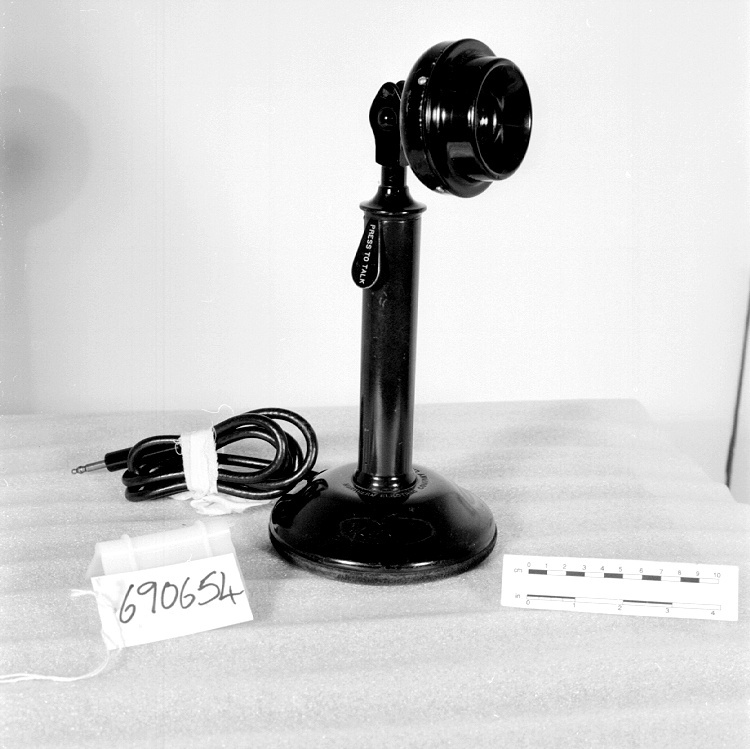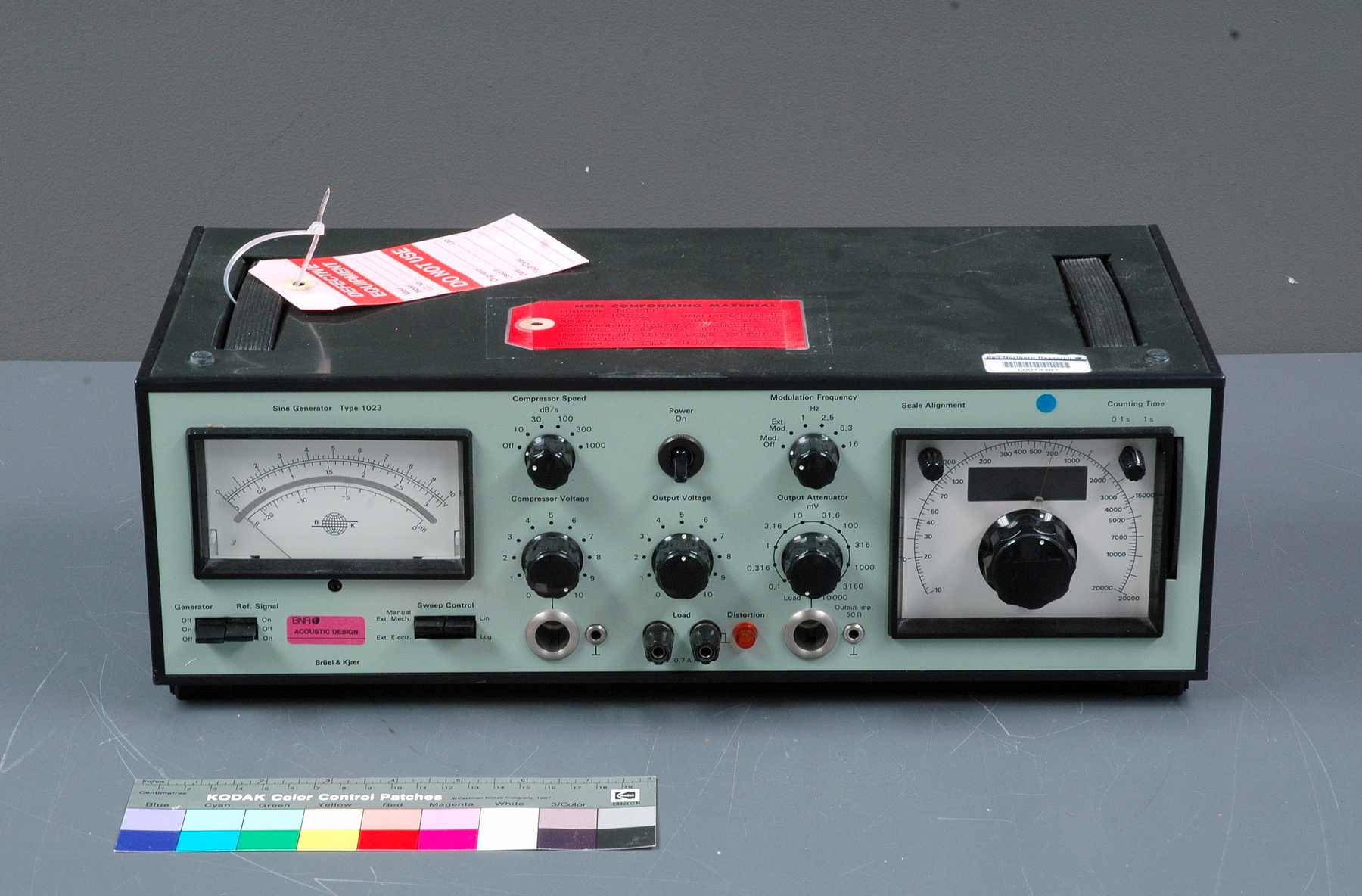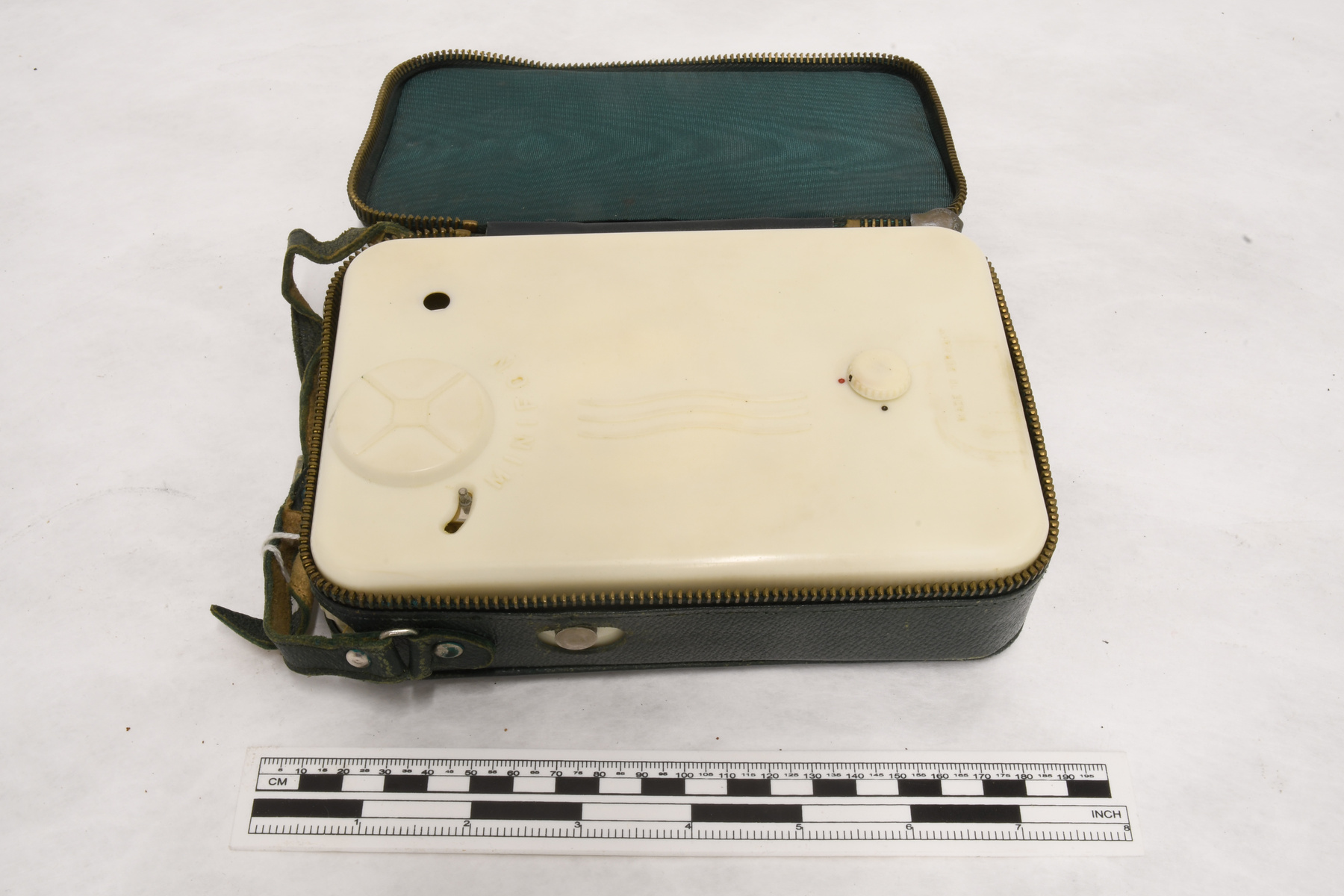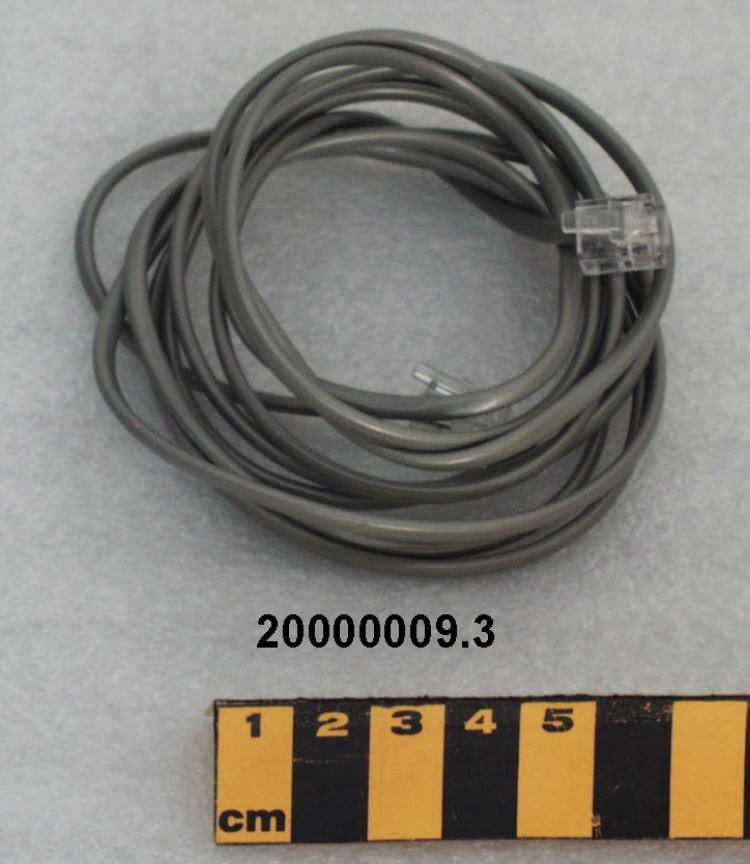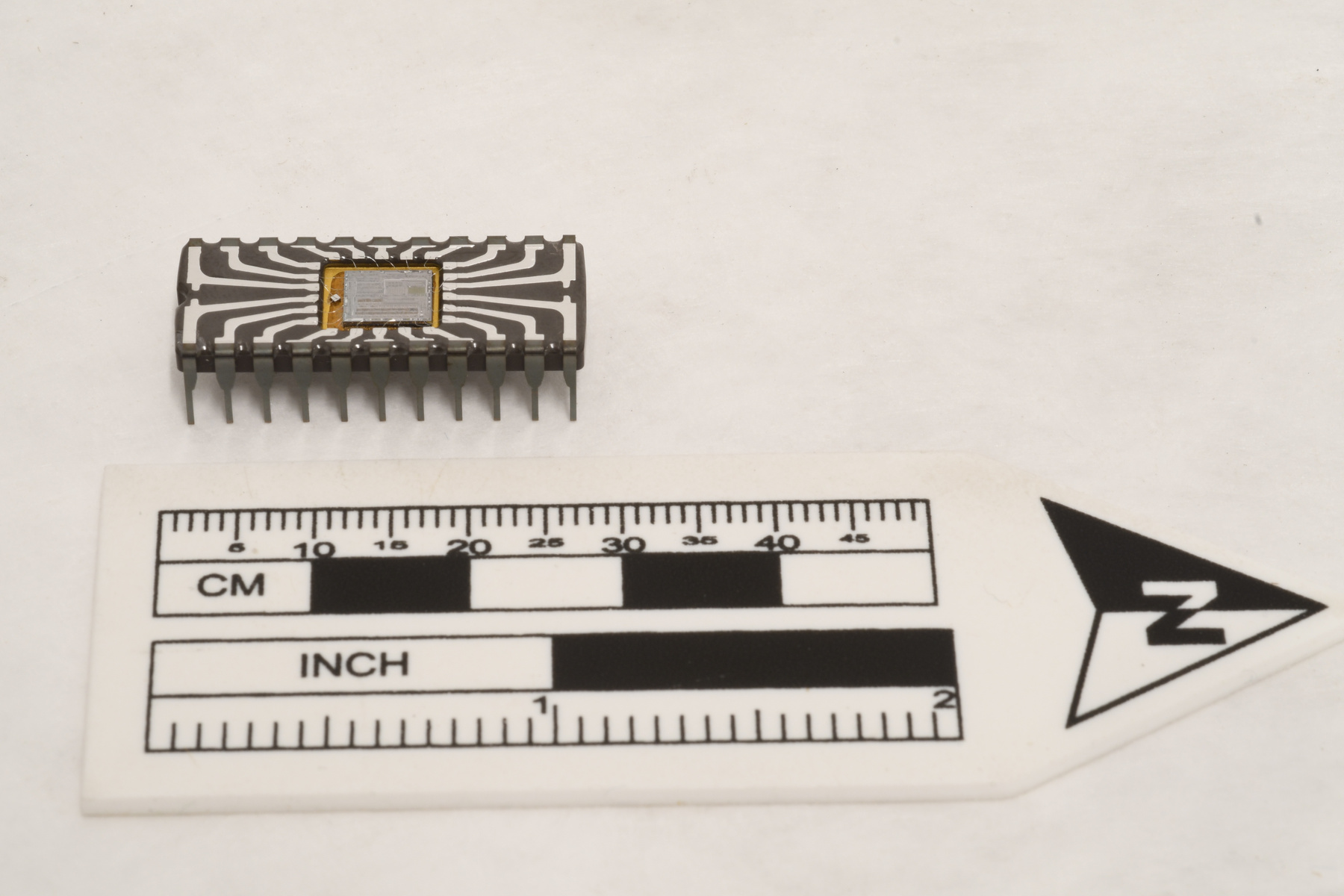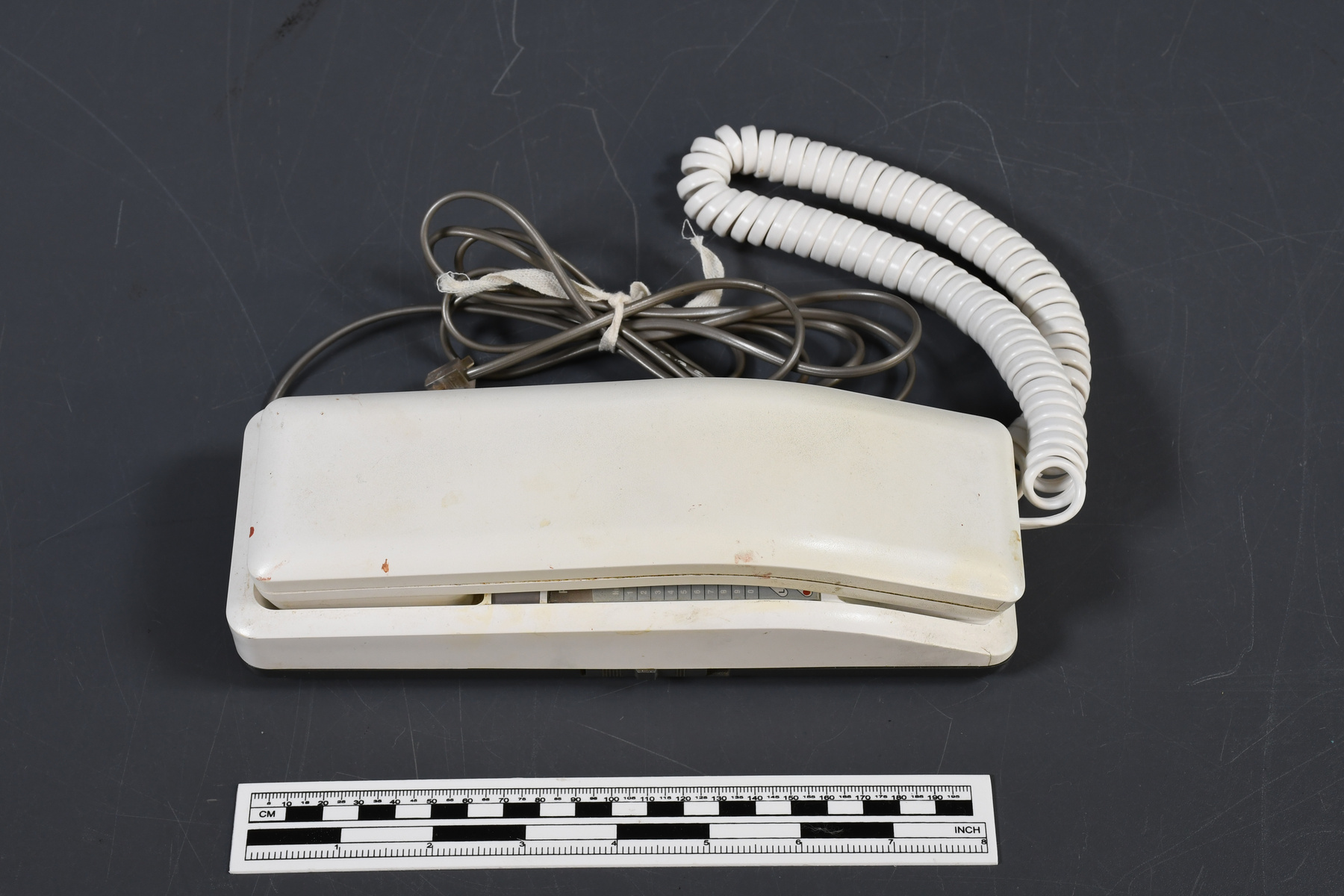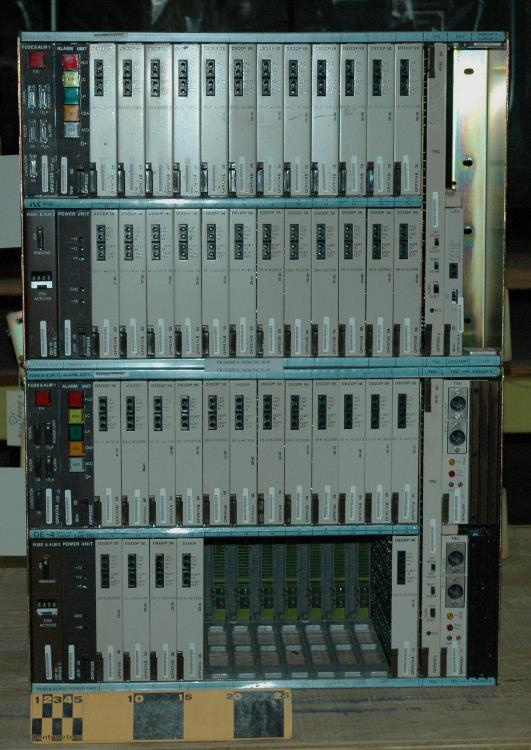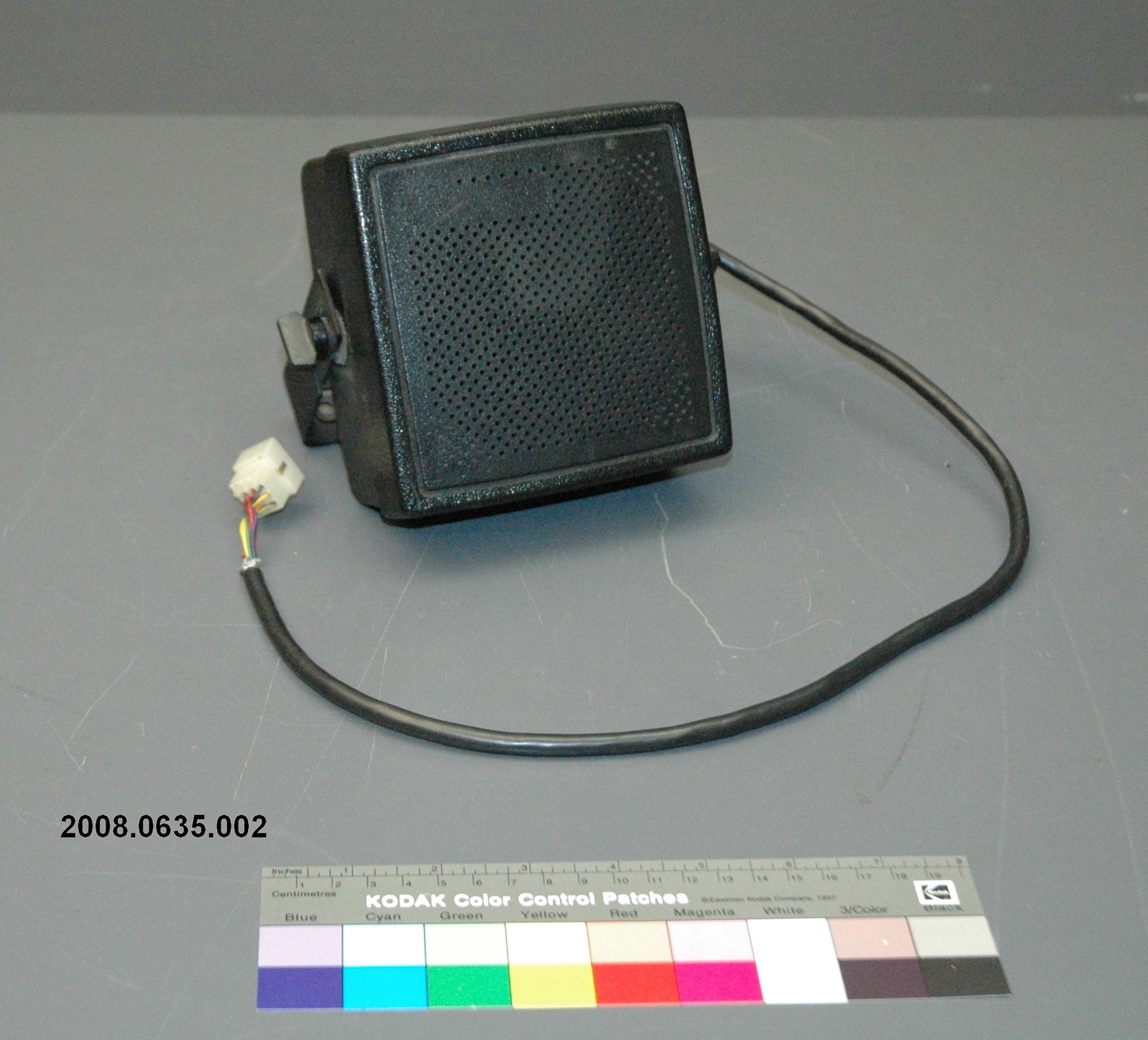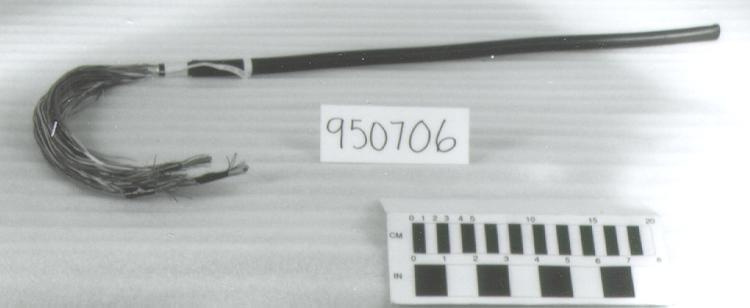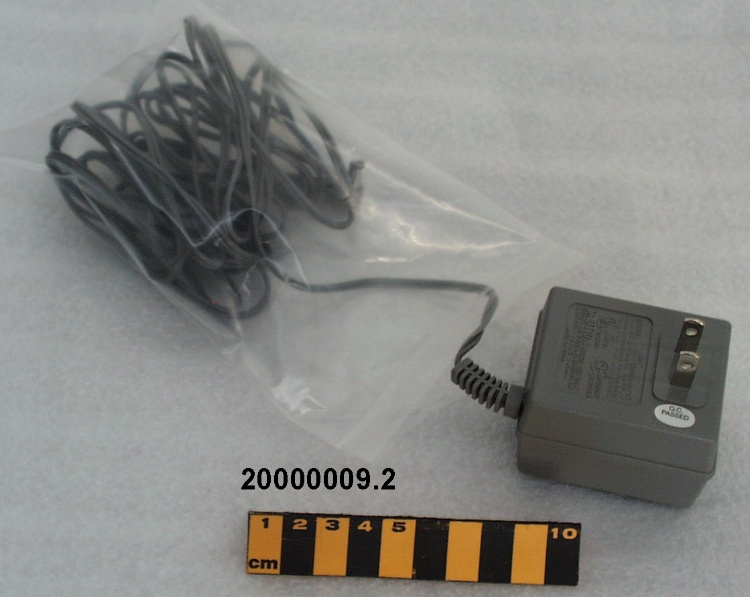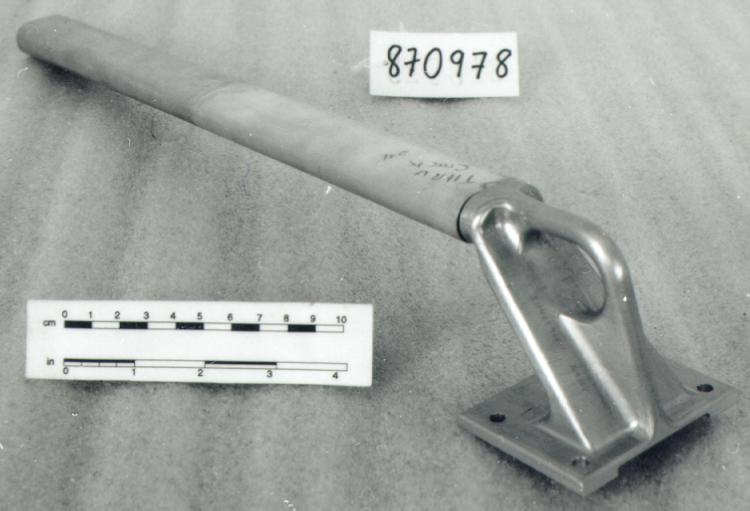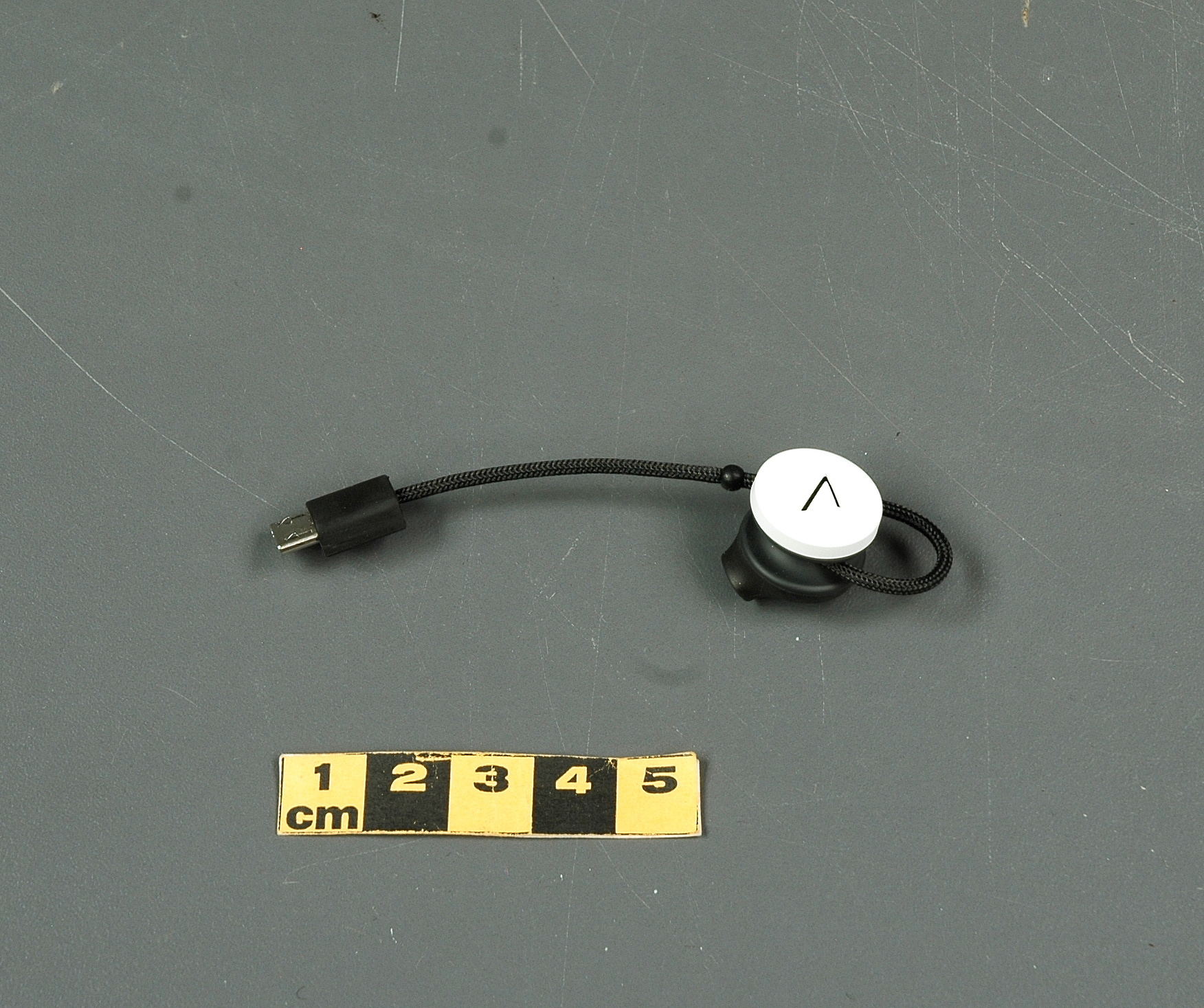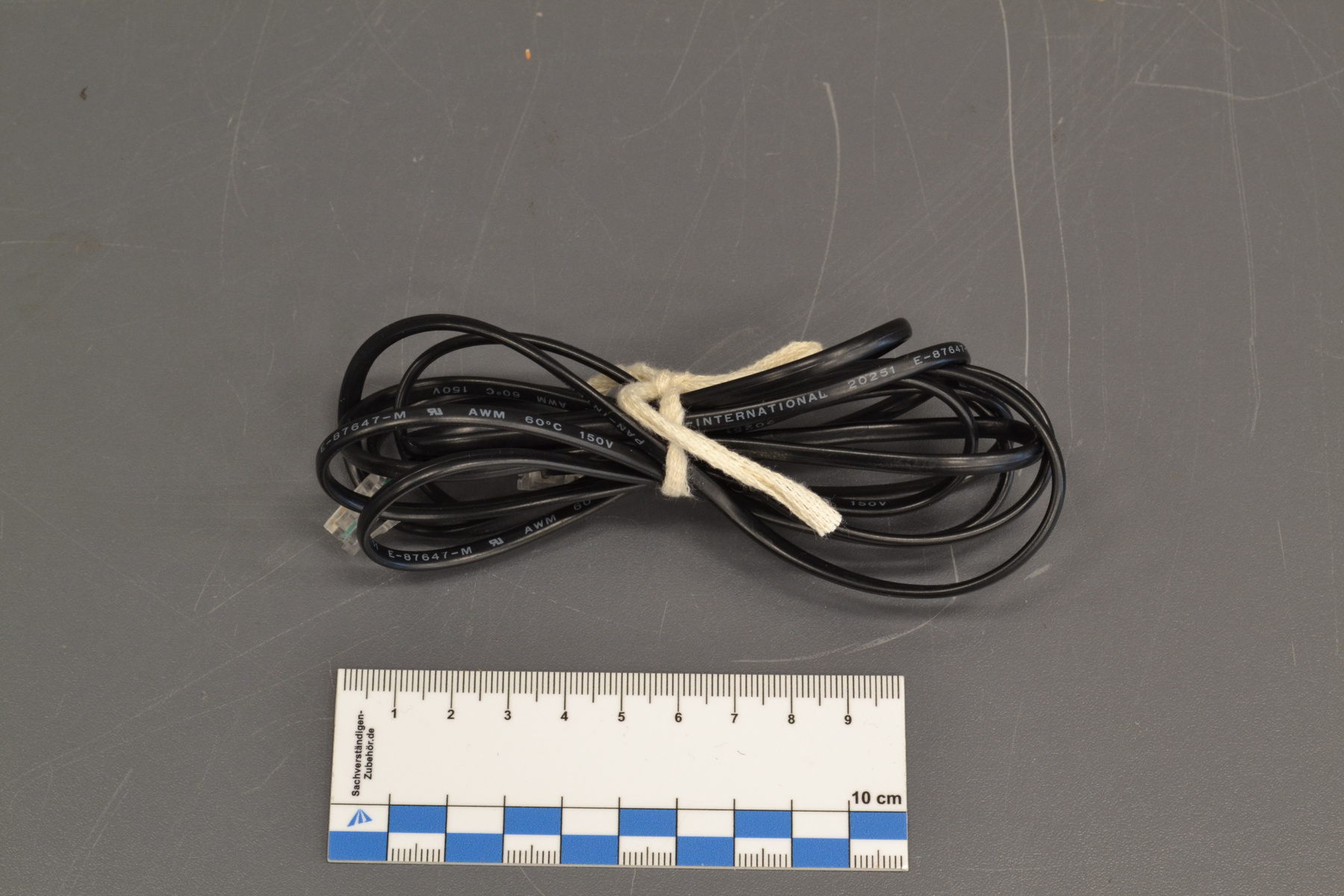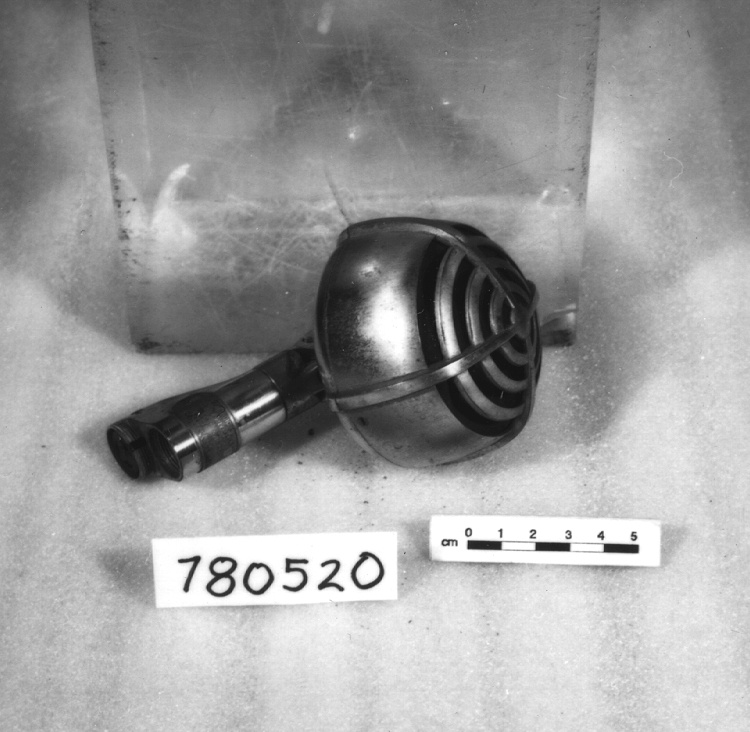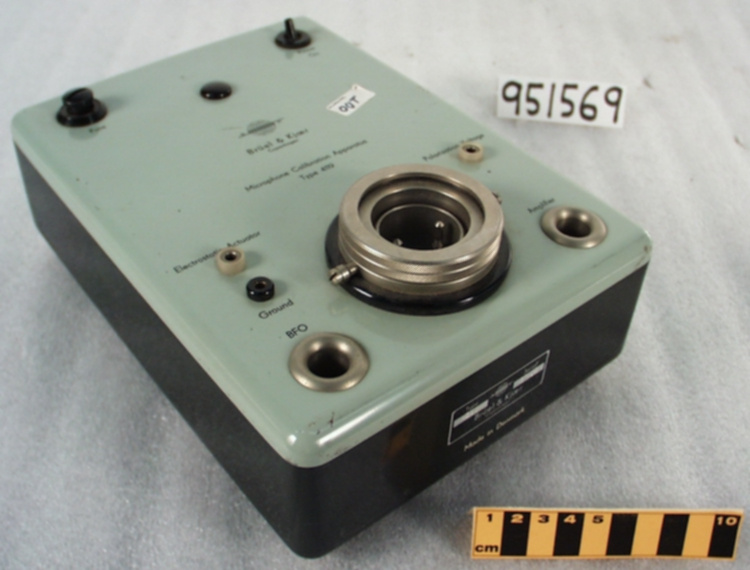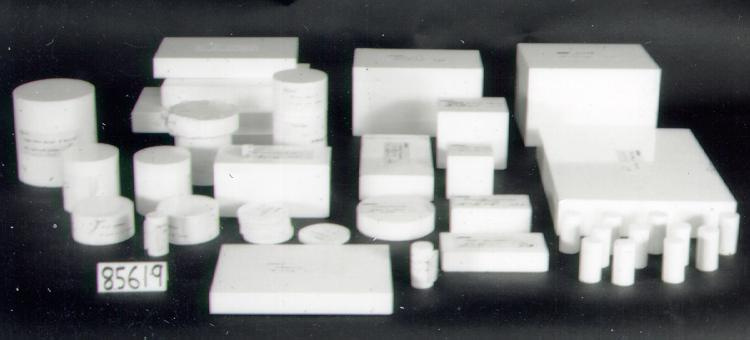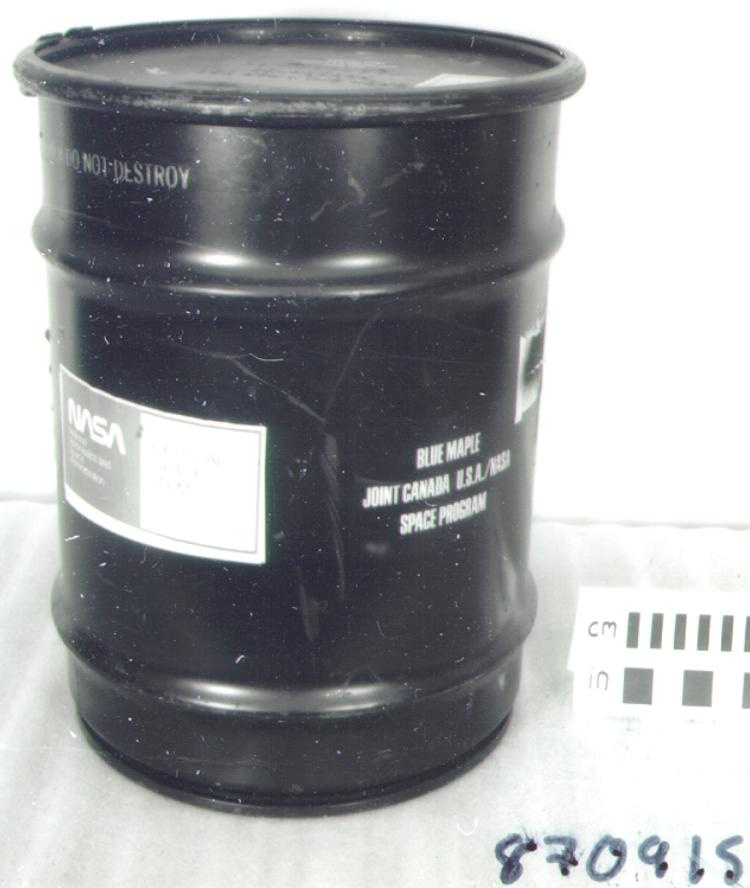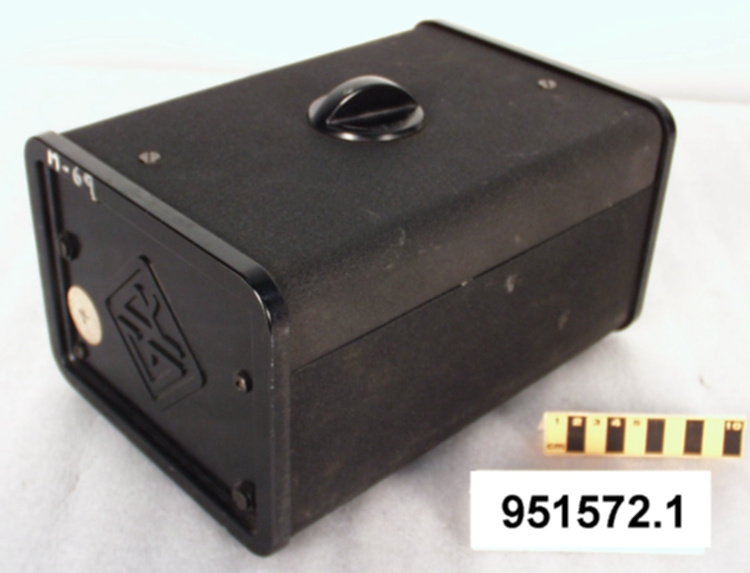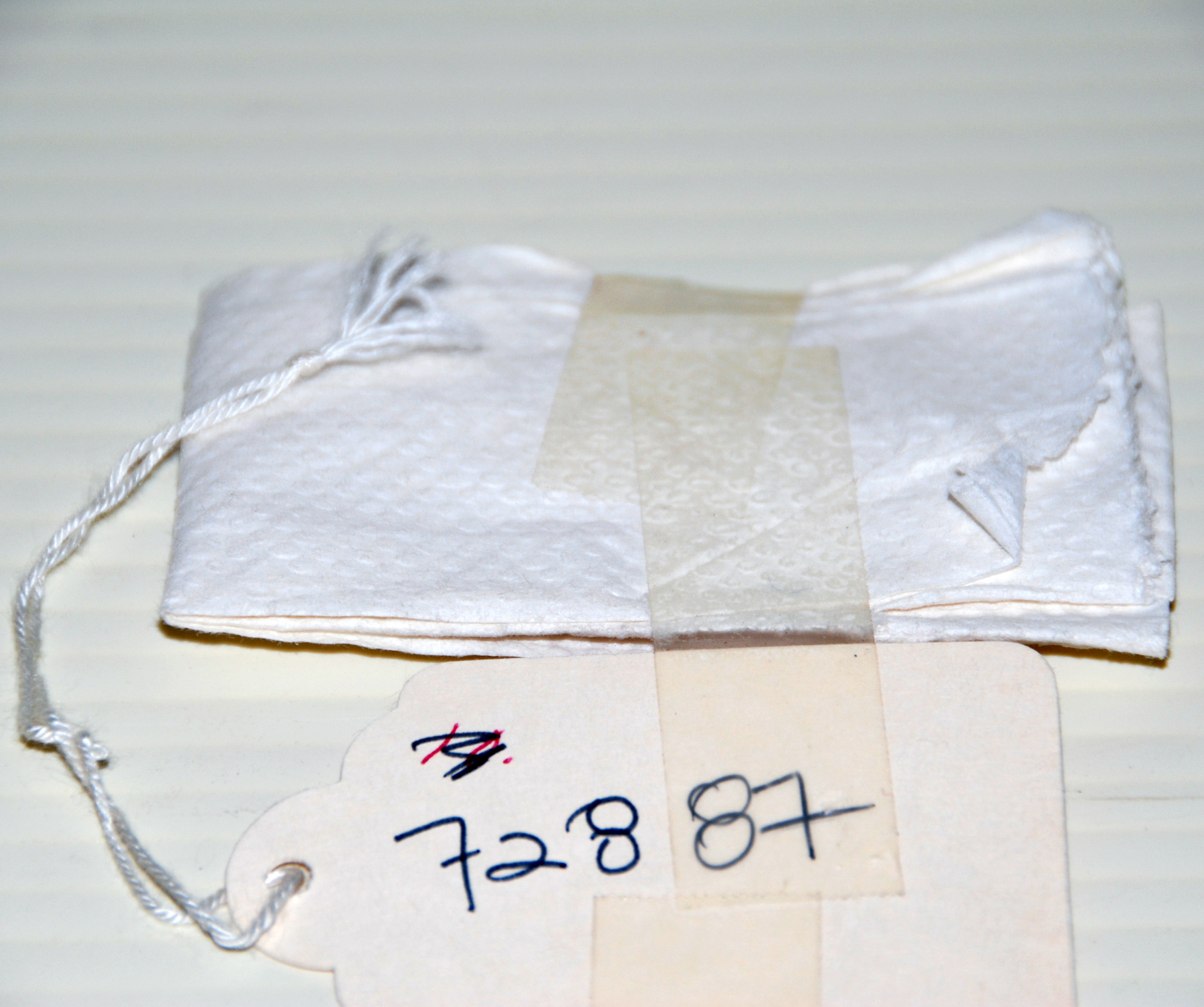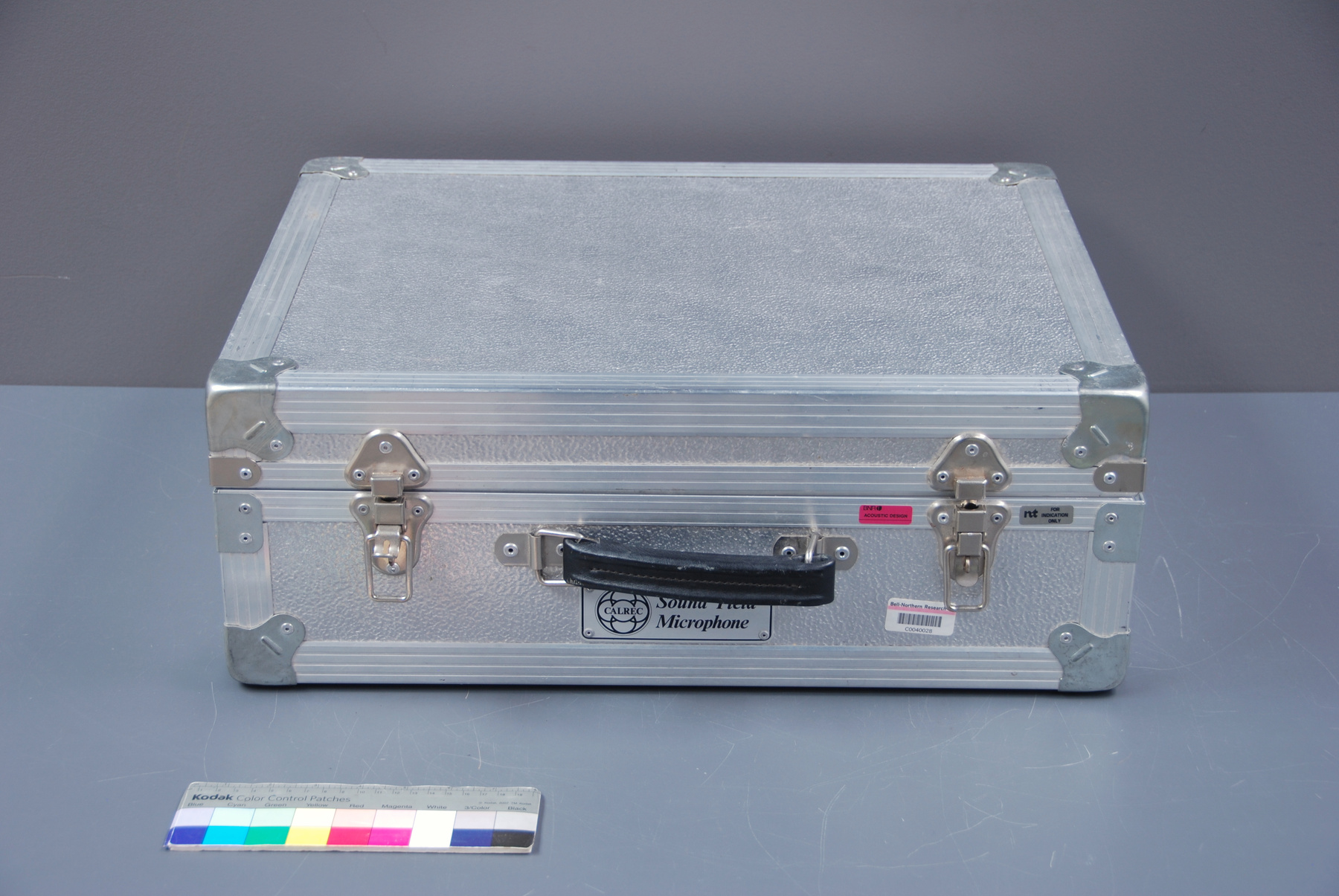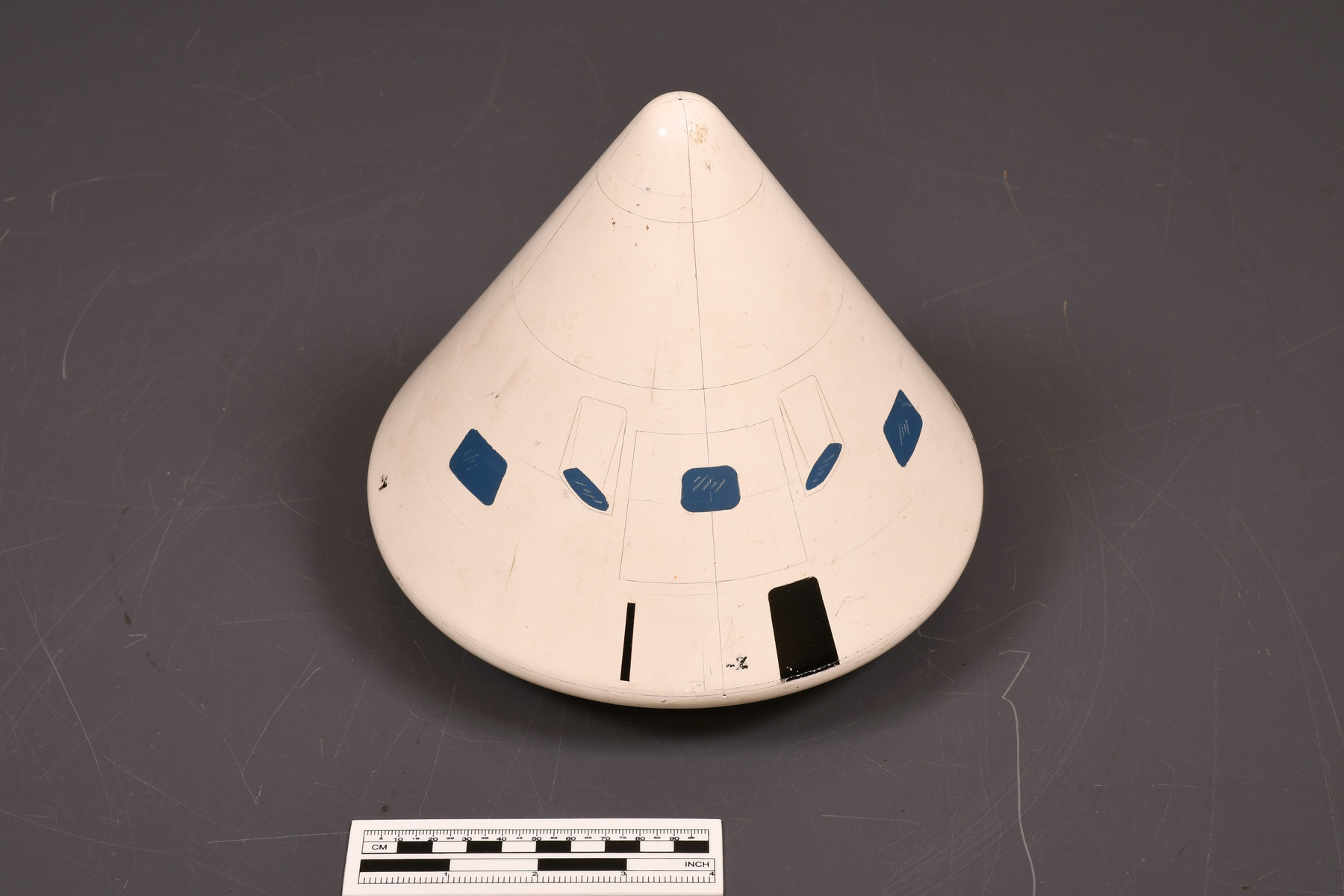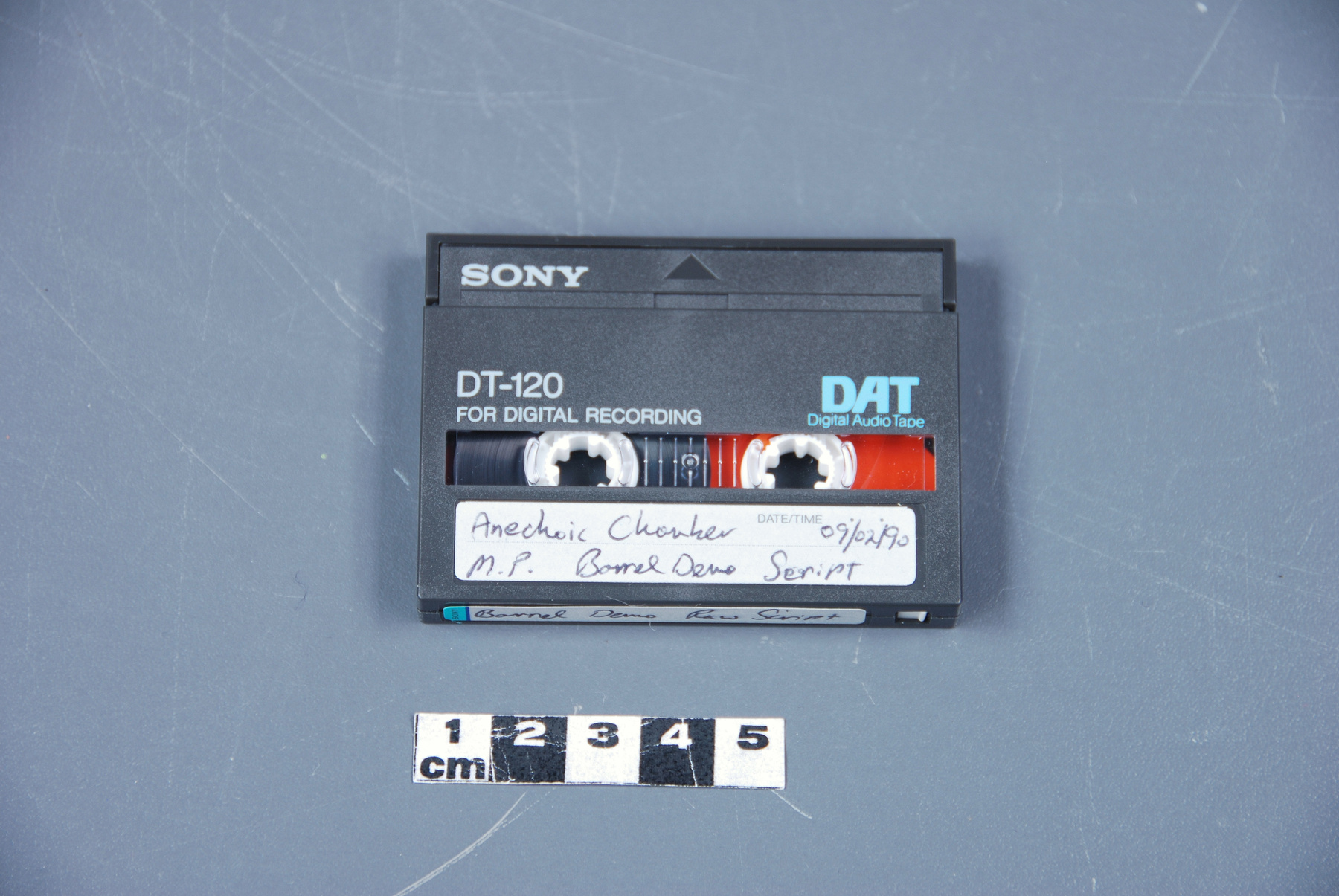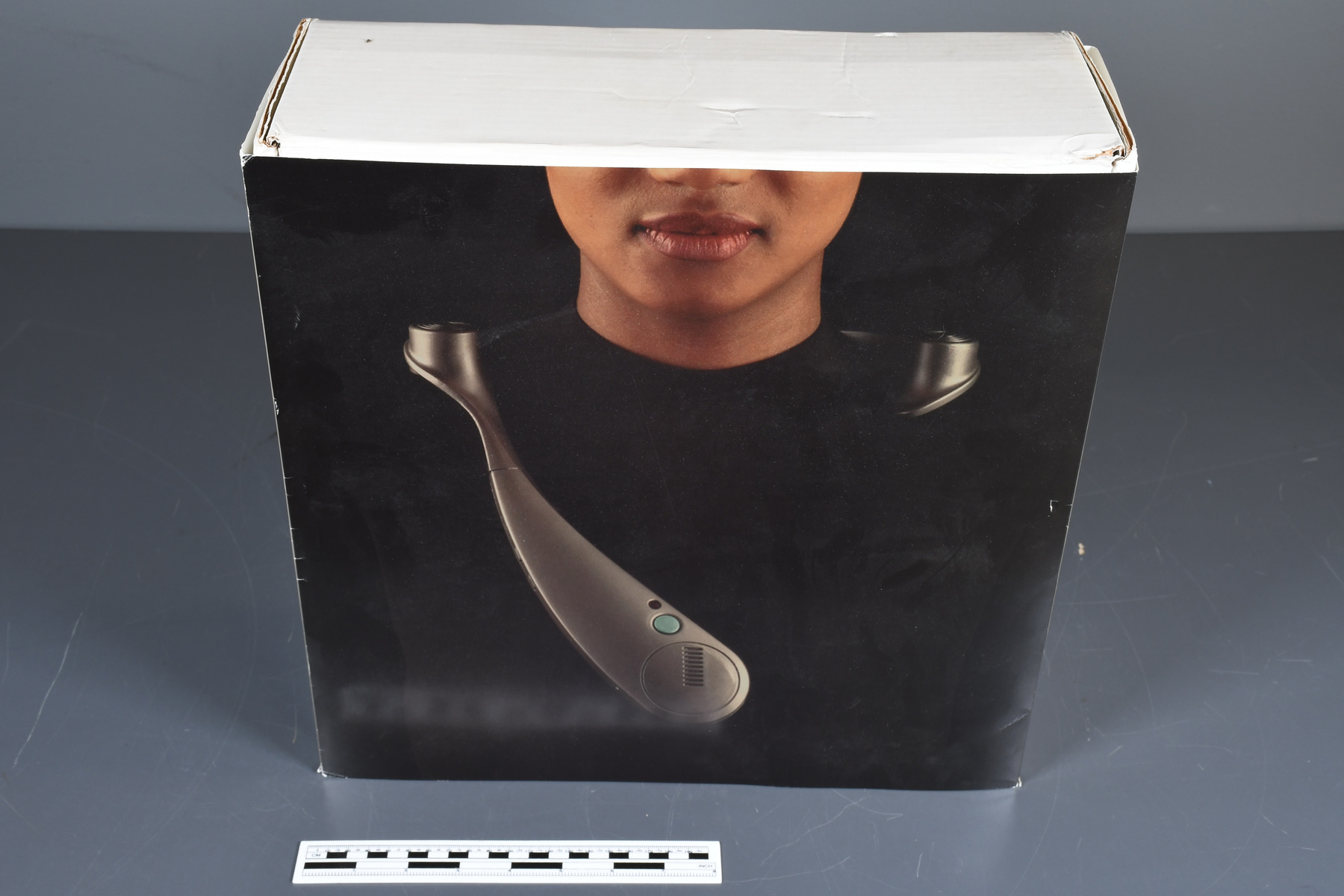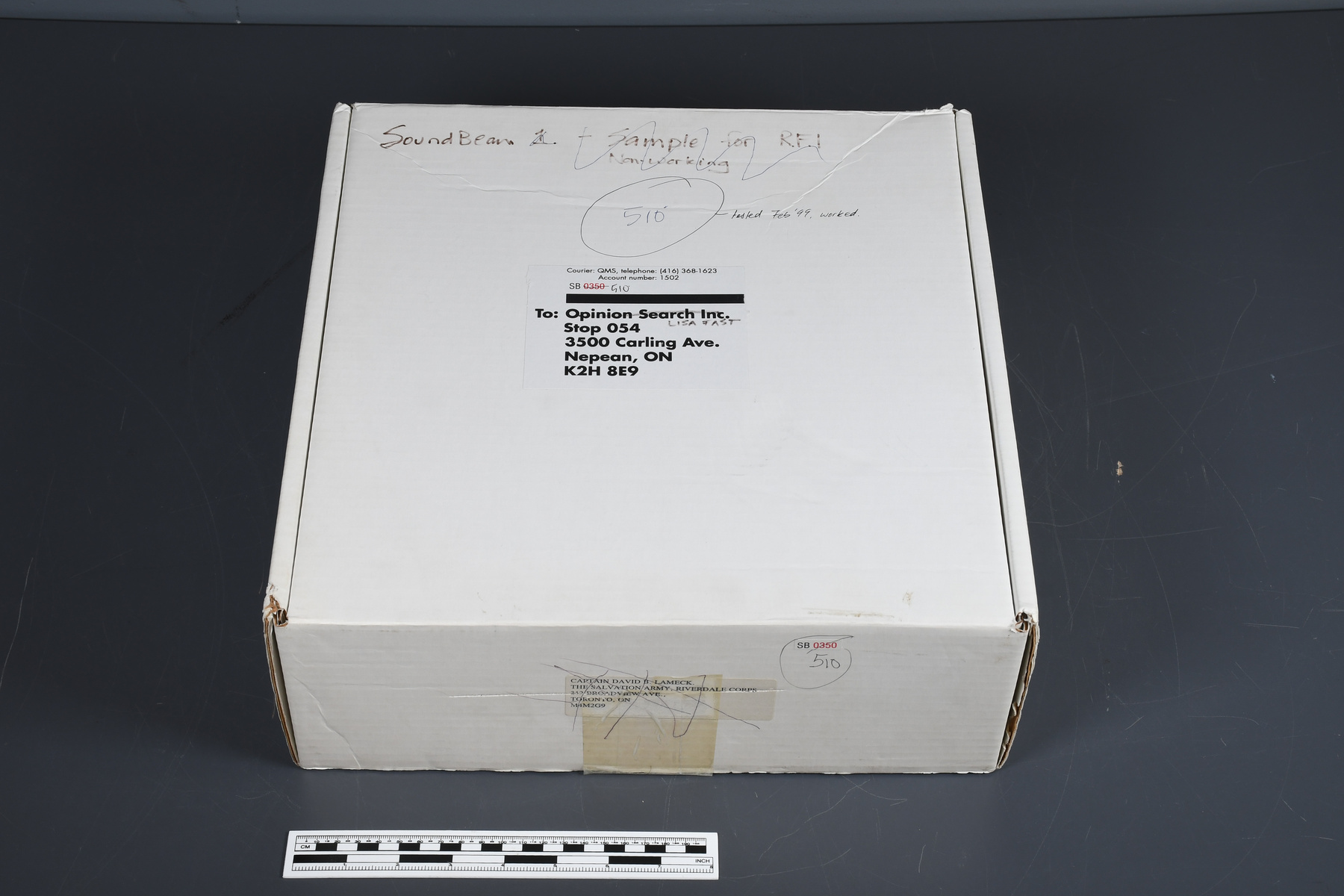Box
Use this image
Can I reuse this image without permission? Yes
Object images on the Ingenium Collection’s portal have the following Creative Commons license:
Copyright Ingenium / CC BY-NC-ND (Attribution-NonCommercial 4.0 International (CC BY-NC 4.0)
ATTRIBUTE THIS IMAGE
Ingenium,
2017.0018.005
Permalink:
Ingenium is releasing this image under the Creative Commons licensing framework, and encourages downloading and reuse for non-commercial purposes. Please acknowledge Ingenium and cite the artifact number.
DOWNLOAD IMAGEPURCHASE THIS IMAGE
This image is free for non-commercial use.
For commercial use, please consult our Reproduction Fees and contact us to purchase the image.
- OBJECT TYPE
- product
- DATE
- 1995–1999
- ARTIFACT NUMBER
- 2017.0018.005
- MANUFACTURER
- Unknown
- MODEL
- Unknown
- LOCATION
- Unknown
More Information
General Information
- Serial #
- N/A
- Part Number
- 5
- Total Parts
- 6
- AKA
- N/A
- Patents
- N/A
- General Description
- Cardboard box.
Dimensions
Note: These reflect the general size for storage and are not necessarily representative of the object's true dimensions.
- Length
- 36.4 cm
- Width
- 35.9 cm
- Height
- 12.6 cm
- Thickness
- N/A
- Weight
- N/A
- Diameter
- N/A
- Volume
- N/A
Lexicon
- Group
- Communications
- Category
- Telephony
- Sub-Category
- N/A
Manufacturer
- AKA
- Unknown
- Country
- Unknown
- State/Province
- Unknown
- City
- Unknown
Context
- Country
- Canada
- State/Province
- Ontario
- Period
- ca. late 1990s
- Canada
-
The “hands free neckset”, which became the SoundBeam, was first proposed by Bell Northern Research industrial designer Jim Bee in 1983. The proposal called for a hands-free telephone accessory for the new open office and changing workstyle allowed for by the introduction of the desktop computer and the elimination of personal secretaries and receptionists. While trying to be ahead of the curve in the “new” office space technologically, by virtue of its design, the “necktie” still encoded a division of labour based on sex. Neither was it a speakerphone, which could be heard by and interacted with by everyone in the room, nor was it a headset which were associated with secretary/receptionist positions. The “neckset” as positioned as a new technology between acting as a speakerphone and a traditional headset. Despite being pitched to the leadership at Bell Northern and Northern Telecom and undergoing a cost breakdown analysis, the “necktie” never moved beyond the concept stage in 1983. By the early 1990s, the office space was changing again. Gone were individual office spaces, now reserved solely for managers and executives, with the cubicle, open concept offices becoming the norm. This new office layout created an opportunity to resurrect the “necktie” idea. Taking the idea one-step further, the Industrial Design group at Nothern Telecom worked with the researchers in the Acoustic Design group to develop a microphone and speaker system that would act like a “cone of silence” around the user. The goal was to engineer the product to be useful in an open environment where employees could not just shut an office door to cut out extraneous sounds. The SoundBeam was developed as far as a pre-production model used in market testing. 1000 of the devices were made and tested in offices across Canada. While there was positive response to the SoundBeam (in some cases leading testers to keep their model), Nortel was unable to successfully market the product. Gone were individual office spaces, now reserved solely for managers and executives, with the cubicle, open concept offices becoming the norm. This new office layout created an opportunity to resurrect the “necktie” idea. Taking the idea one-step further, the Industrial Design group at Nothern Telecom worked with the researchers in the Acoustic Design group to develop a microphone and speaker system that would act like a “cone of silence” around the user. The goal was to engineer the product to be useful in an open environment where employees could not just shut an office door to cut out extraneous sounds. The SoundBeam was developed as far as a pre-production model used in market testing. 1000 of the devices were made and tested in offices across Canada. While there was positive response to the SoundBeam (in some cases leading testers to keep their model), Nortel was unable to successfully market the product. - Function
-
Used to hold a wireless headset and its parts for transport. - Technical
-
The SoundBeam was developed create an area of sound around the wearer which was not interfered with from people outside the telephone conversation. The location and the design of the speakers and microphone was developed through experimentation and consultation with the Bell Northern Research Acoustic Design group. The microphone and lover system are placed such that the wearer’s speech is captured at 100%, noises to the left and the right of the wearer are significantly reduced, and noises directly in front of or behind the wearer are in a null space for the microphone meaning that their interference is reduced to almost zero. The same effect occurs with the shoulder speakers wherein the wearer can hear clearly, people to the sides see a significant reduction (up to 18 db), and people to the front and the back are in a null zone. The acoustic properties of the SoundBeam were first developed for use in the Orbitor cellular telephone prototype and refined for use in the SoundBeam. - Area Notes
-
Unknown
Details
- Markings
- Label, in part, on proper front (crossed out): "CAPTAIN DAVID B. LAMECK./ THE SALVATION ARMY, RIVERDALE CORPS."/ "SB 0350 [0350 is crossed out]/ 510"/ Handwritten on the proper top: "SoundBeam [remainder crossed out but legible] 1 - Sample for R.F.I./ Non-working"/ "510 - tested Feb '99, worked"/ Label on proper top reads: "Courier: QMS, telephone: (416) 368-1623/ Account number: 1502/ SB 0350 [0350 is crossed out] 510/ To: Opinion Search Inc/ [crossed out]/ Stop 054/ 3500 Carling Ave./ Nepean, ON/ K2H 8E9"
- Missing
- Appears complete
- Finish
- White box with white and black labels and black ink handwriting on the box.
- Decoration
- N/A
CITE THIS OBJECT
If you choose to share our information about this collection object, please cite:
Unknown Manufacturer, Box, circa 1995–1999, Artifact no. 2017.0018, Ingenium – Canada’s Museums of Science and Innovation, http://collections.ingeniumcanada.org/en/id/2017.0018.005/
FEEDBACK
Submit a question or comment about this artifact.
More Like This
